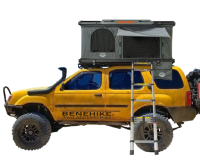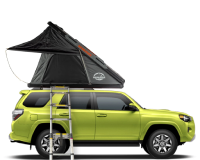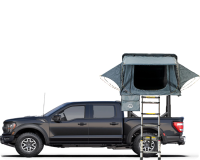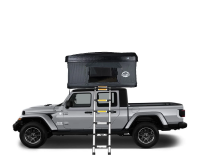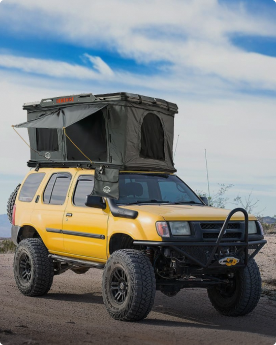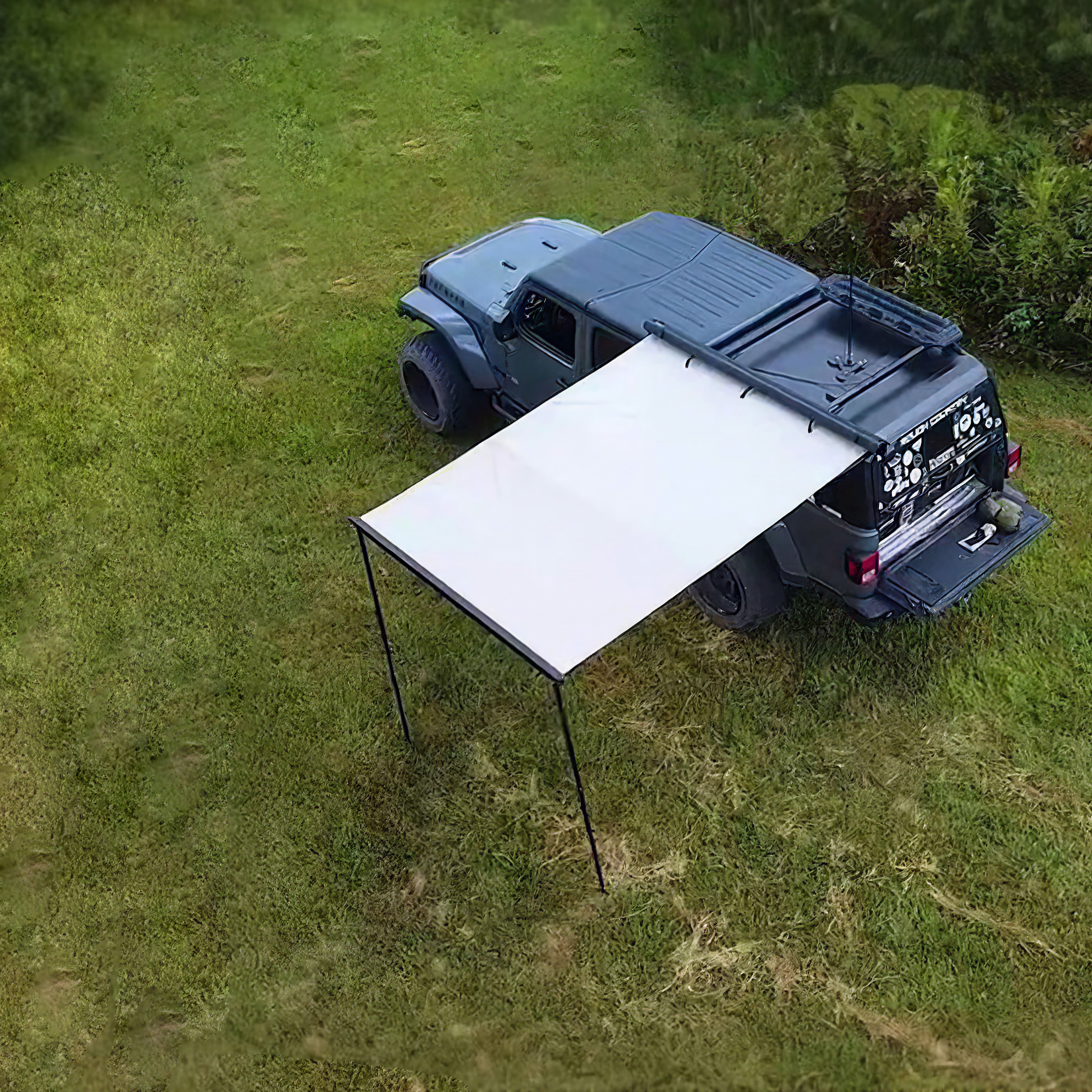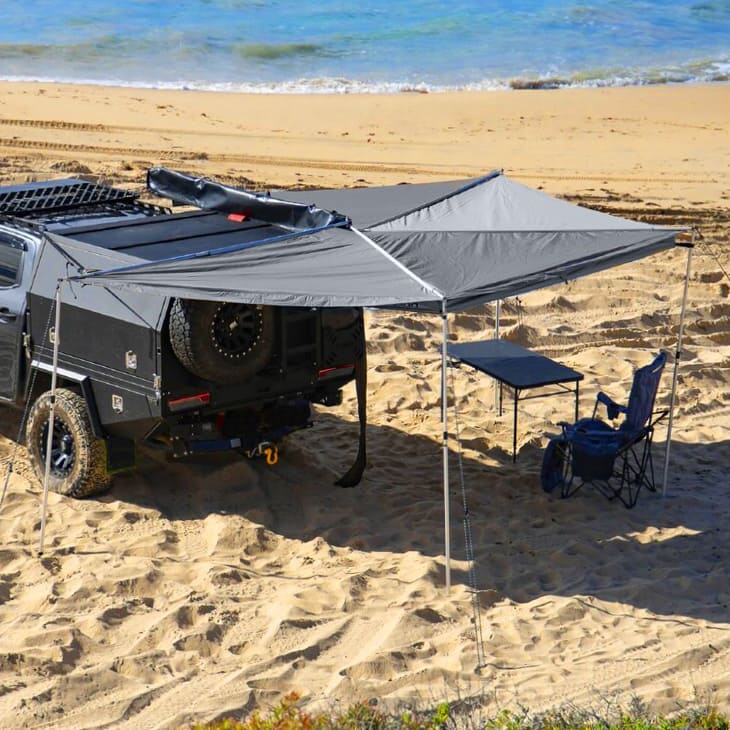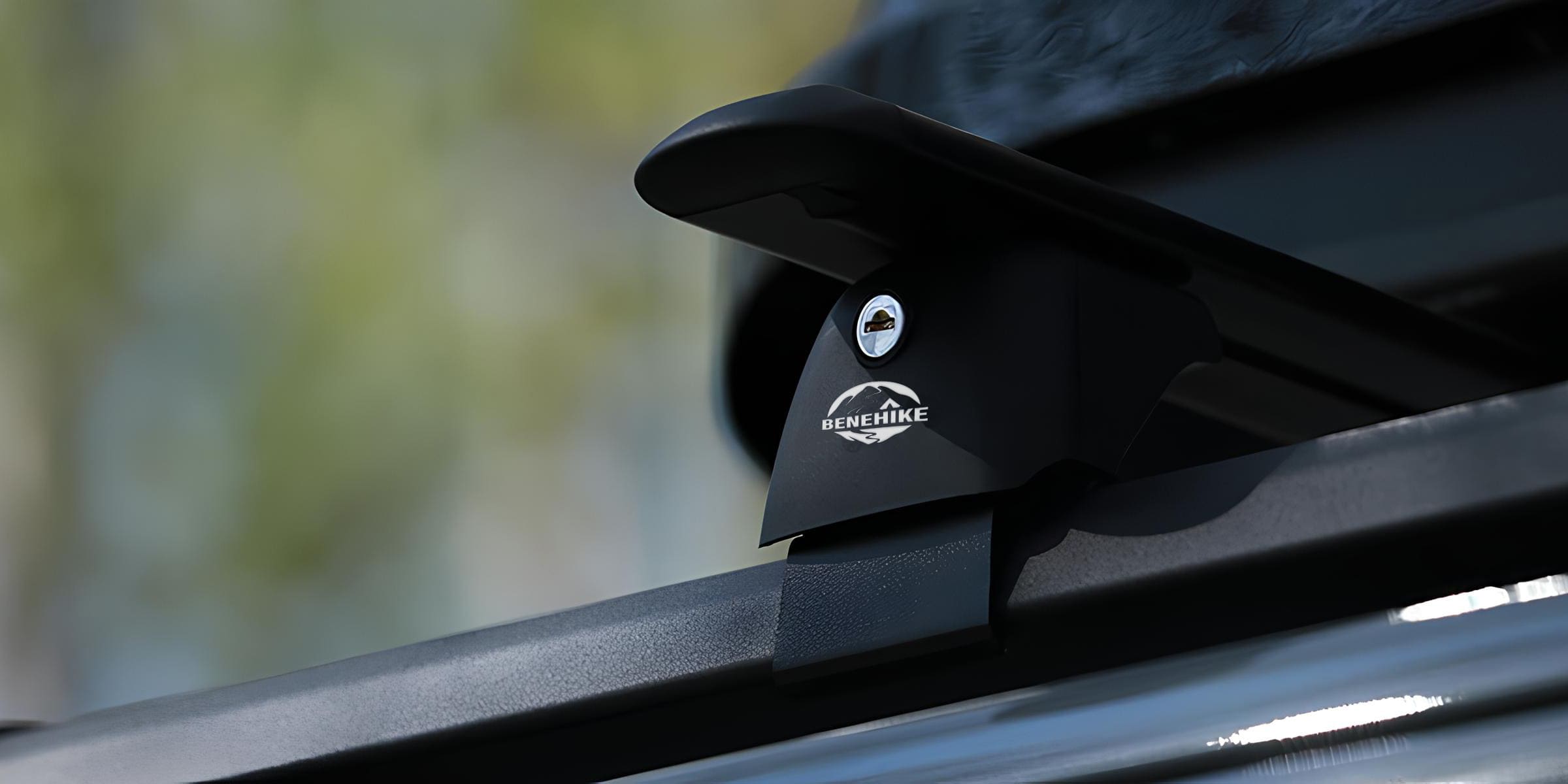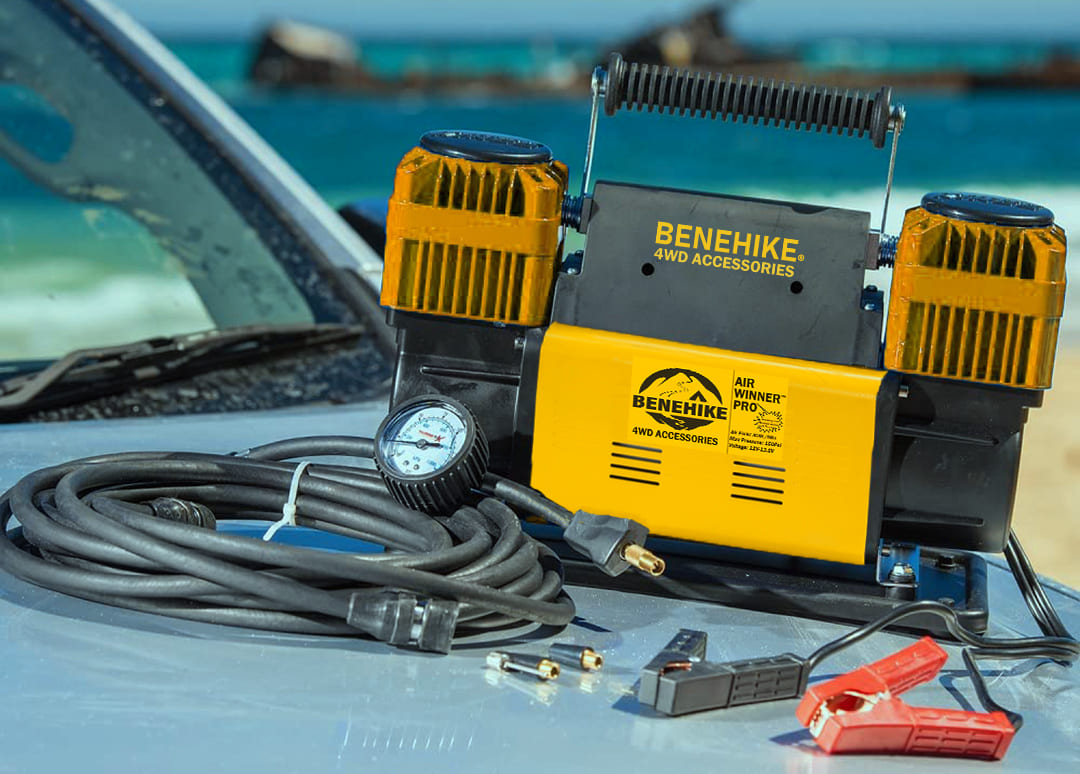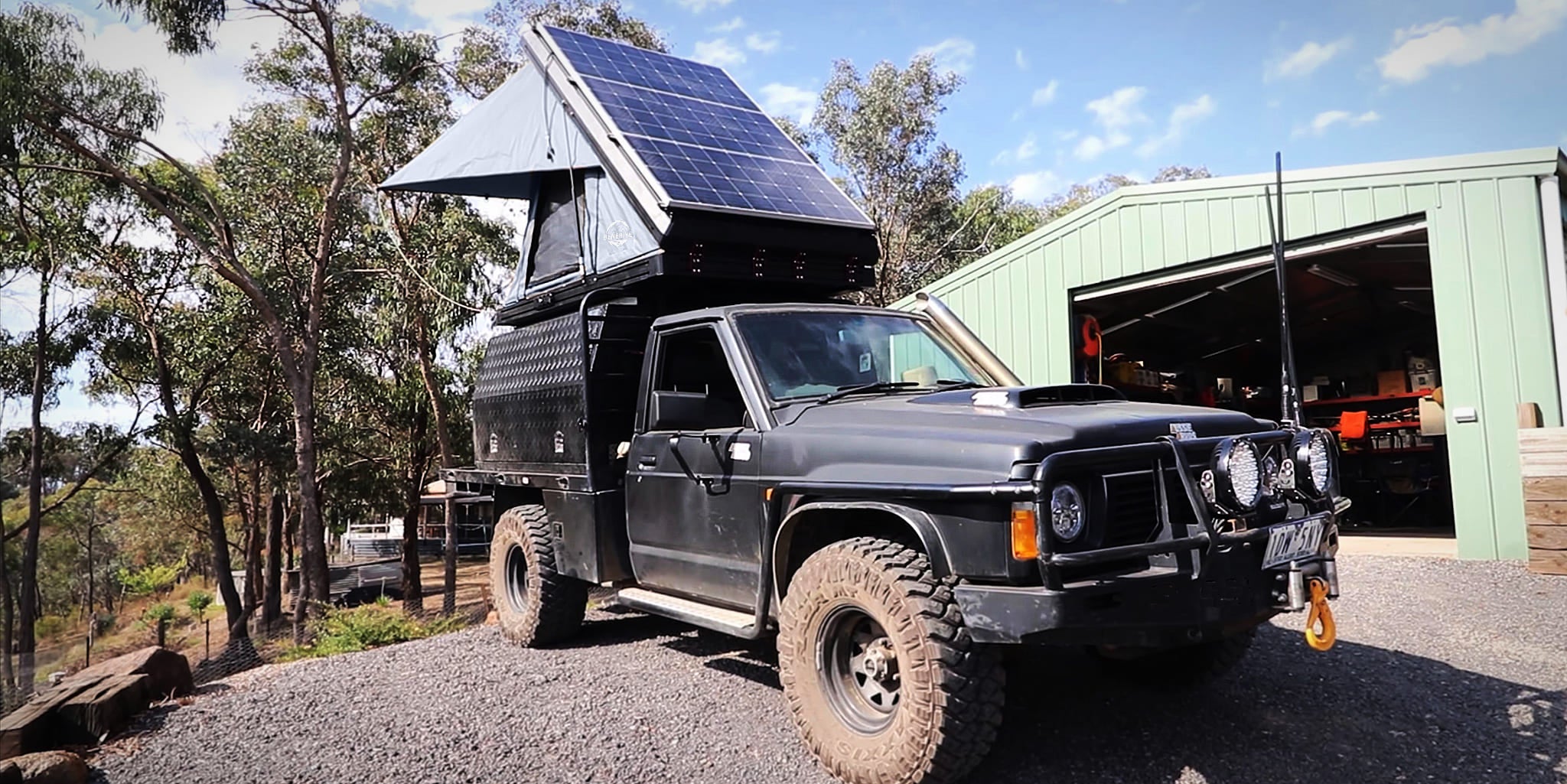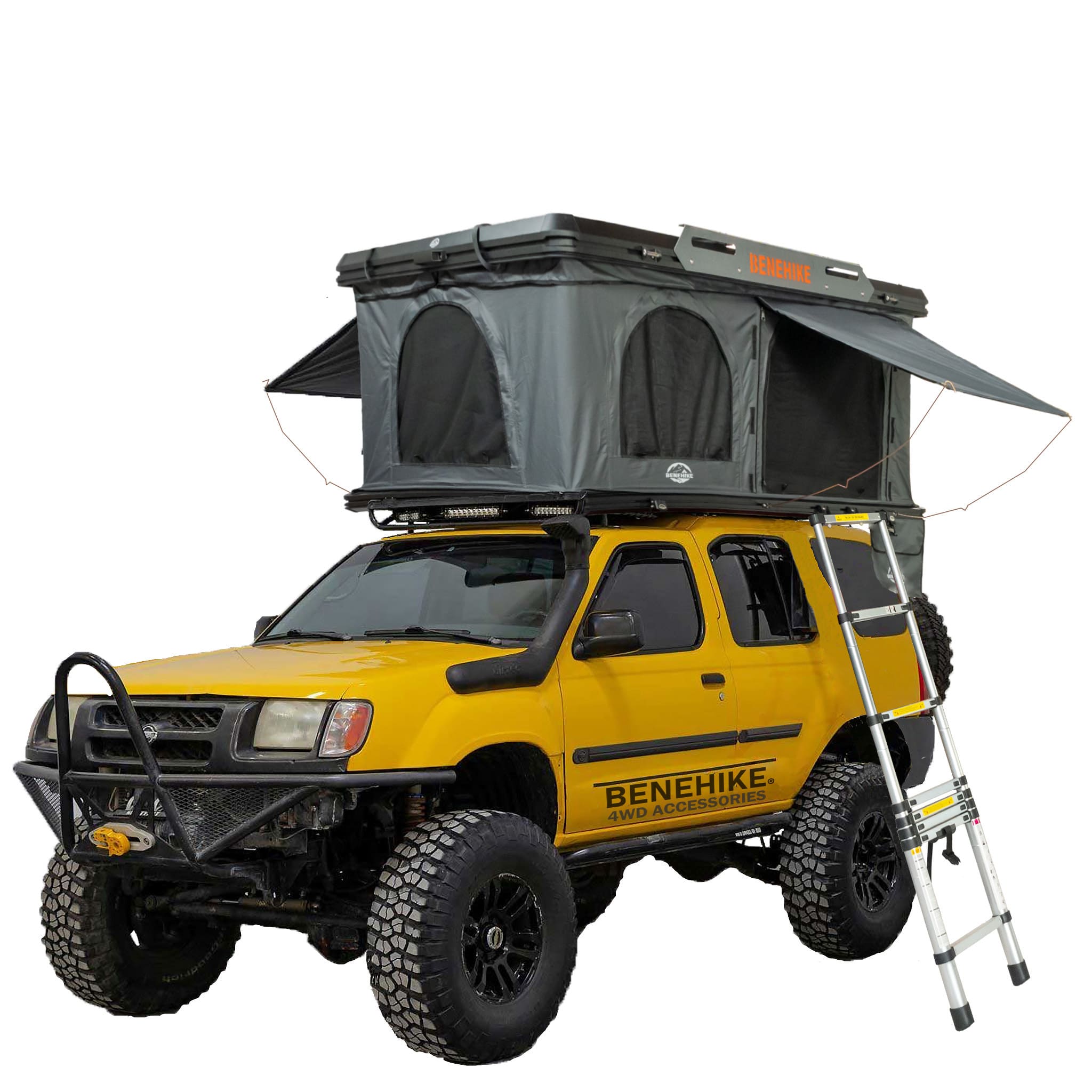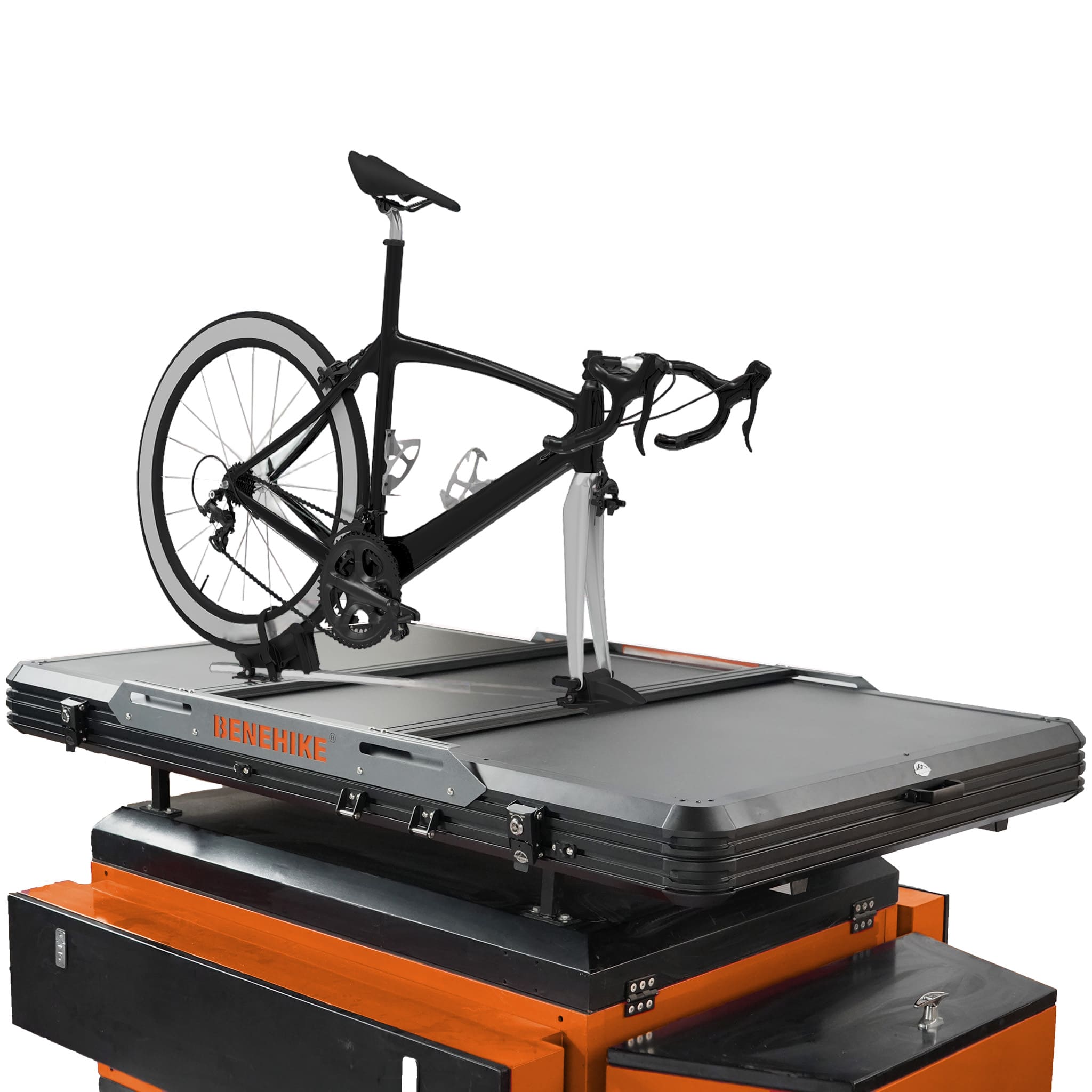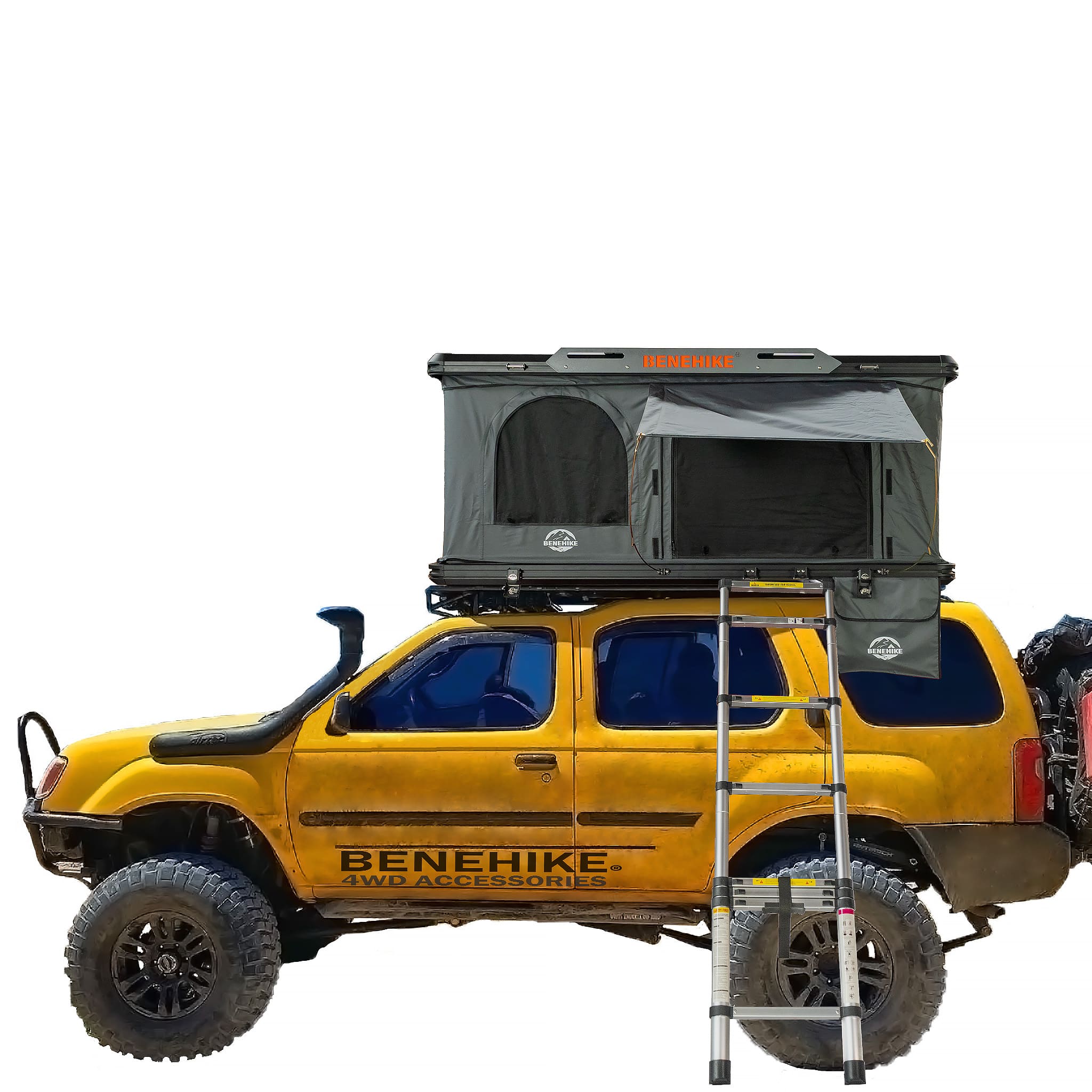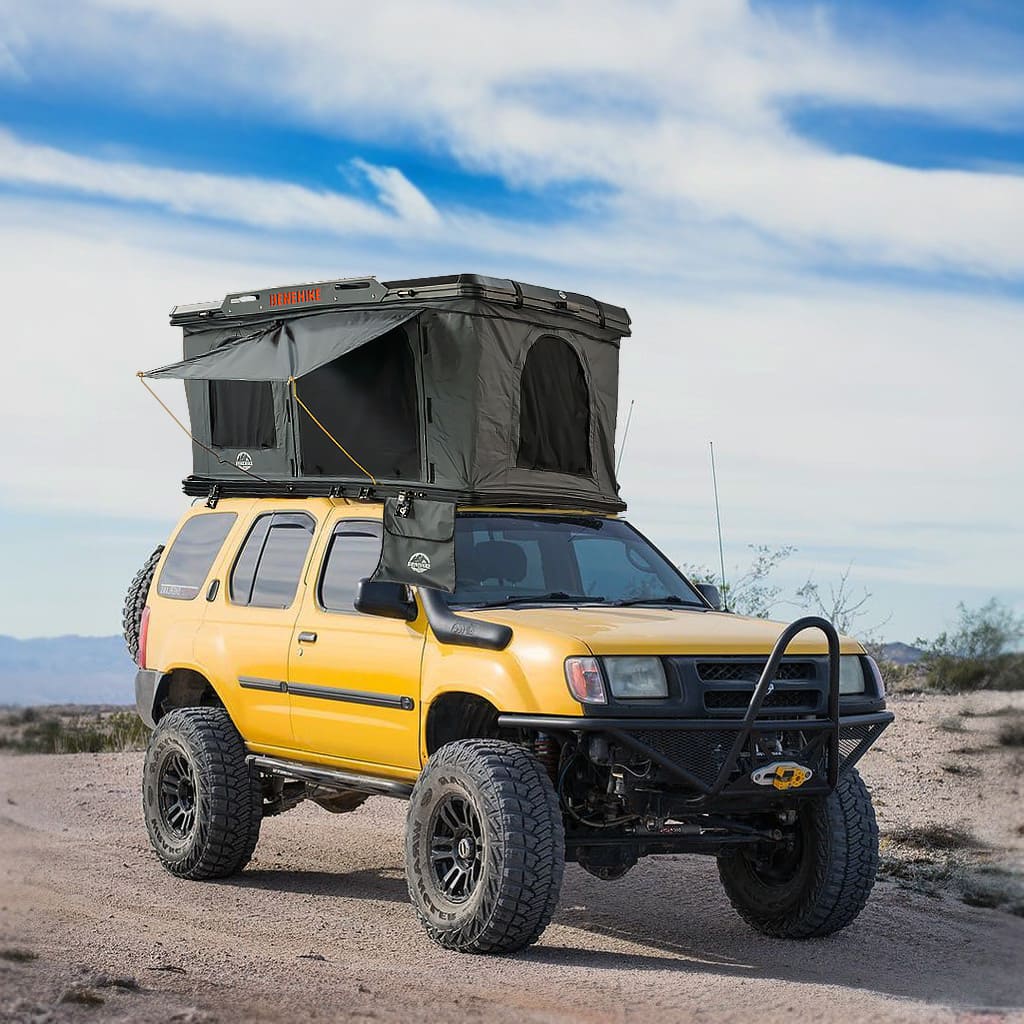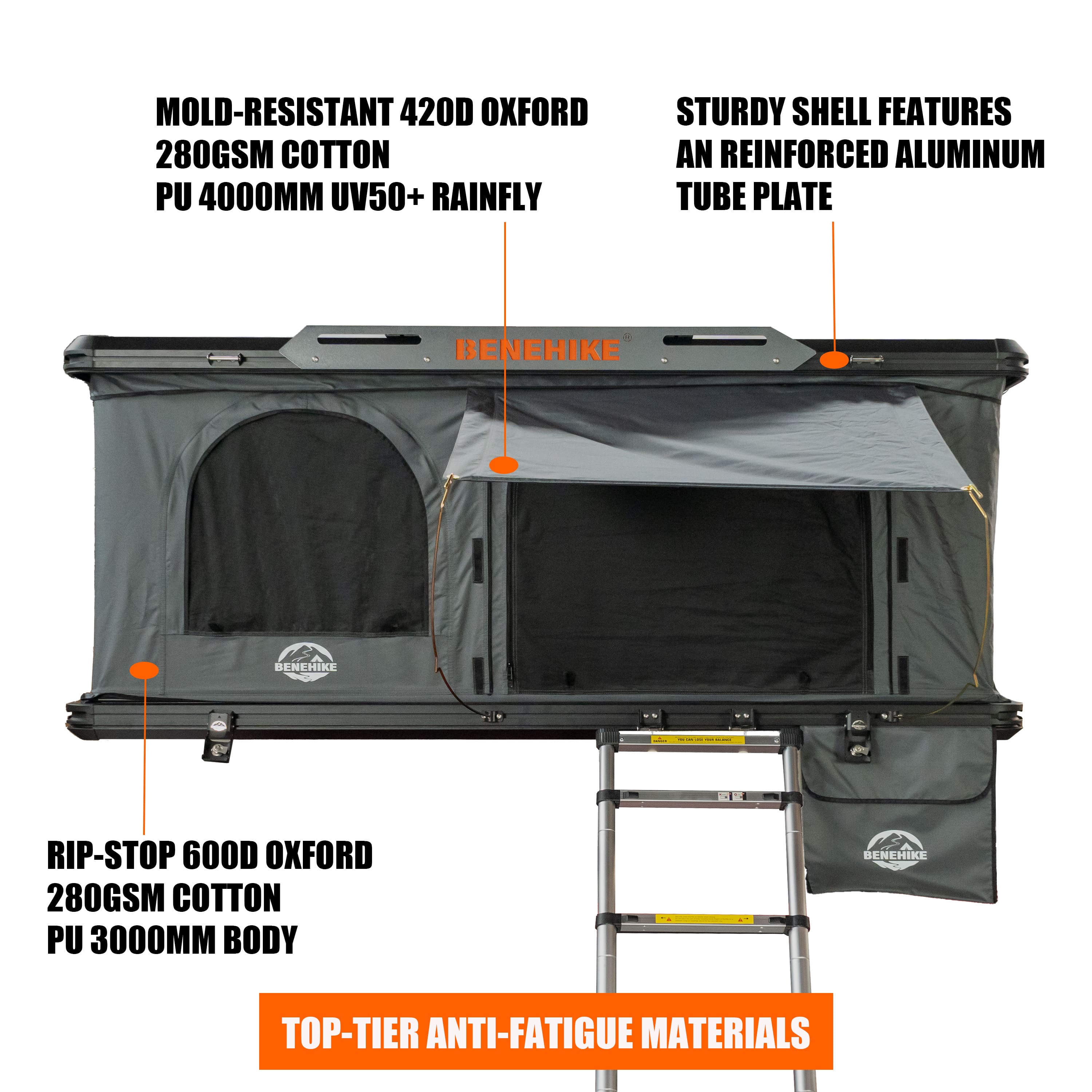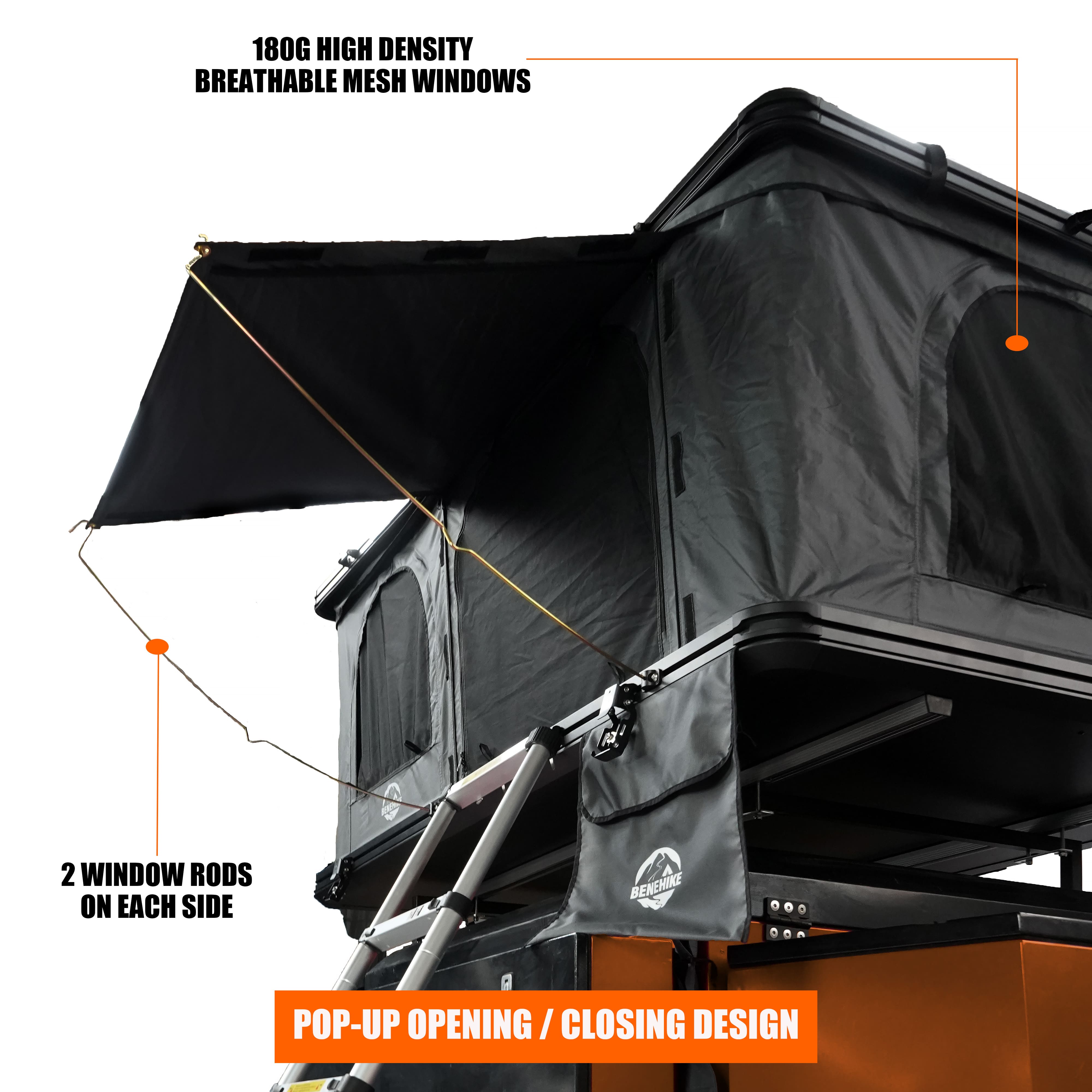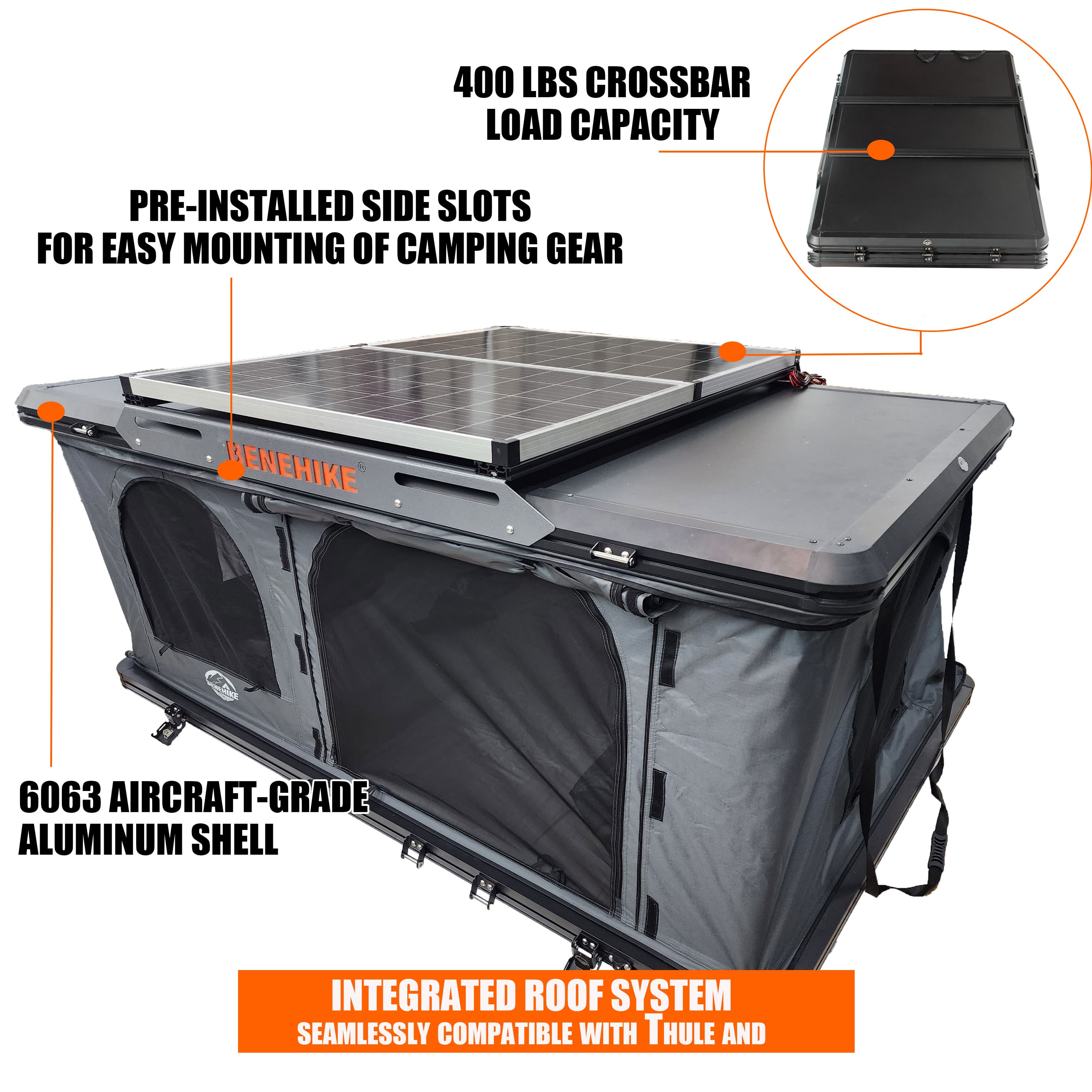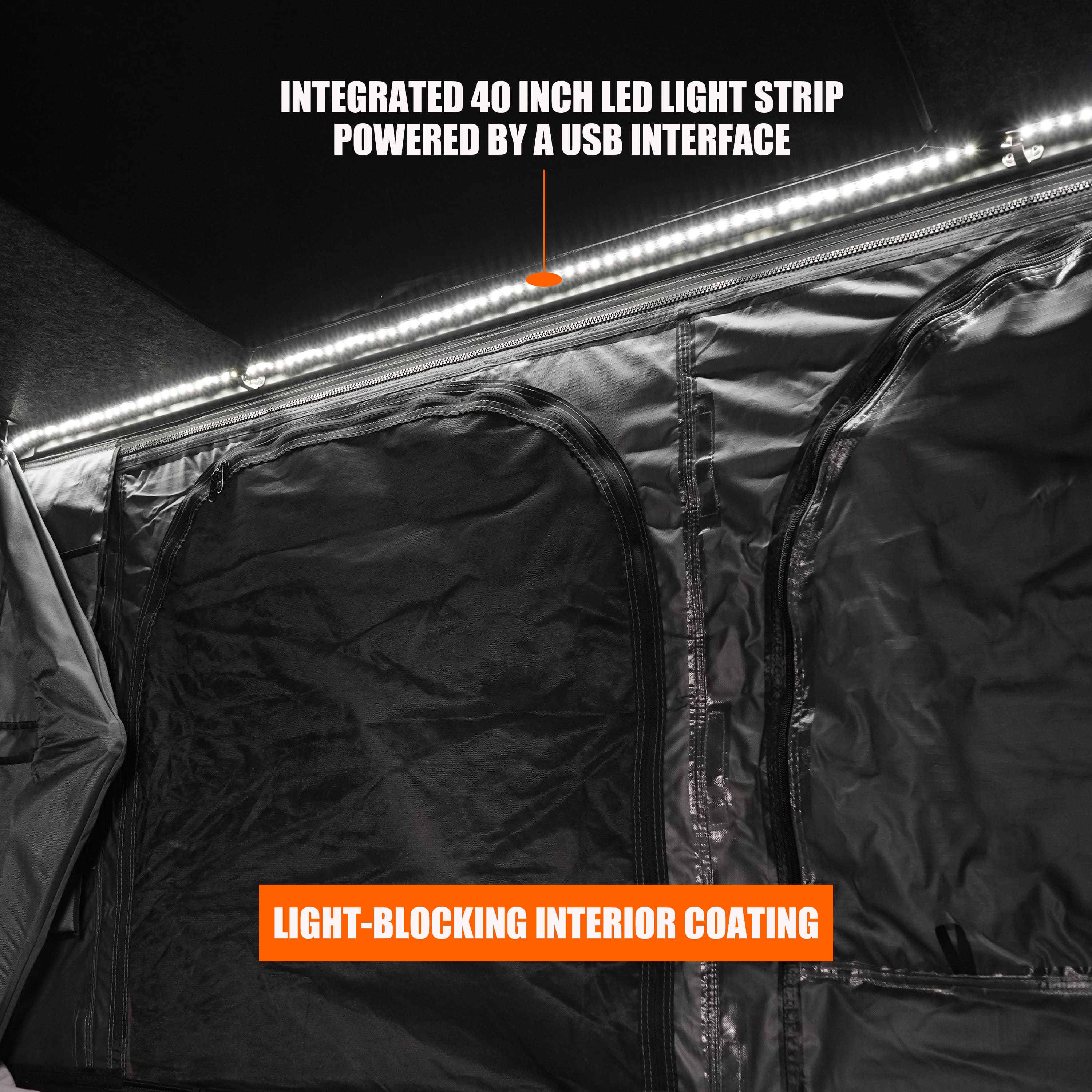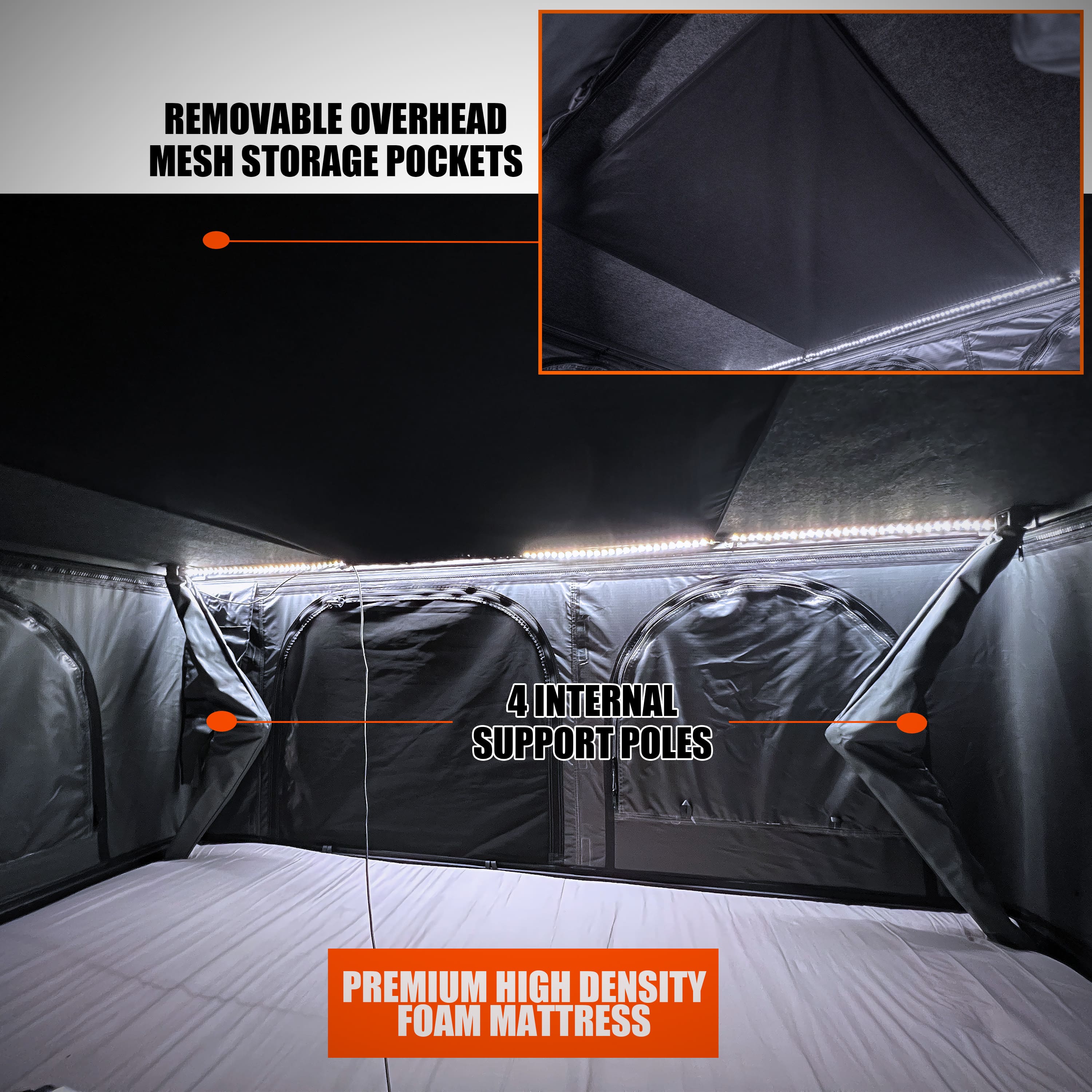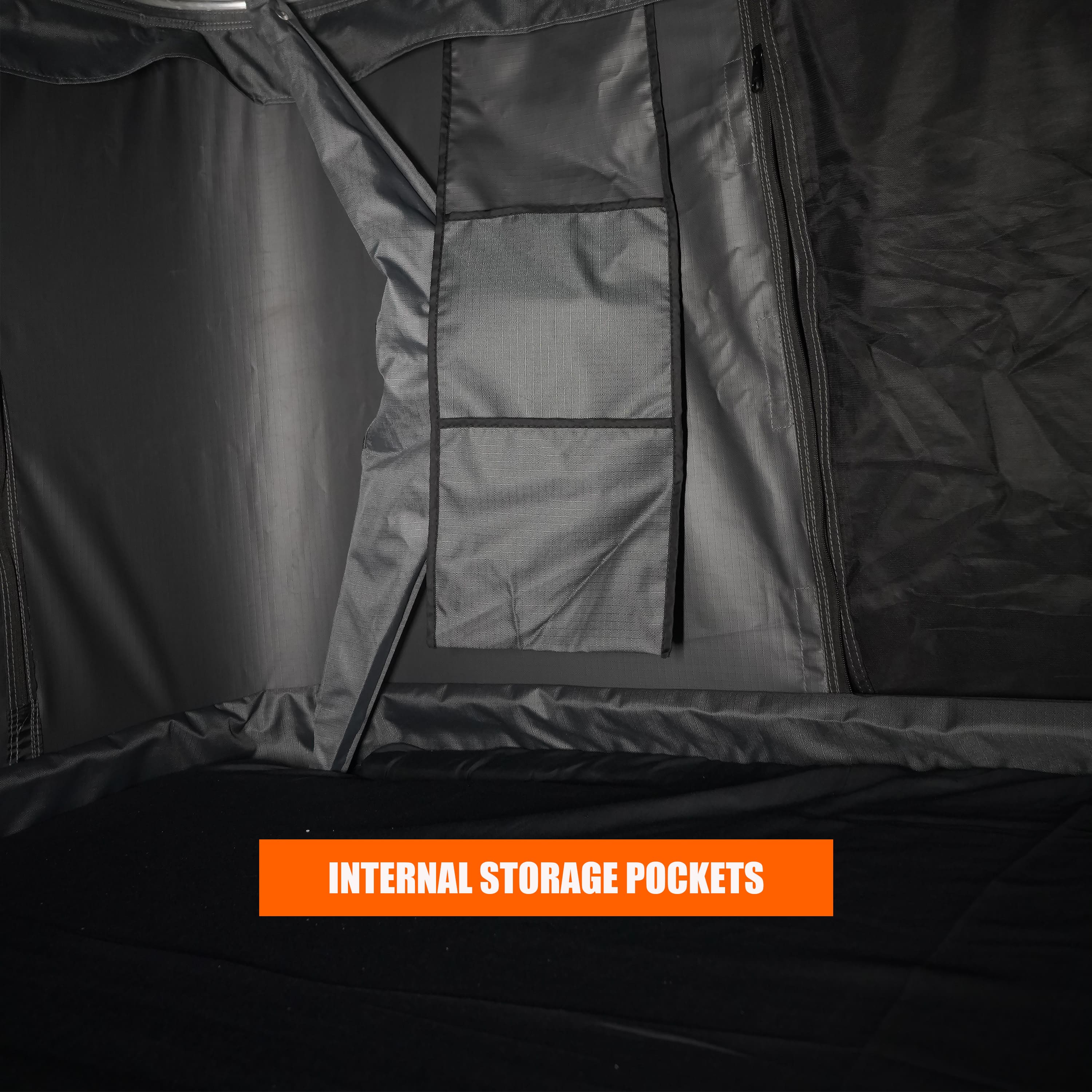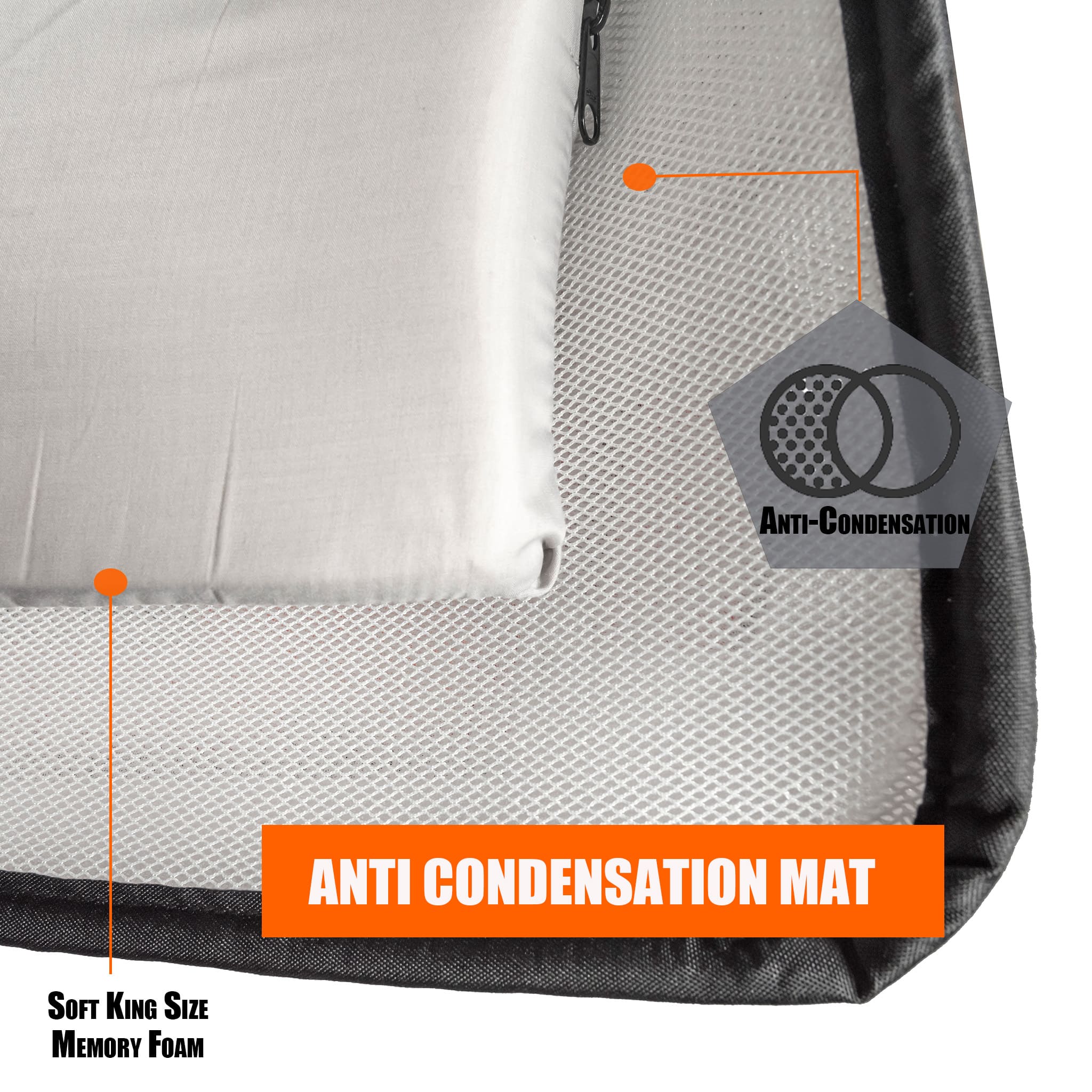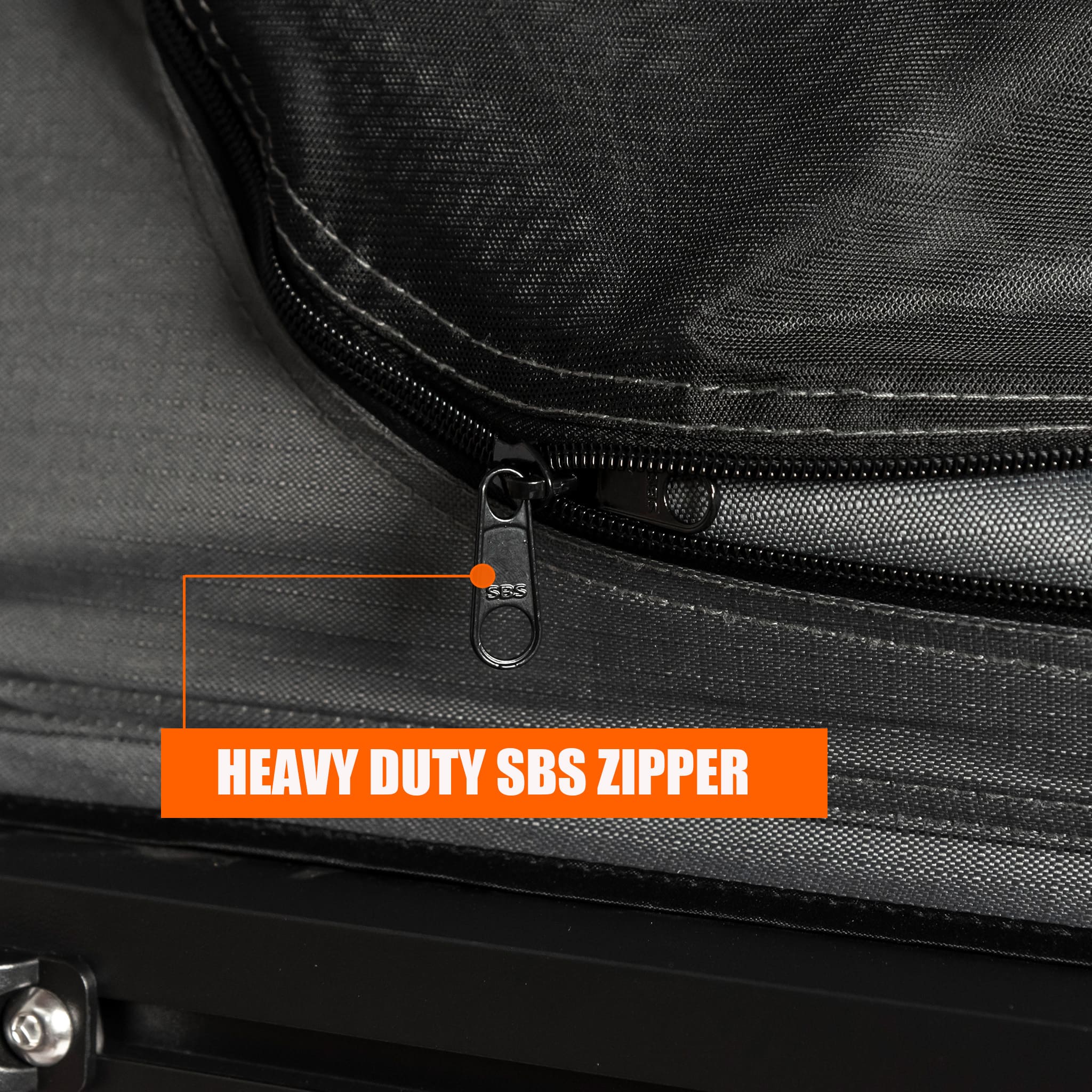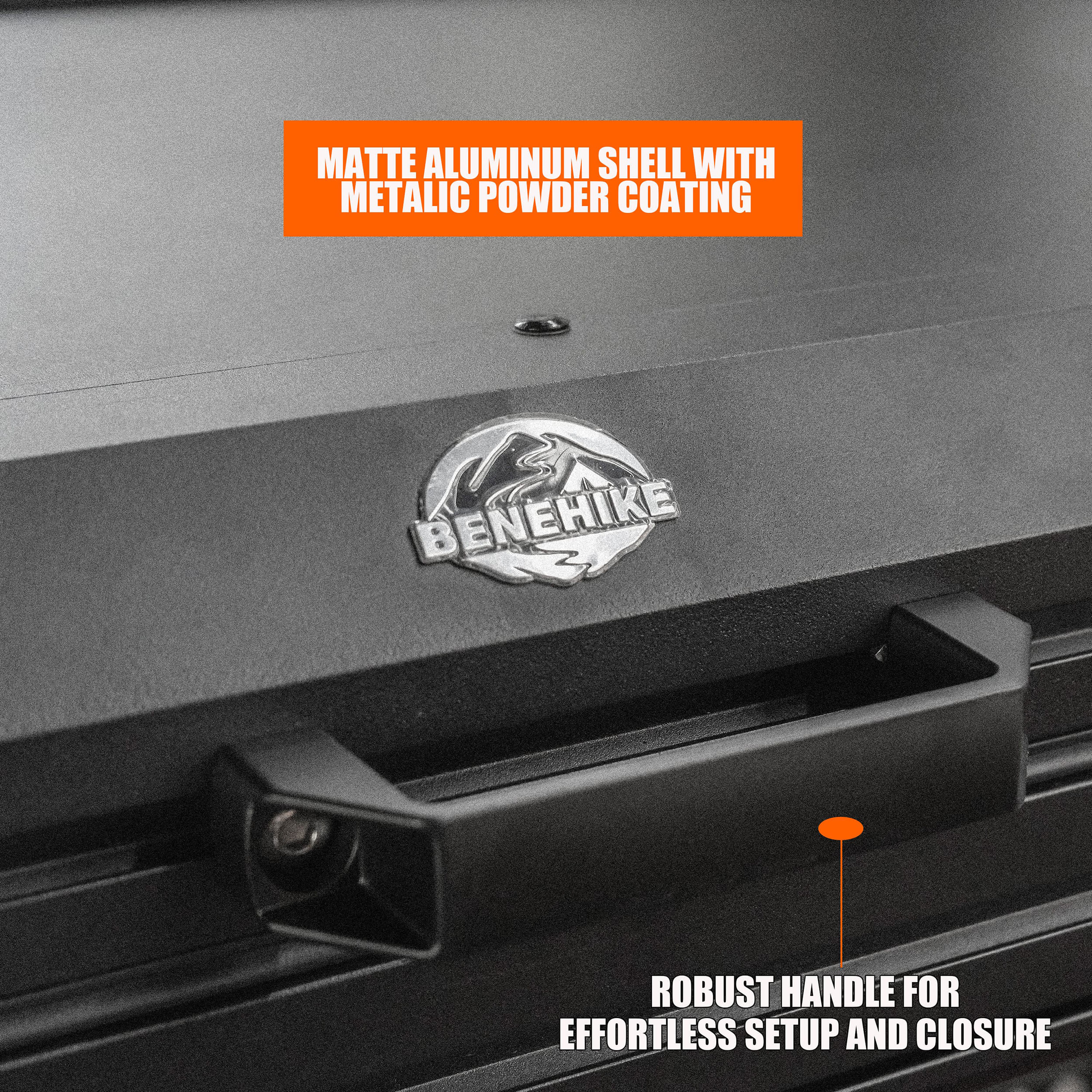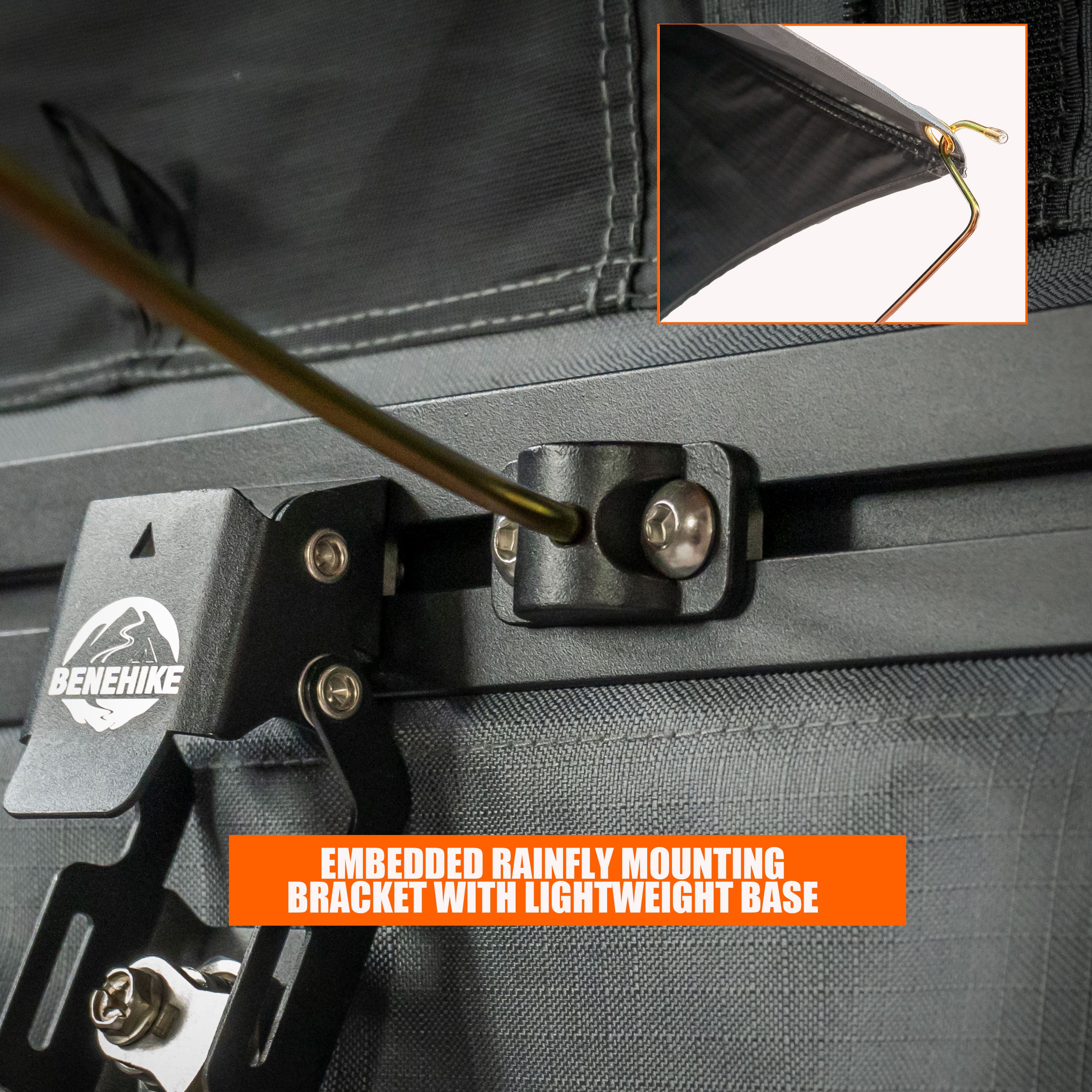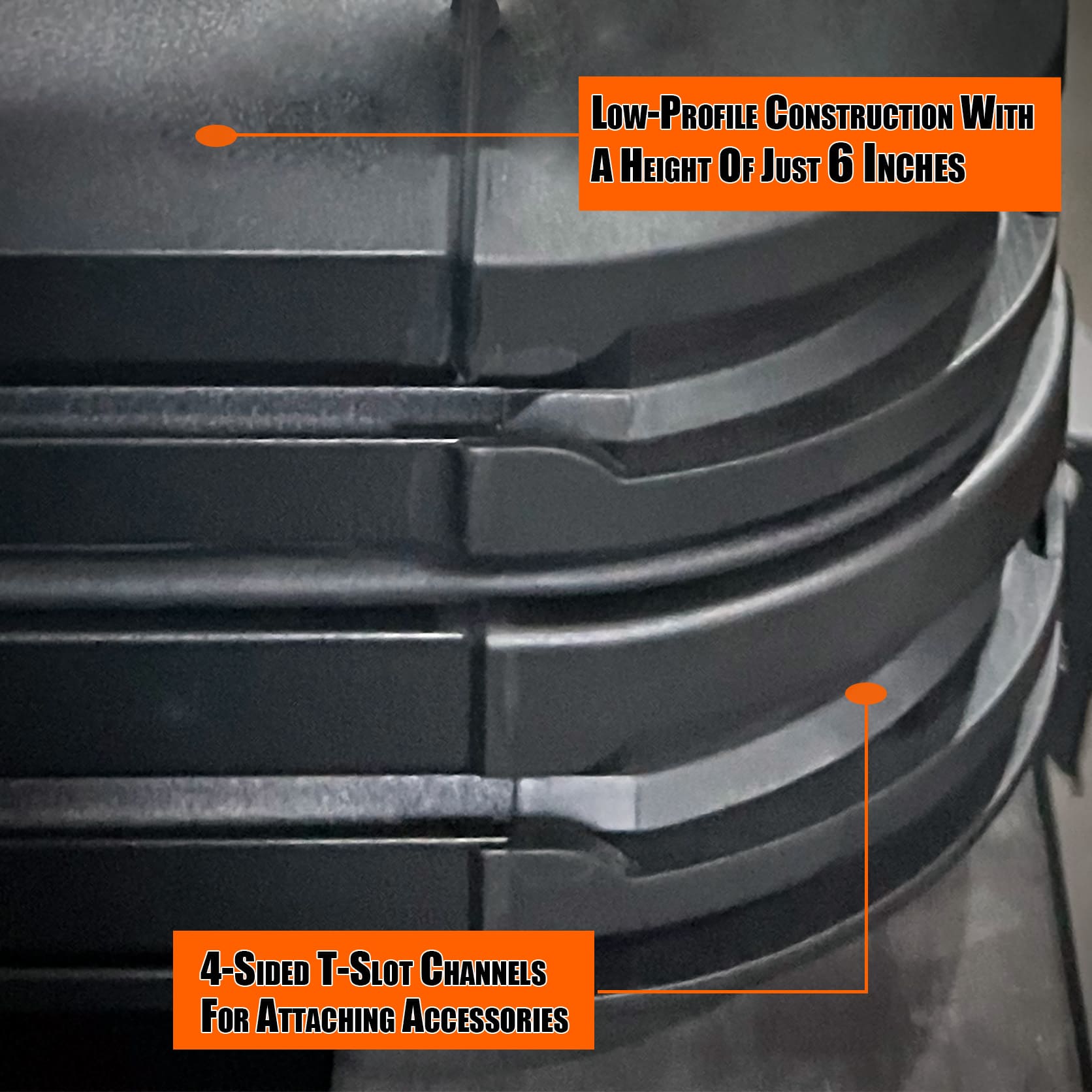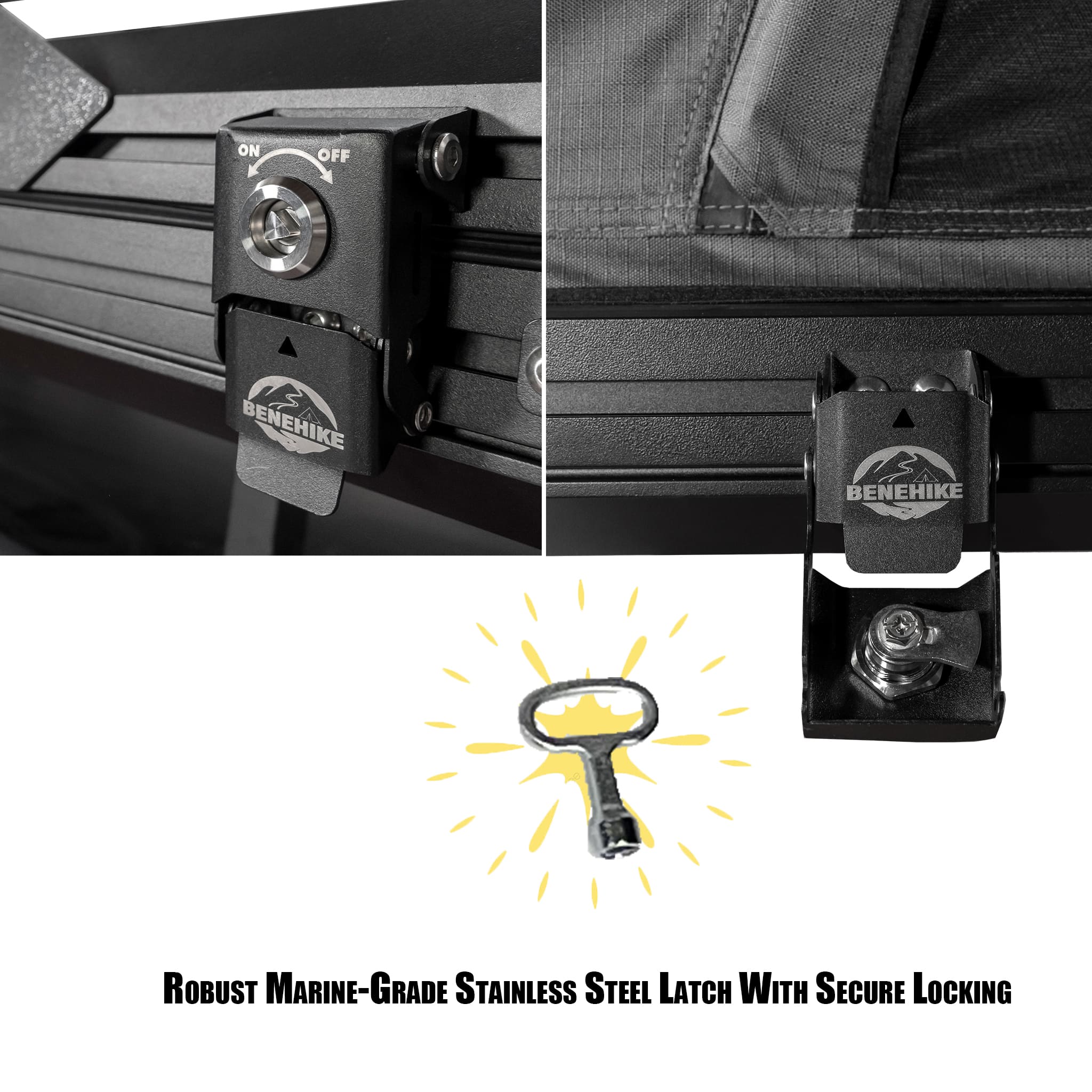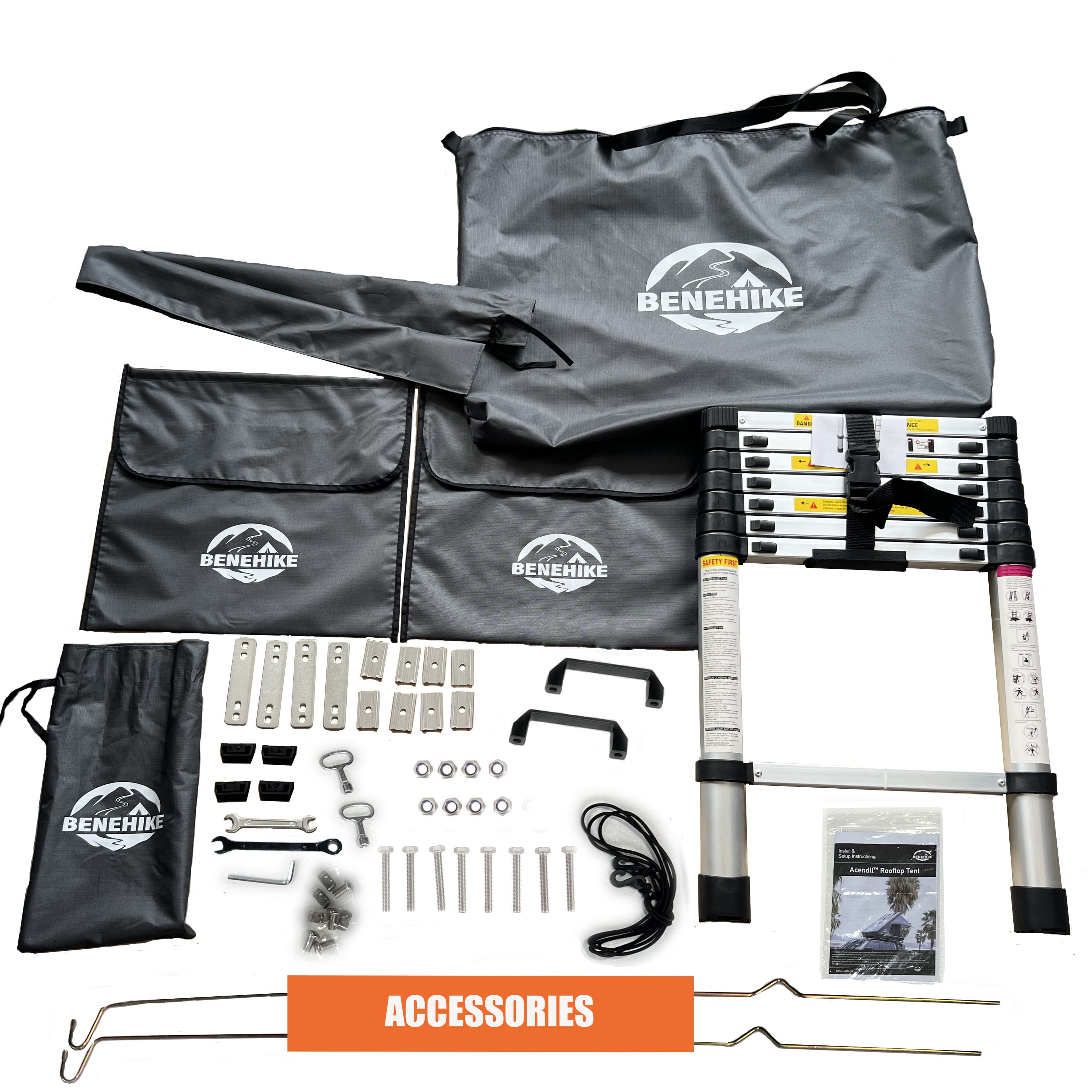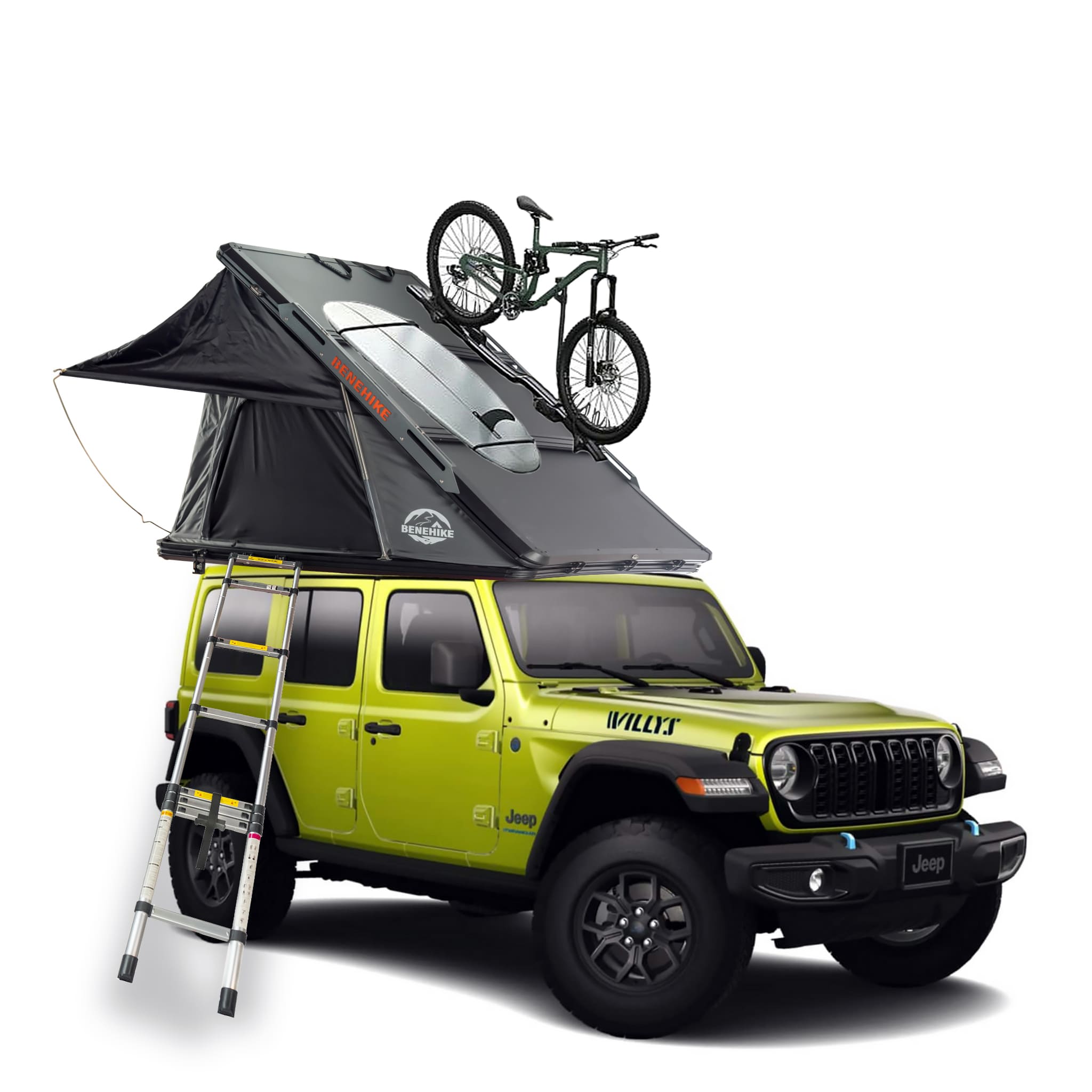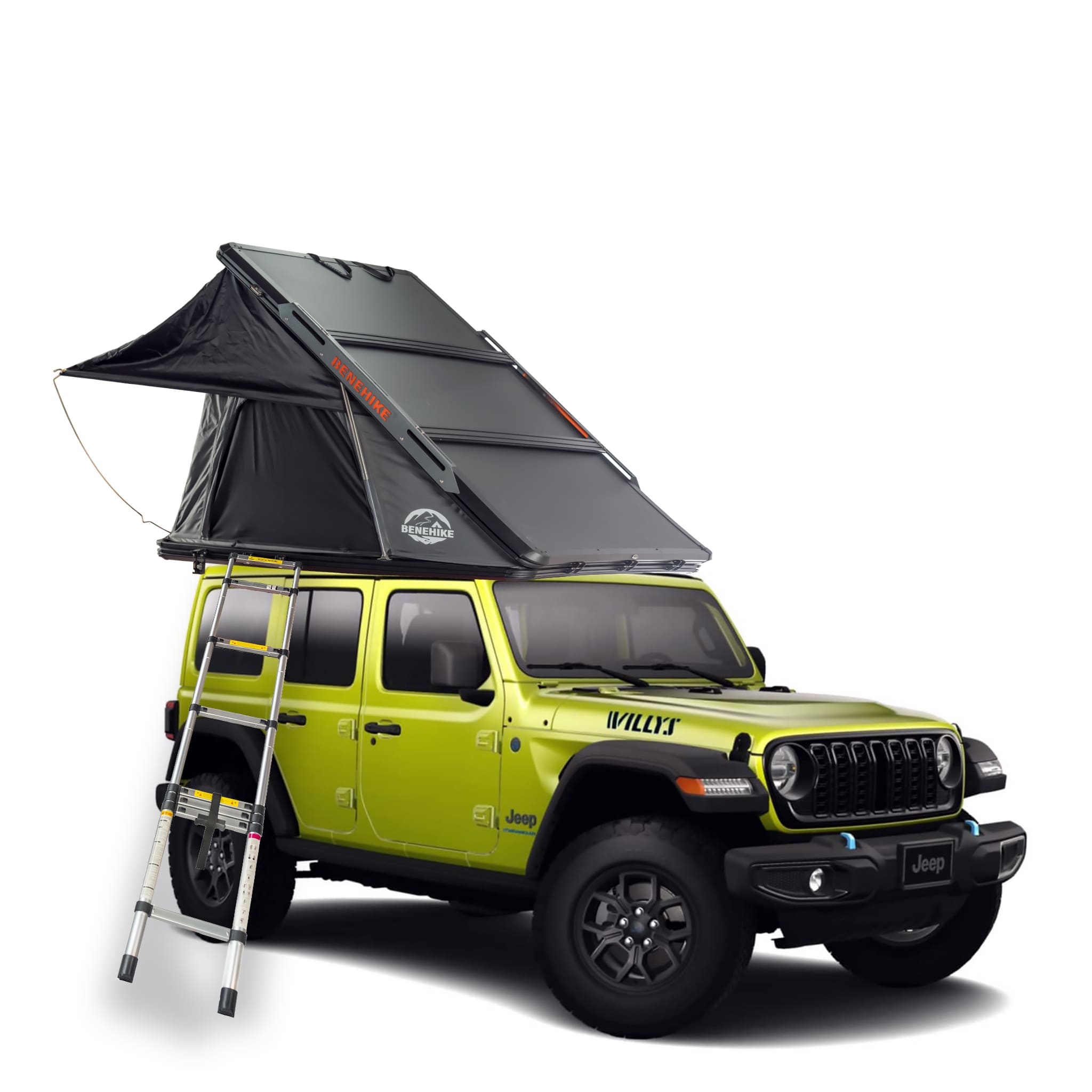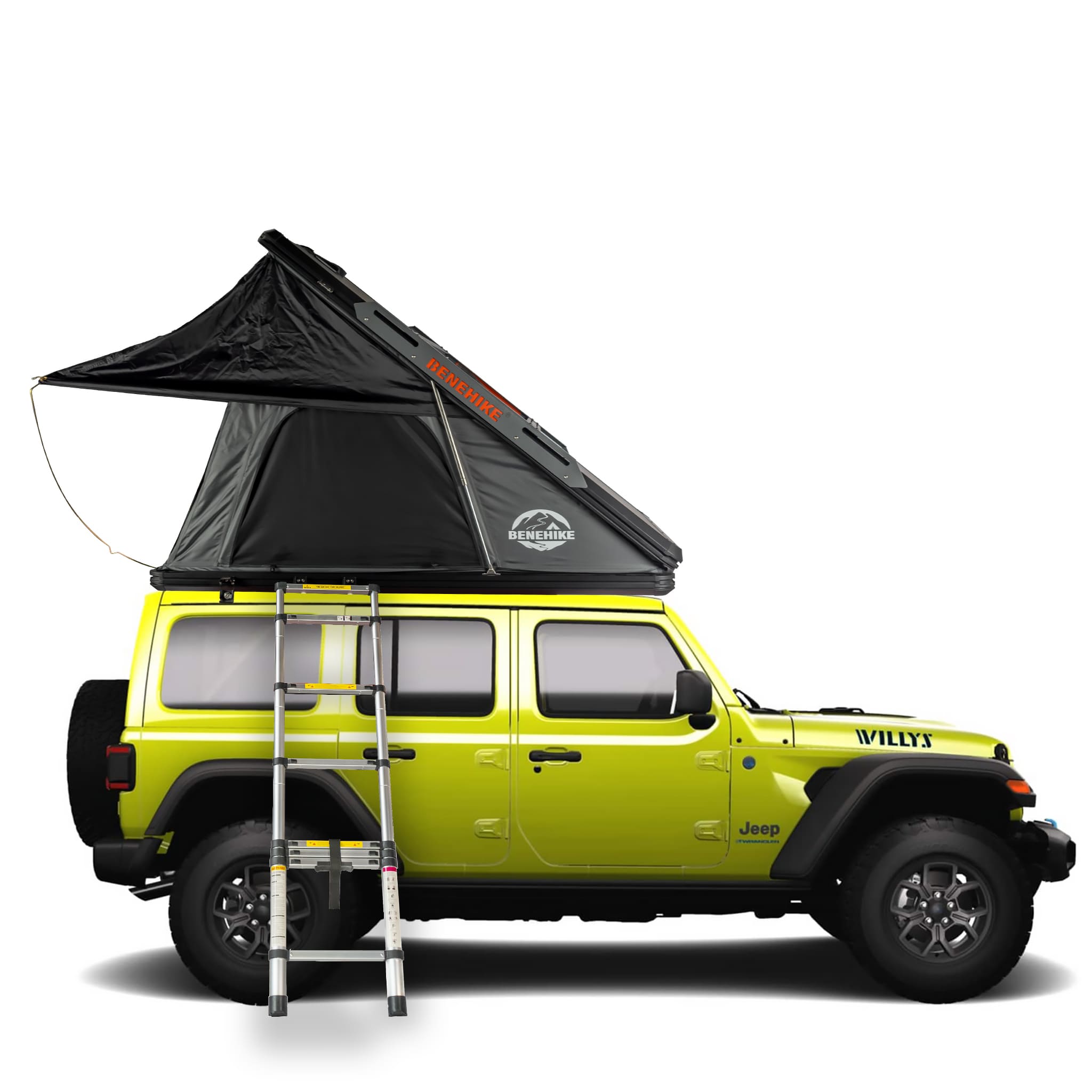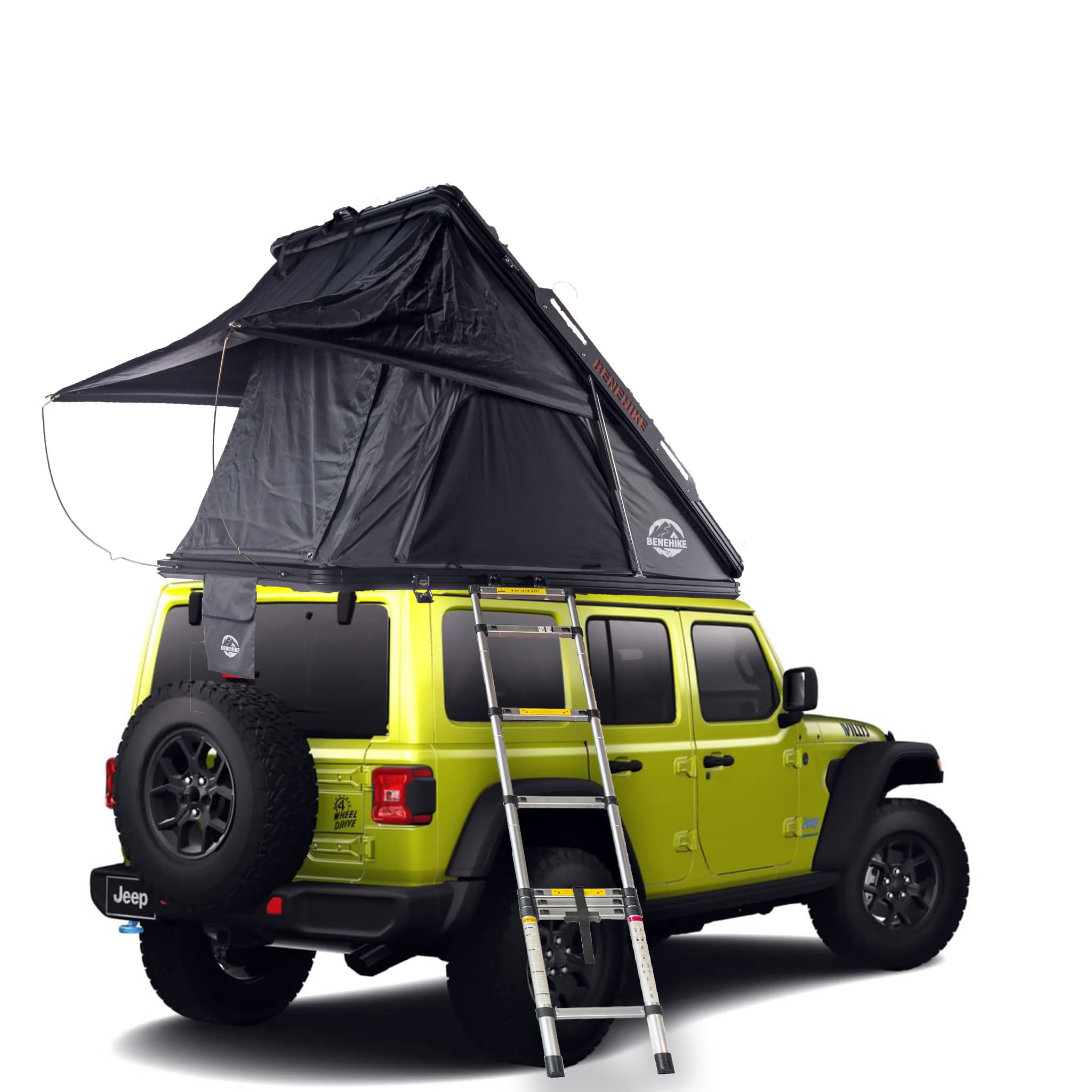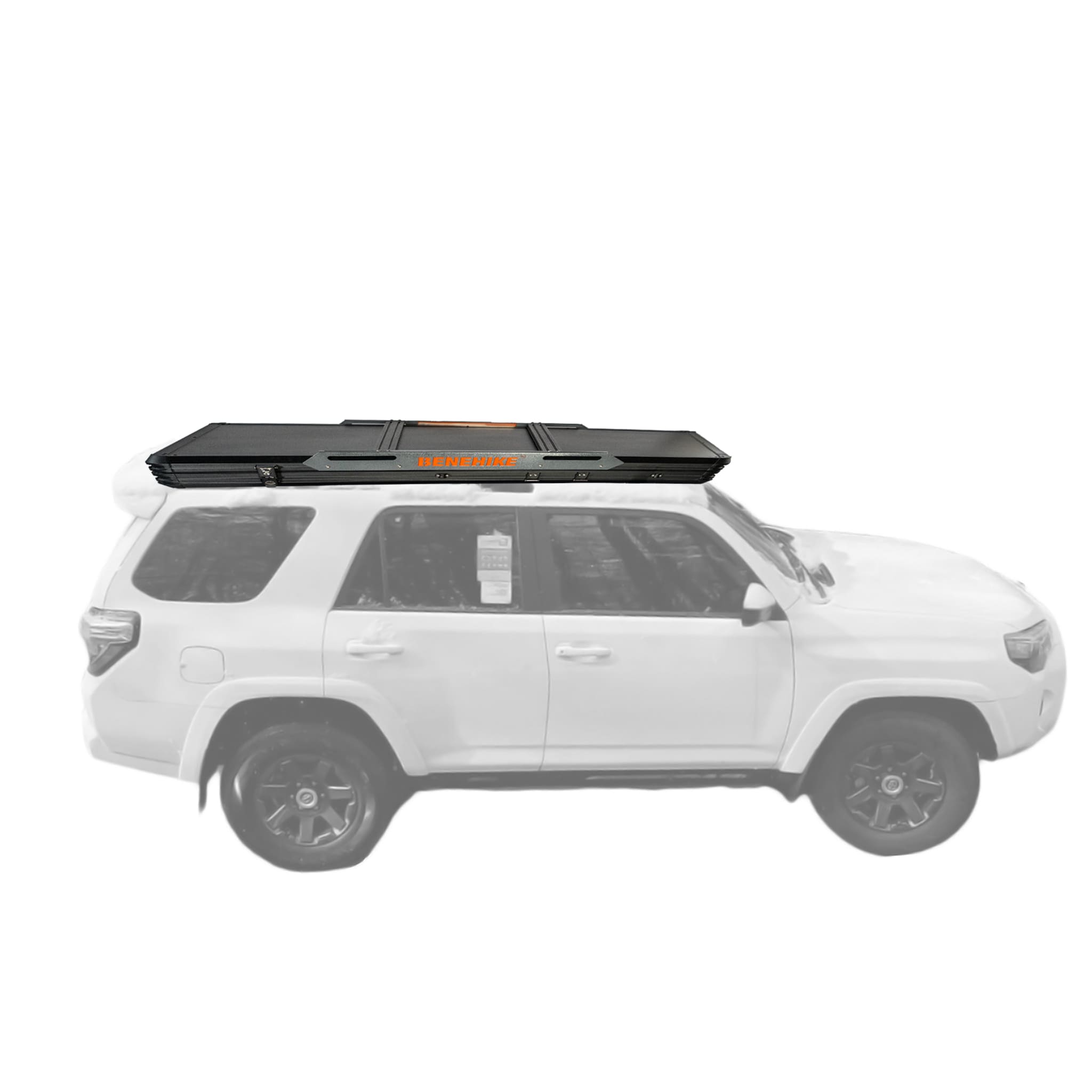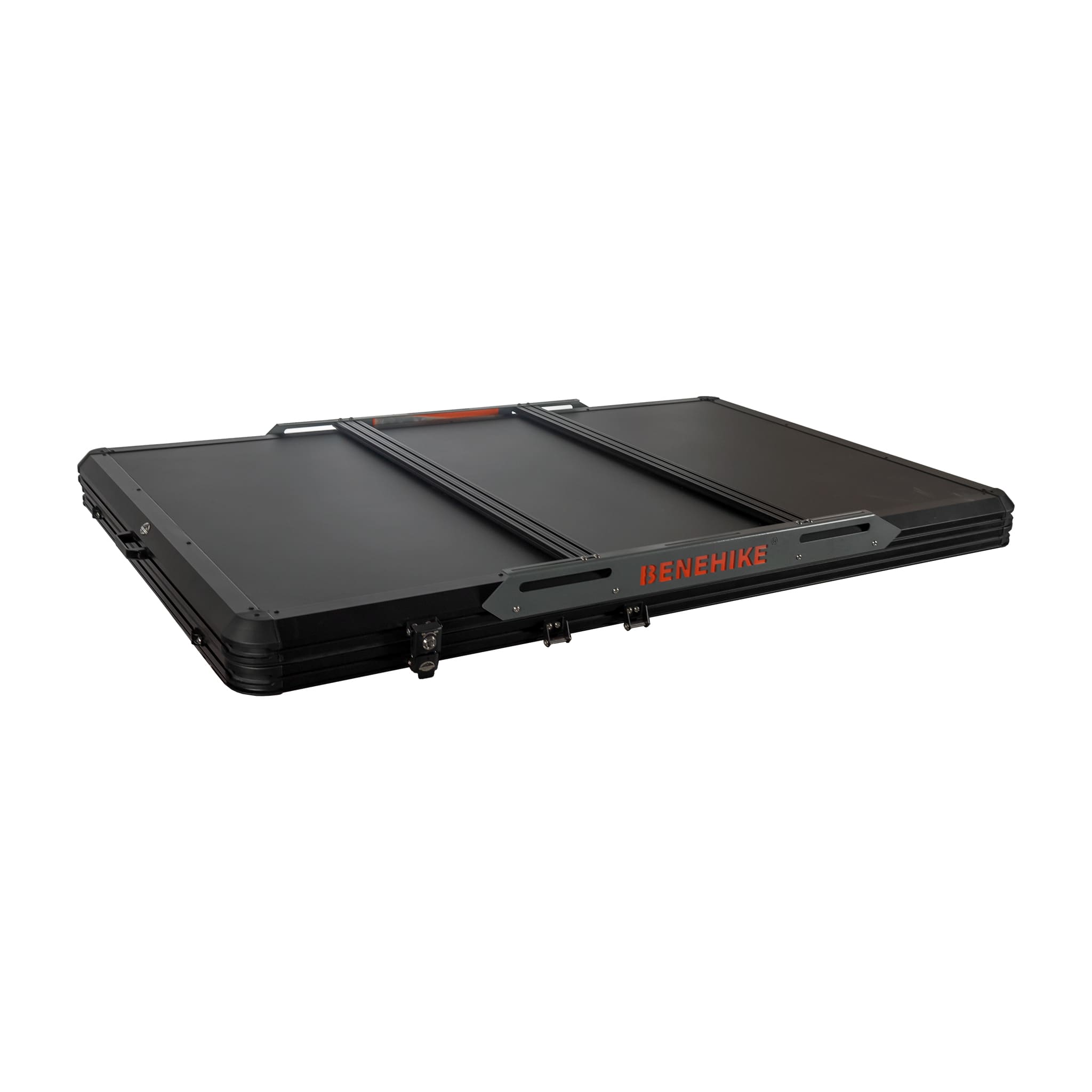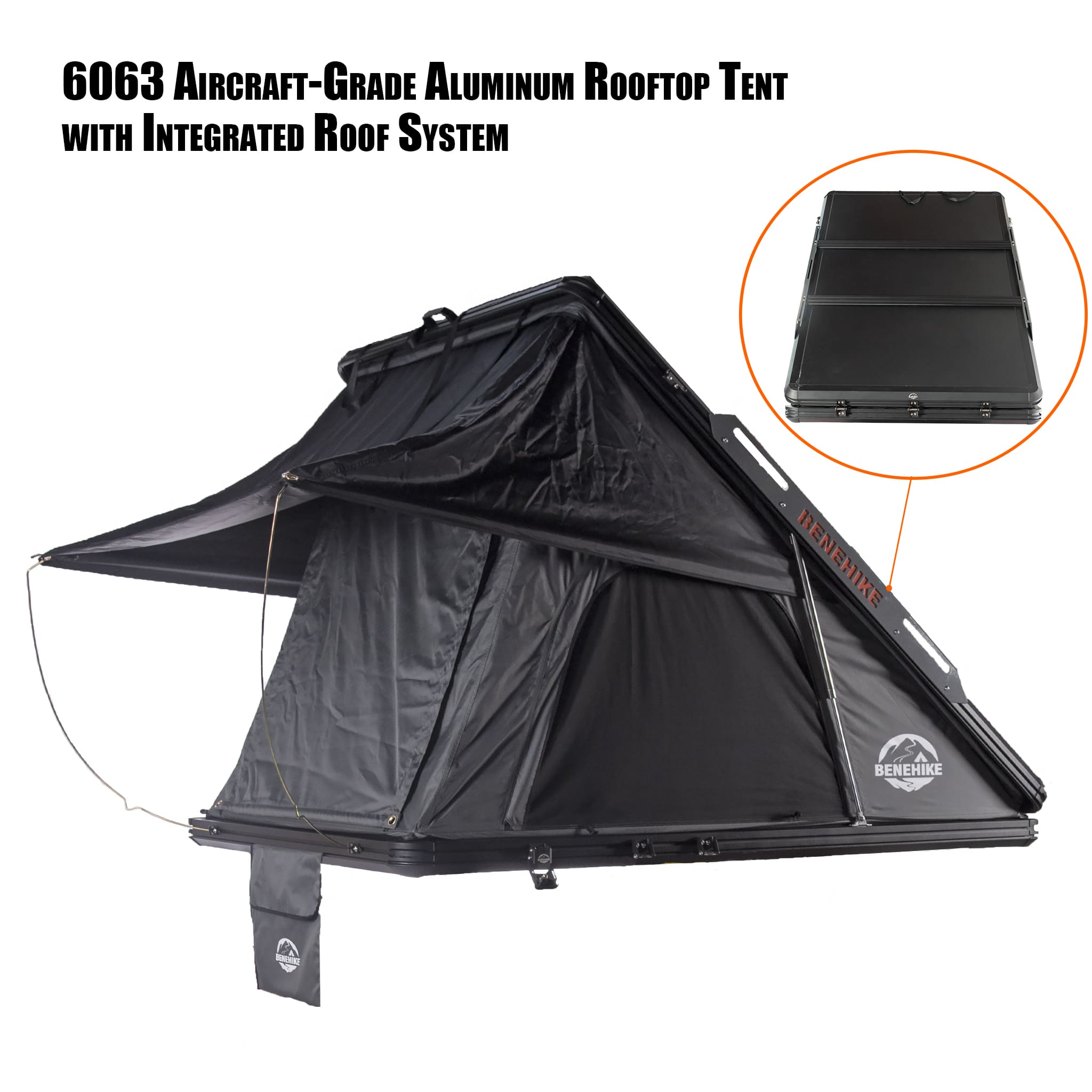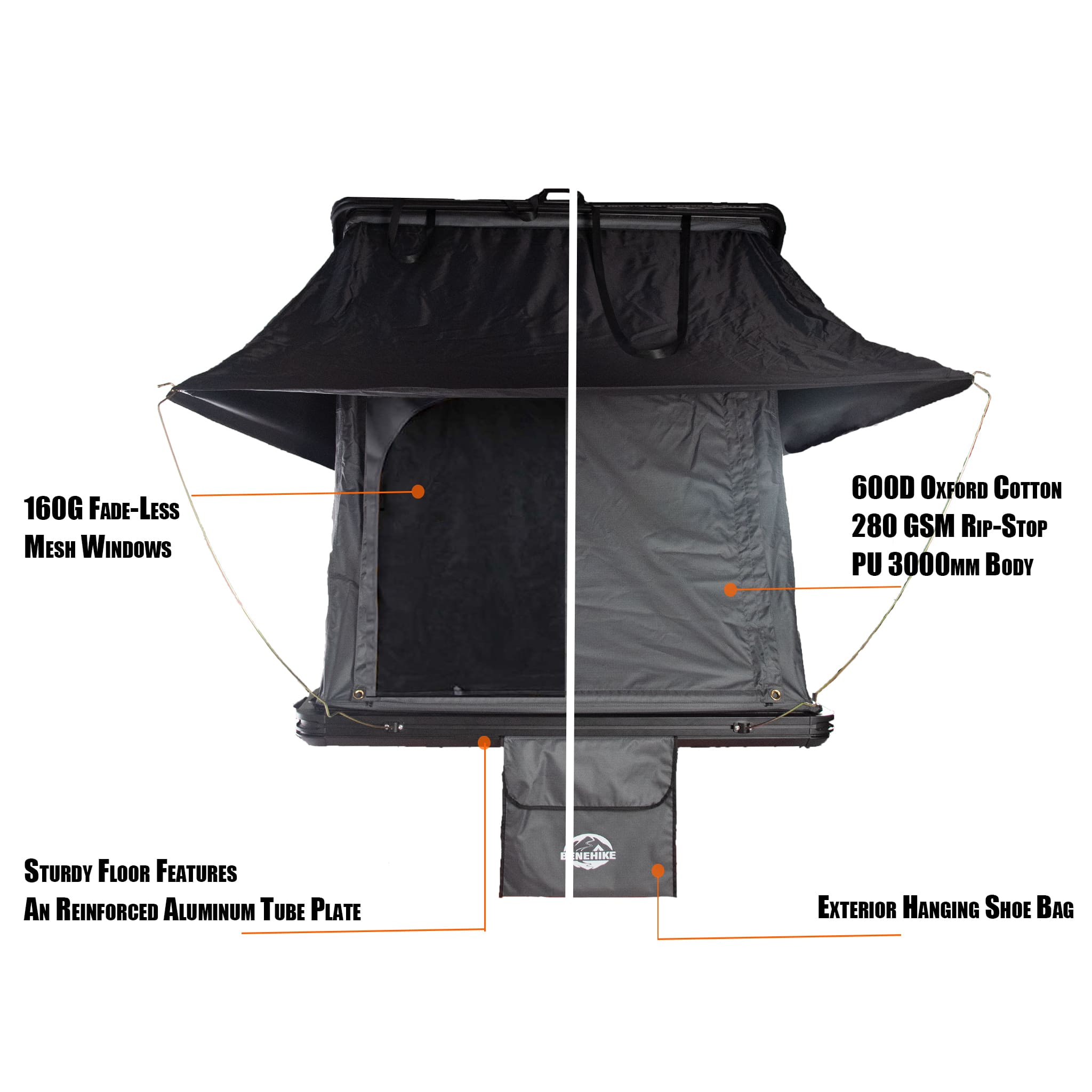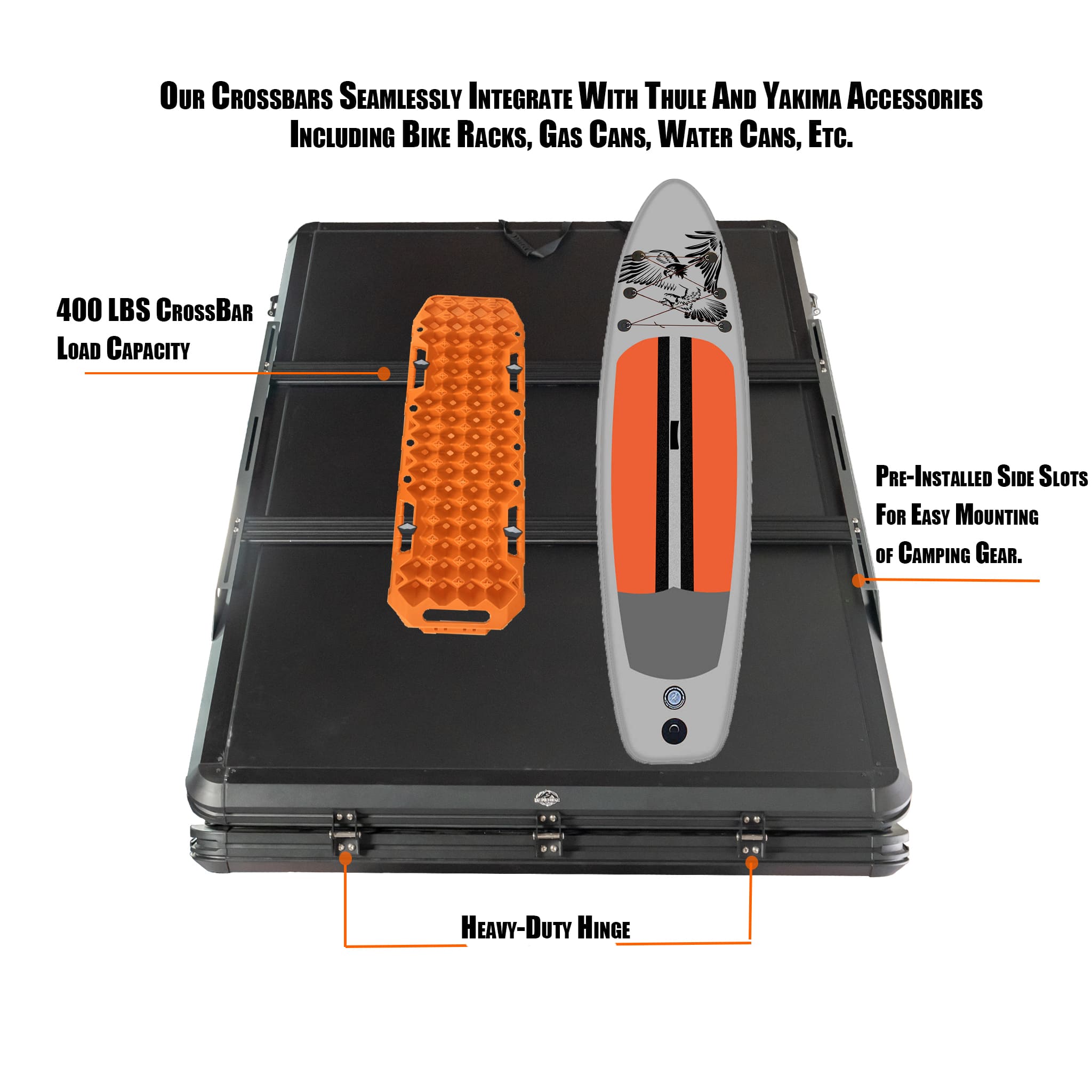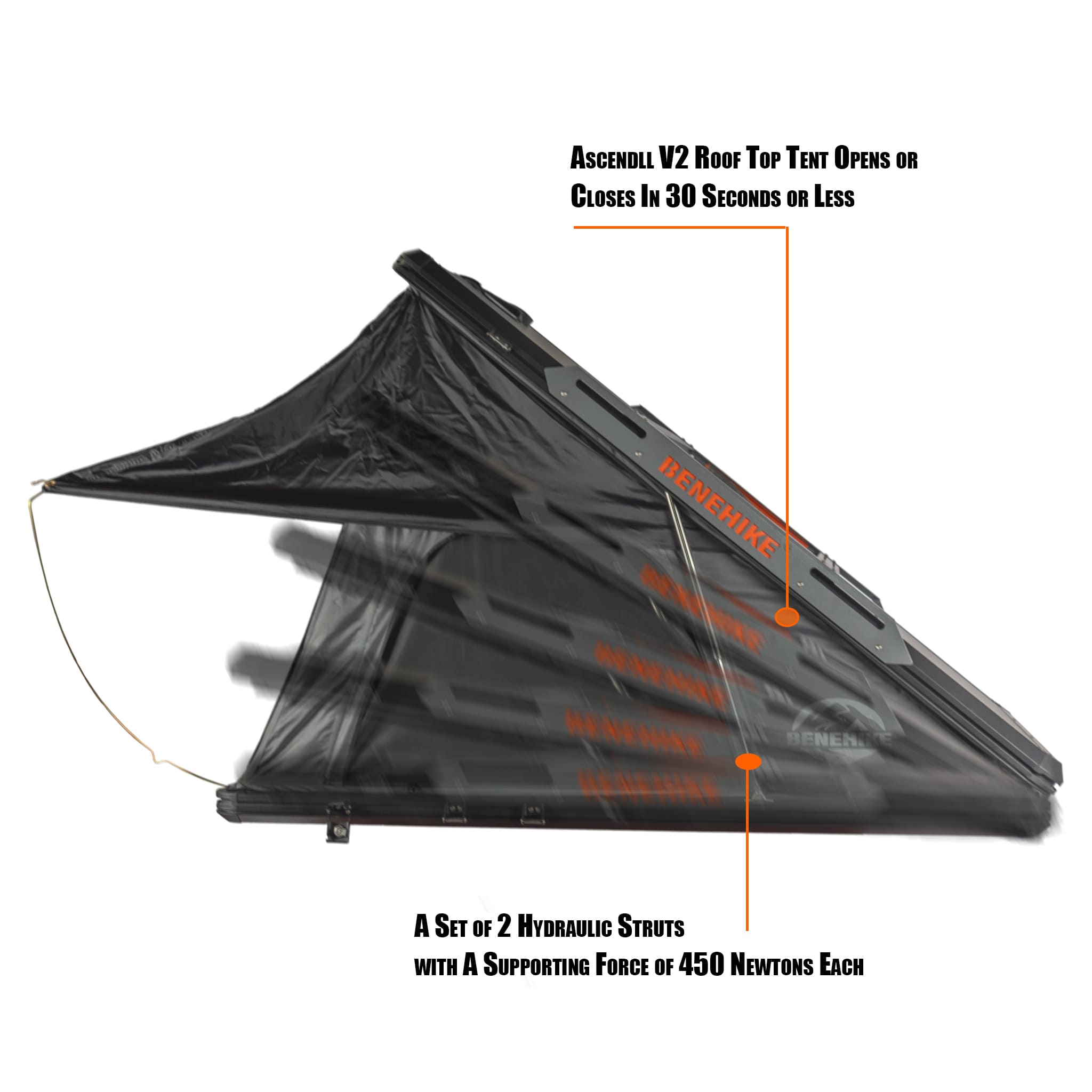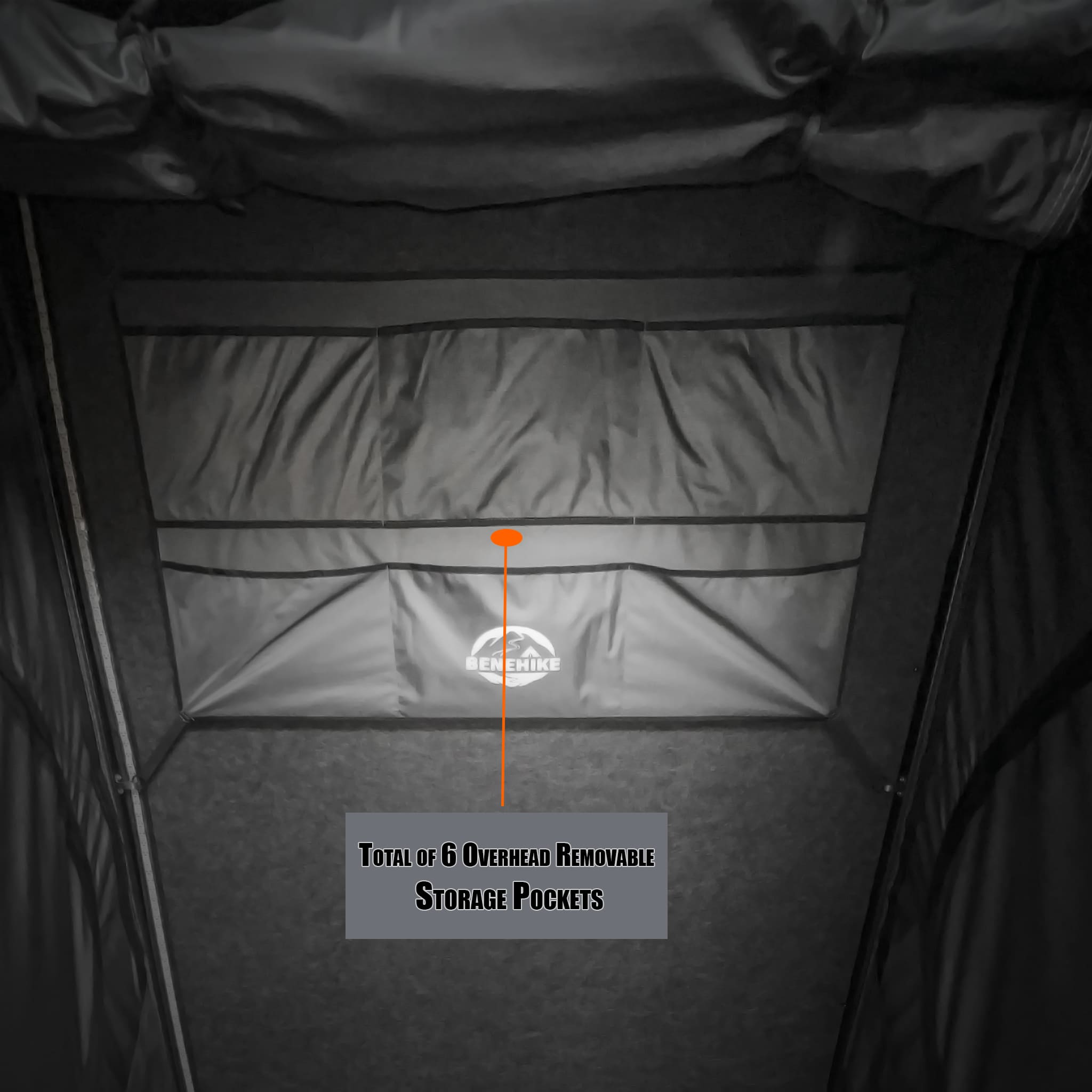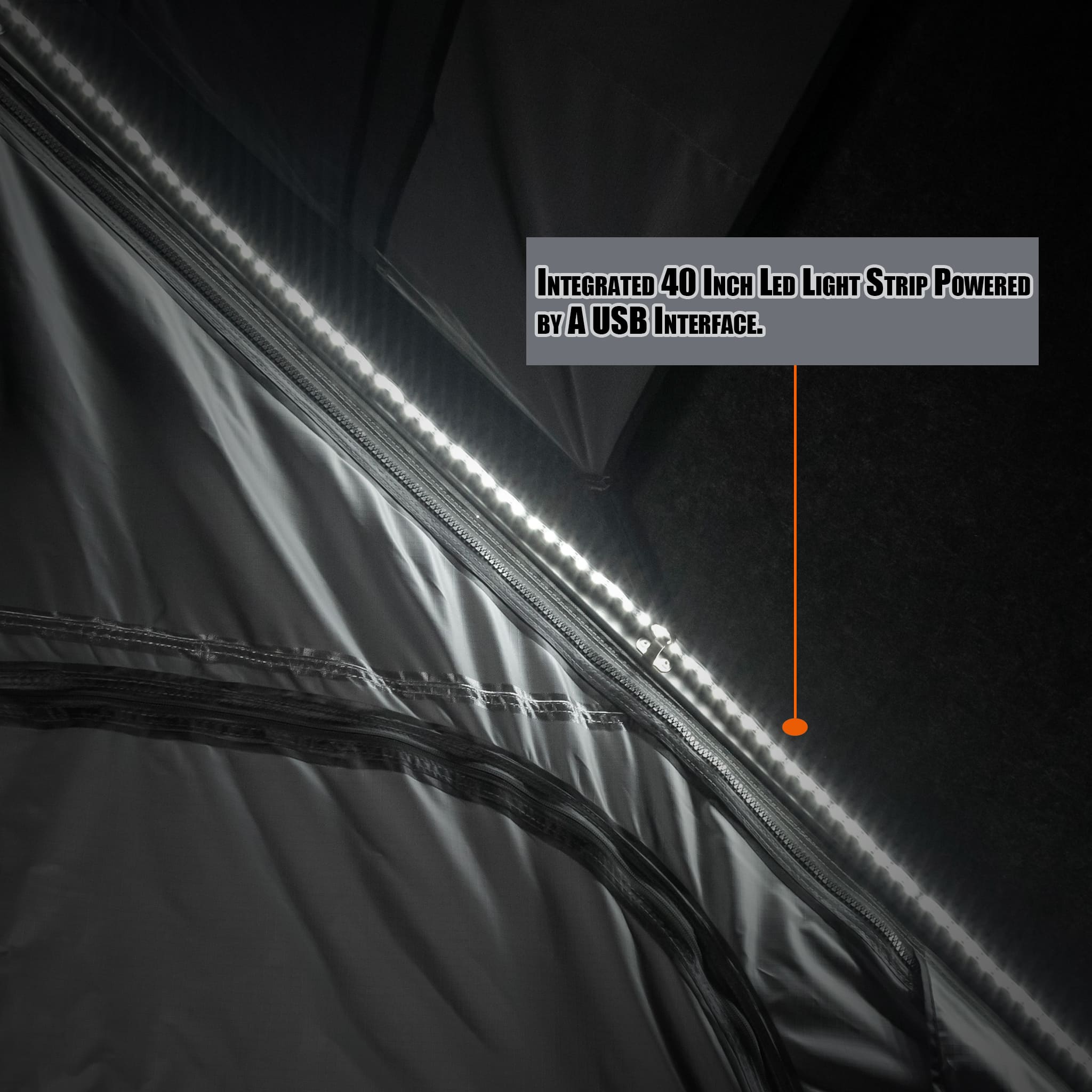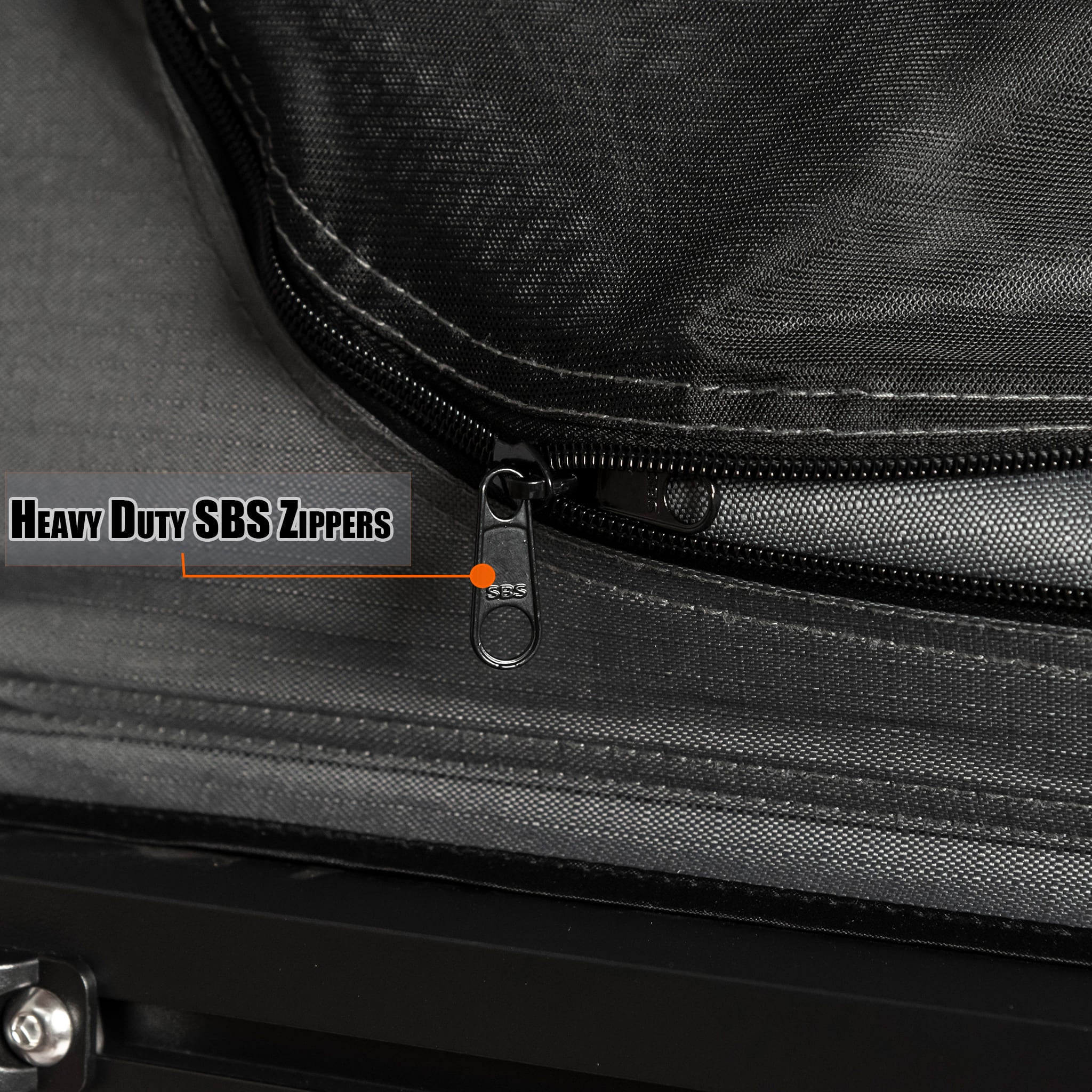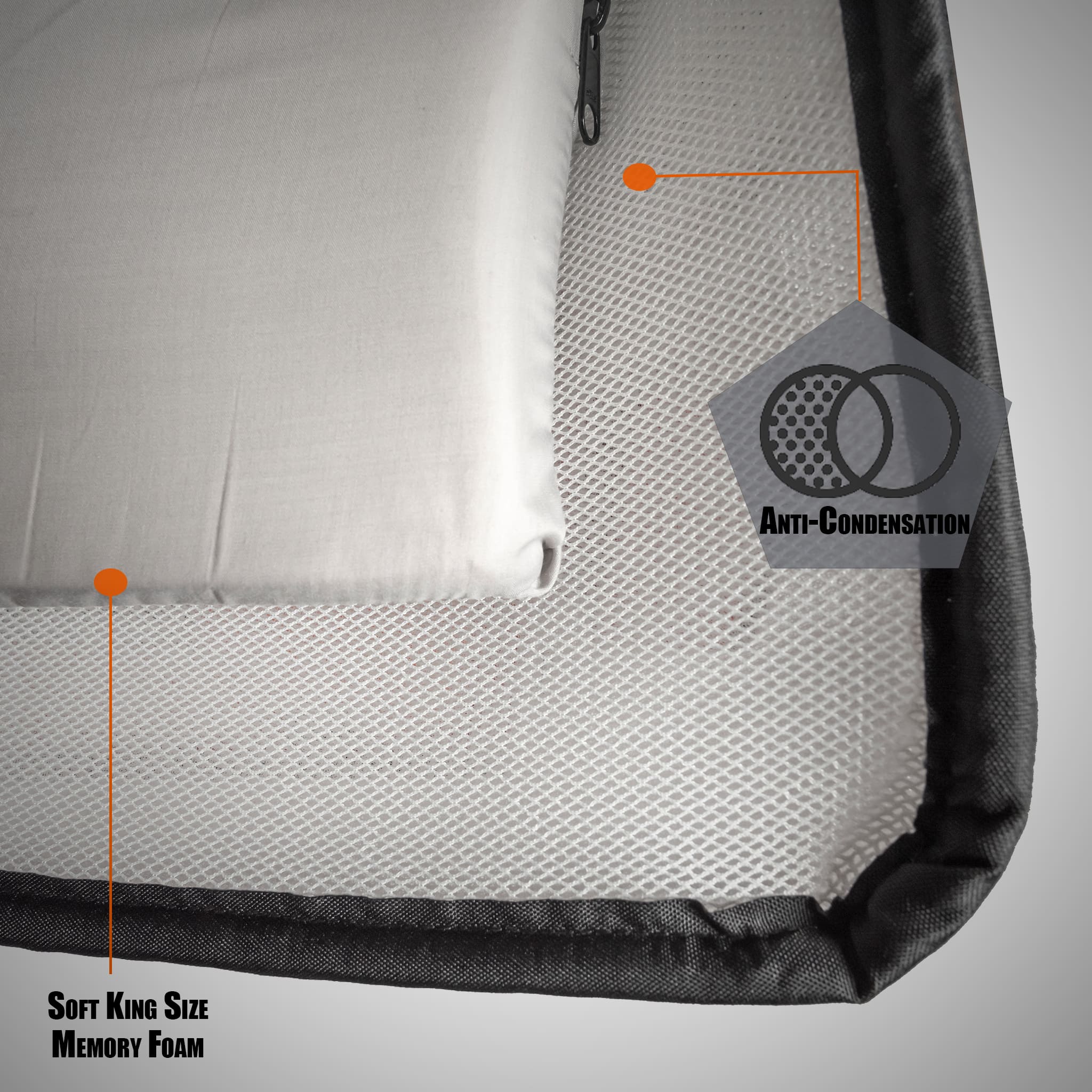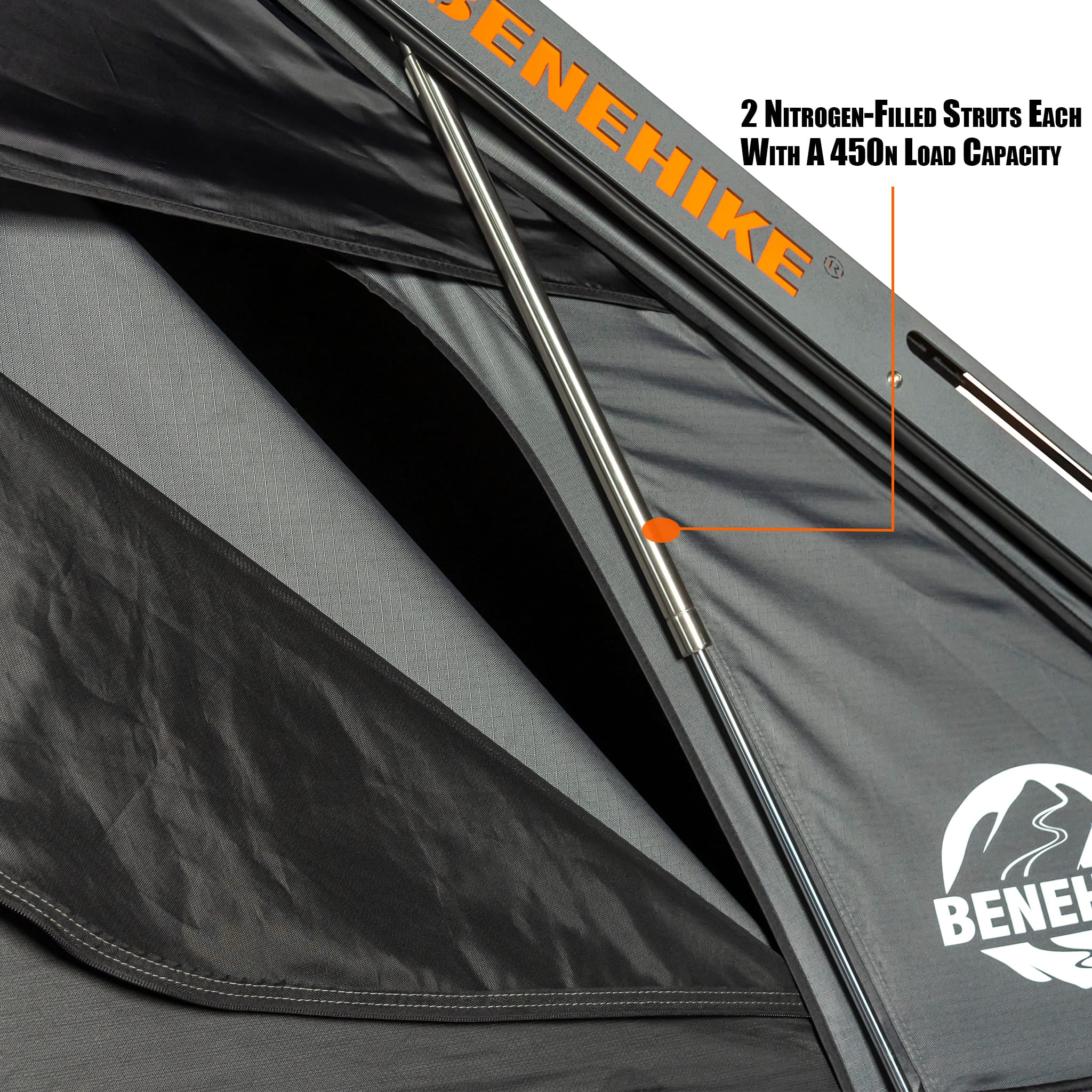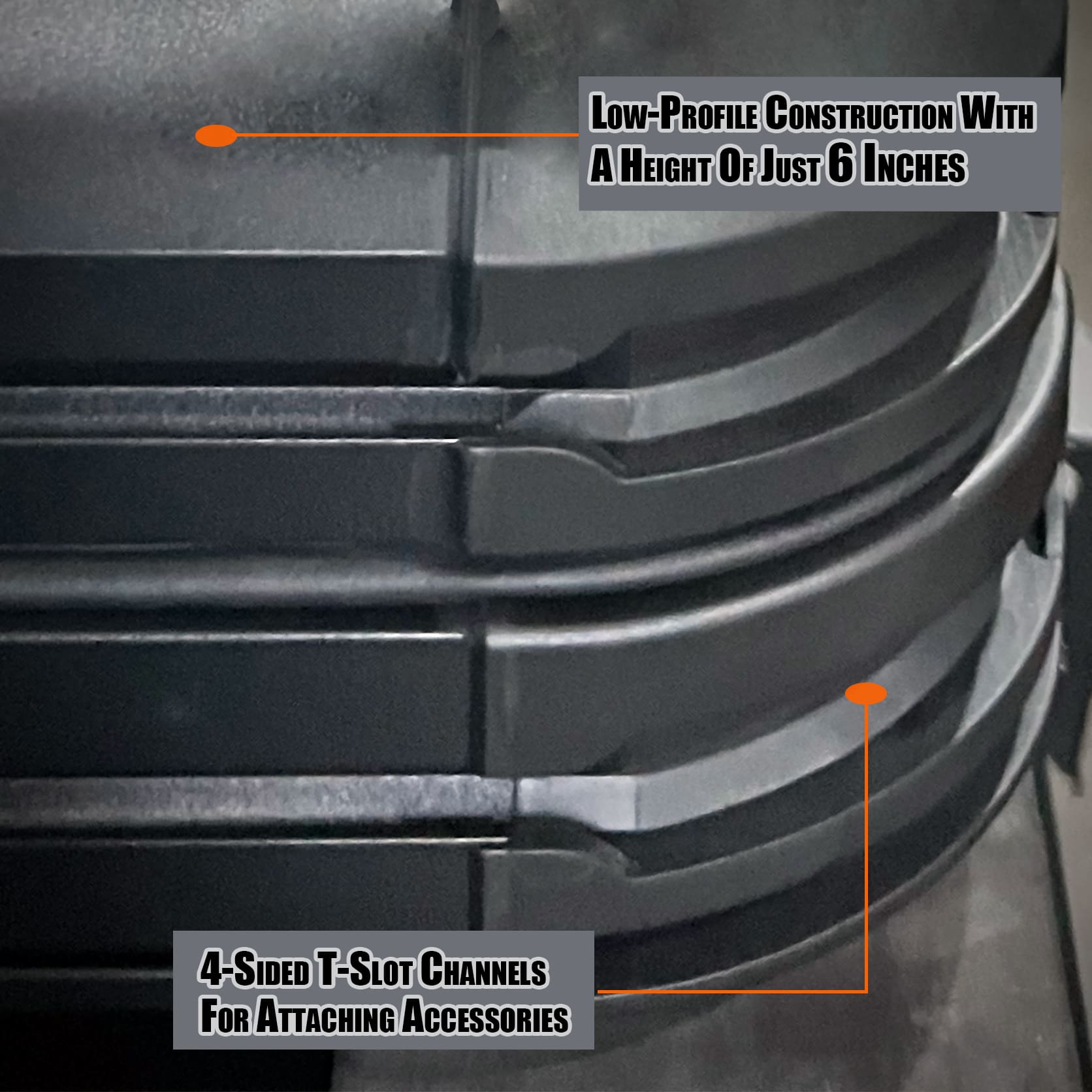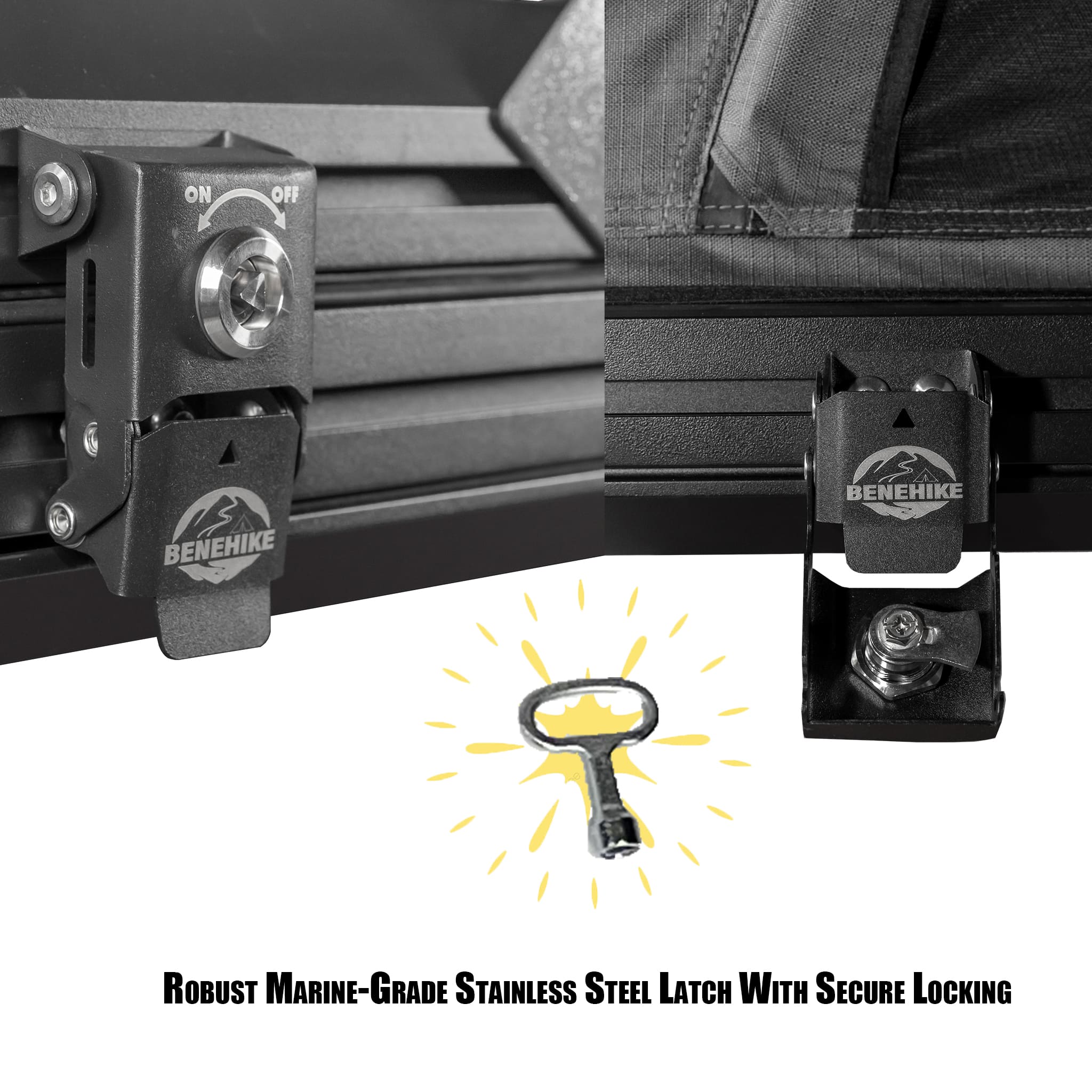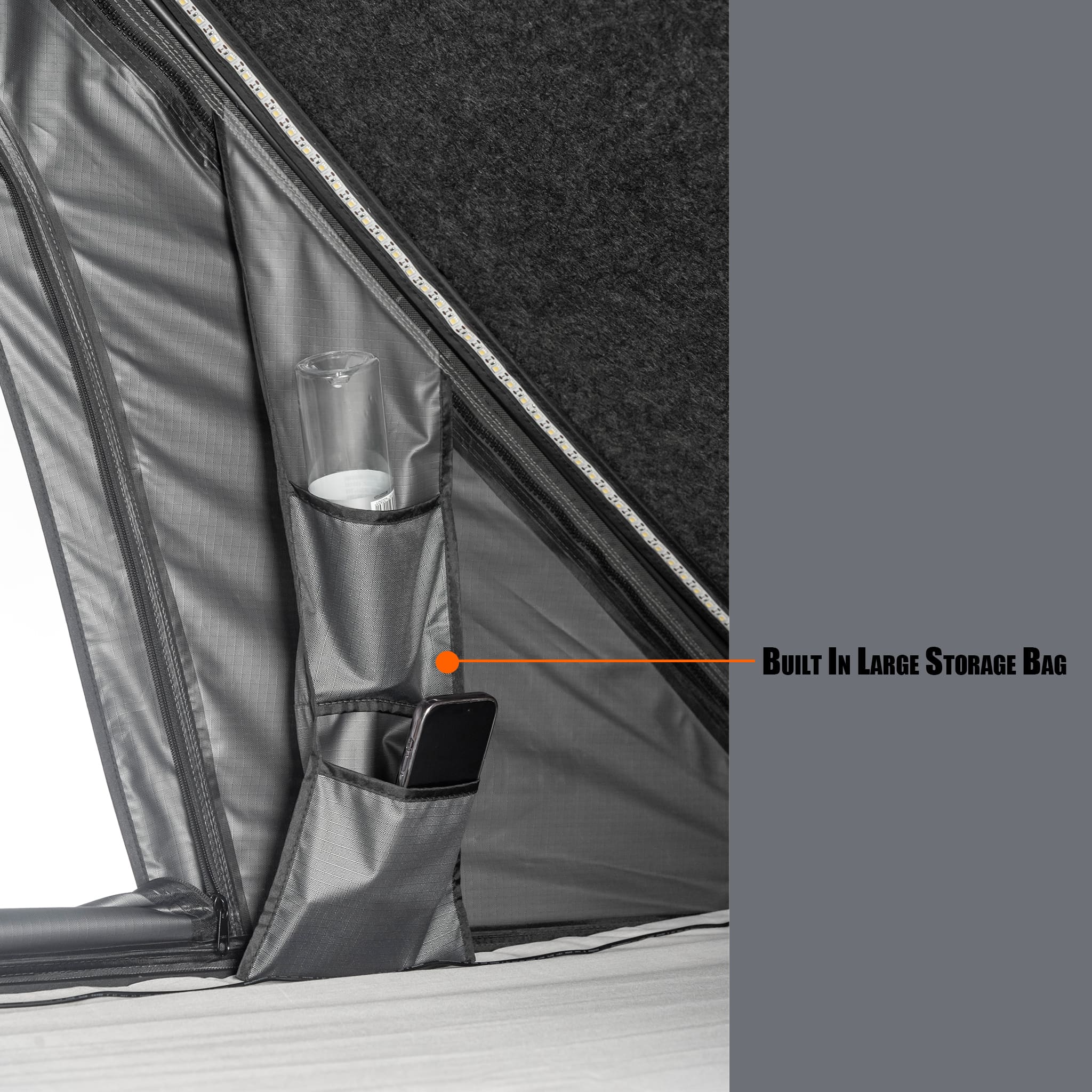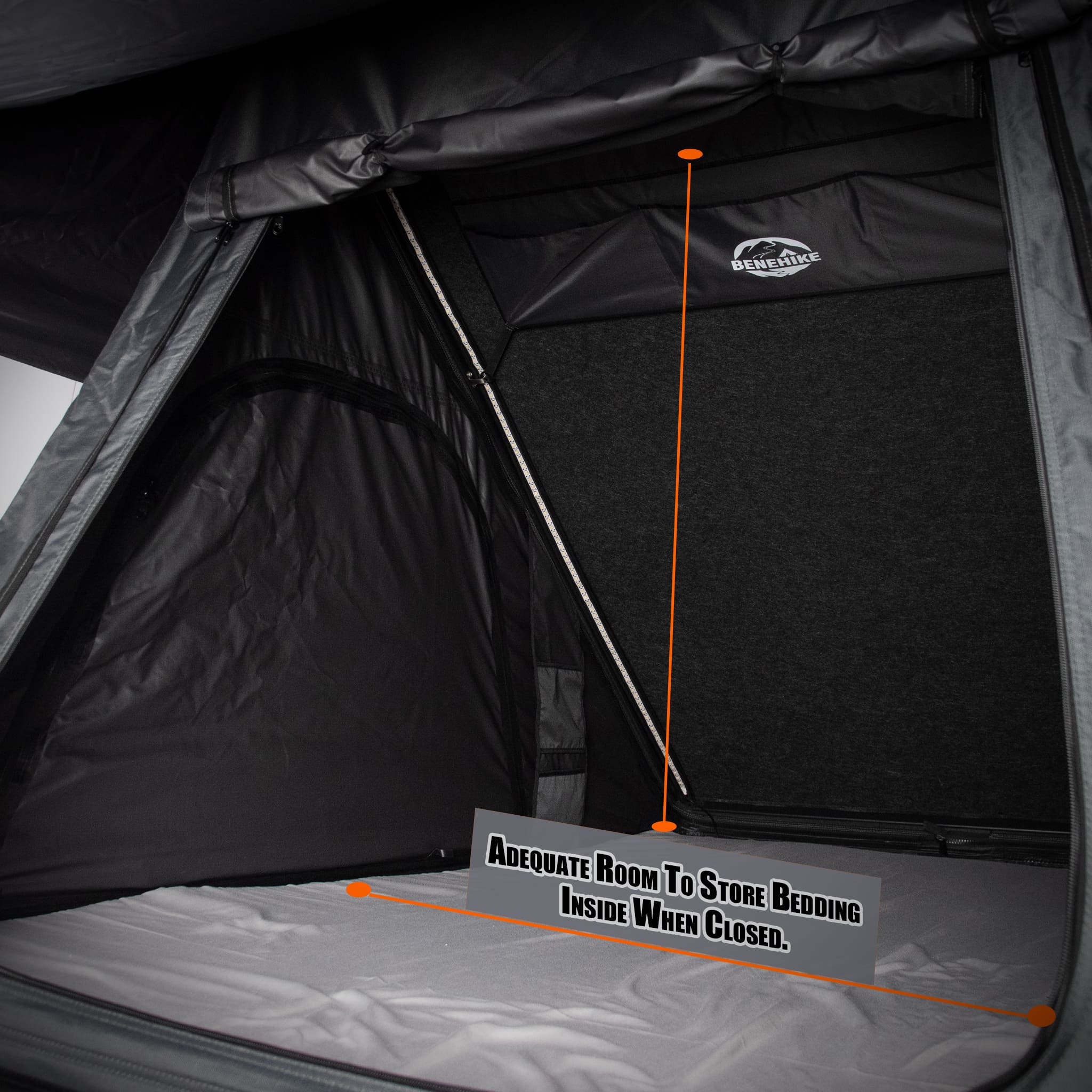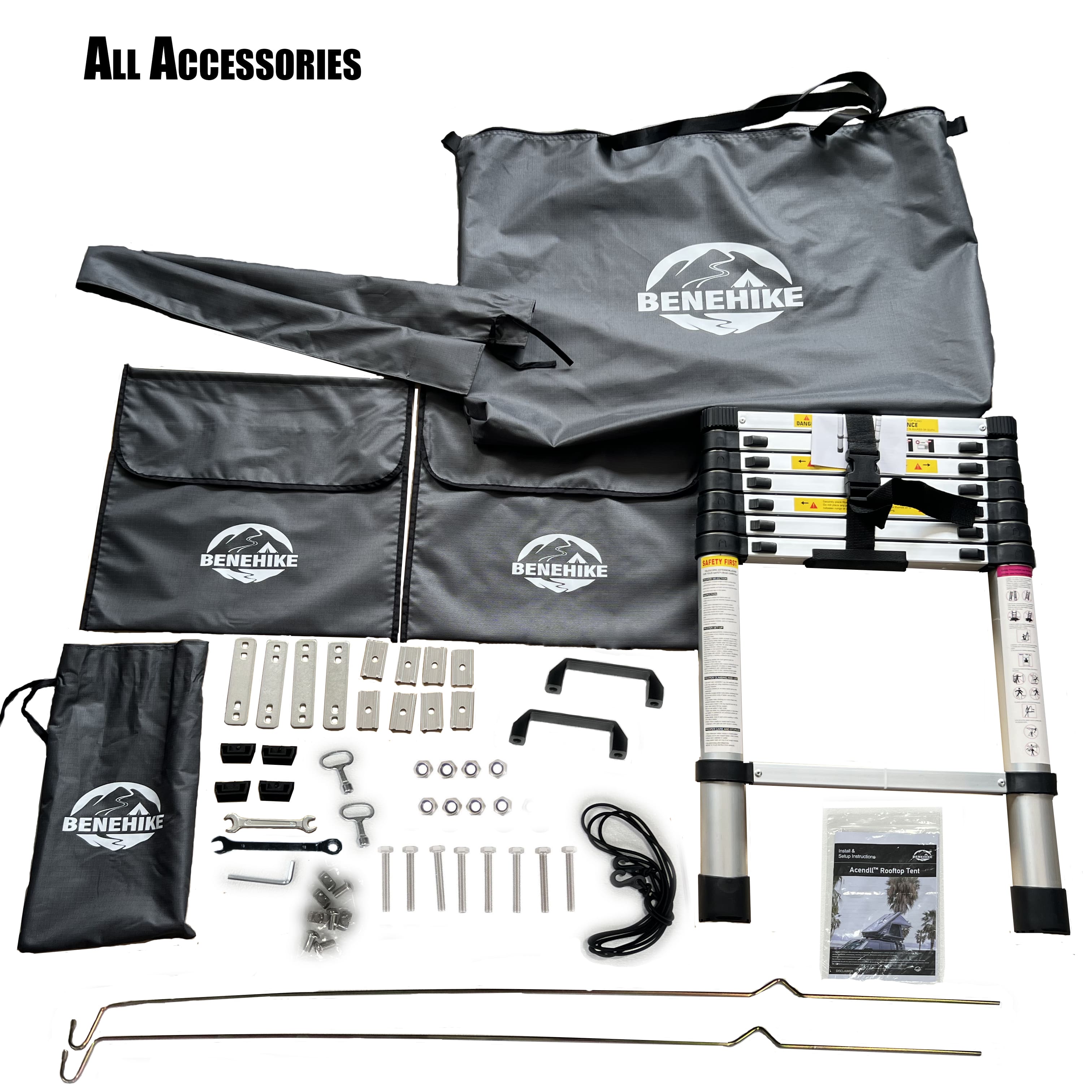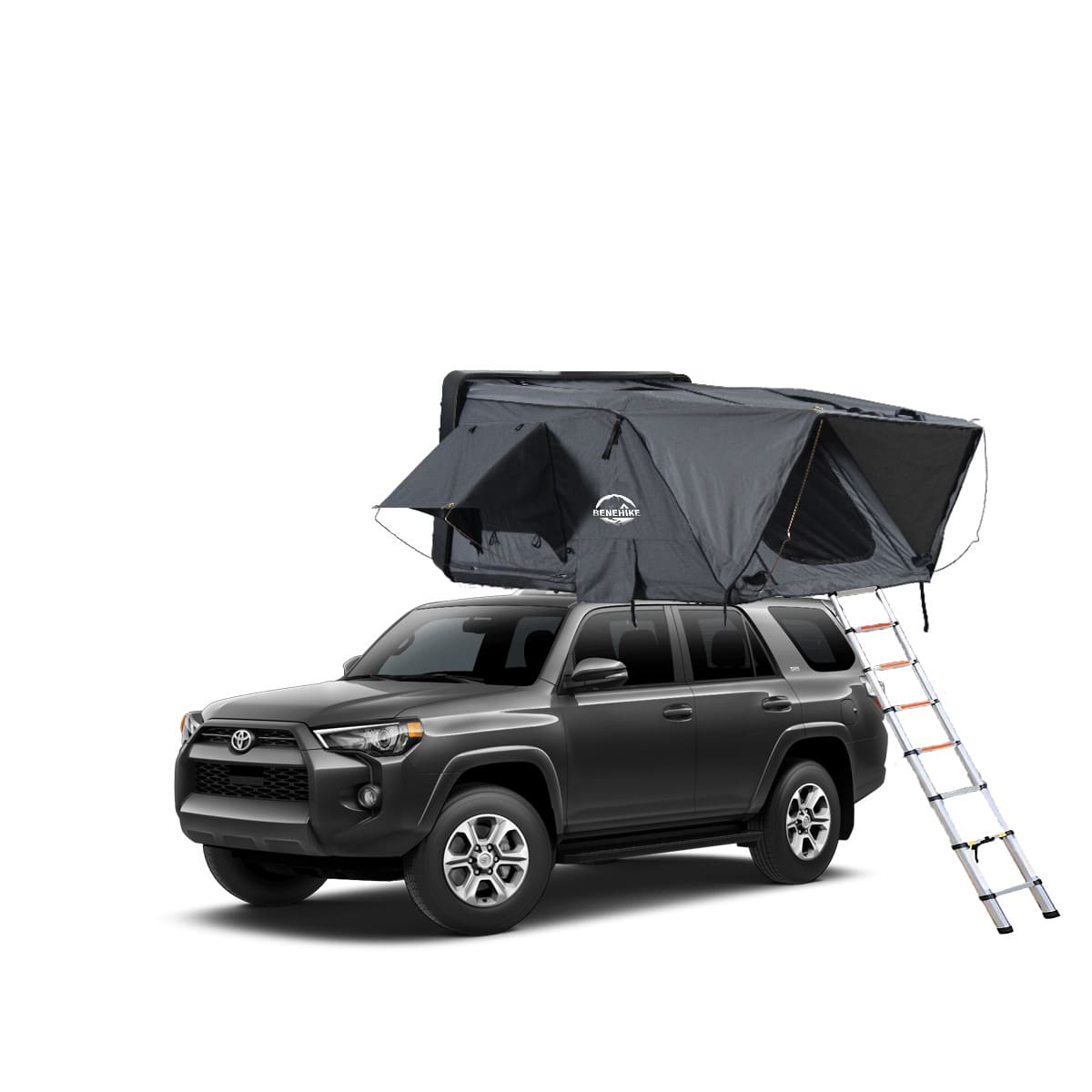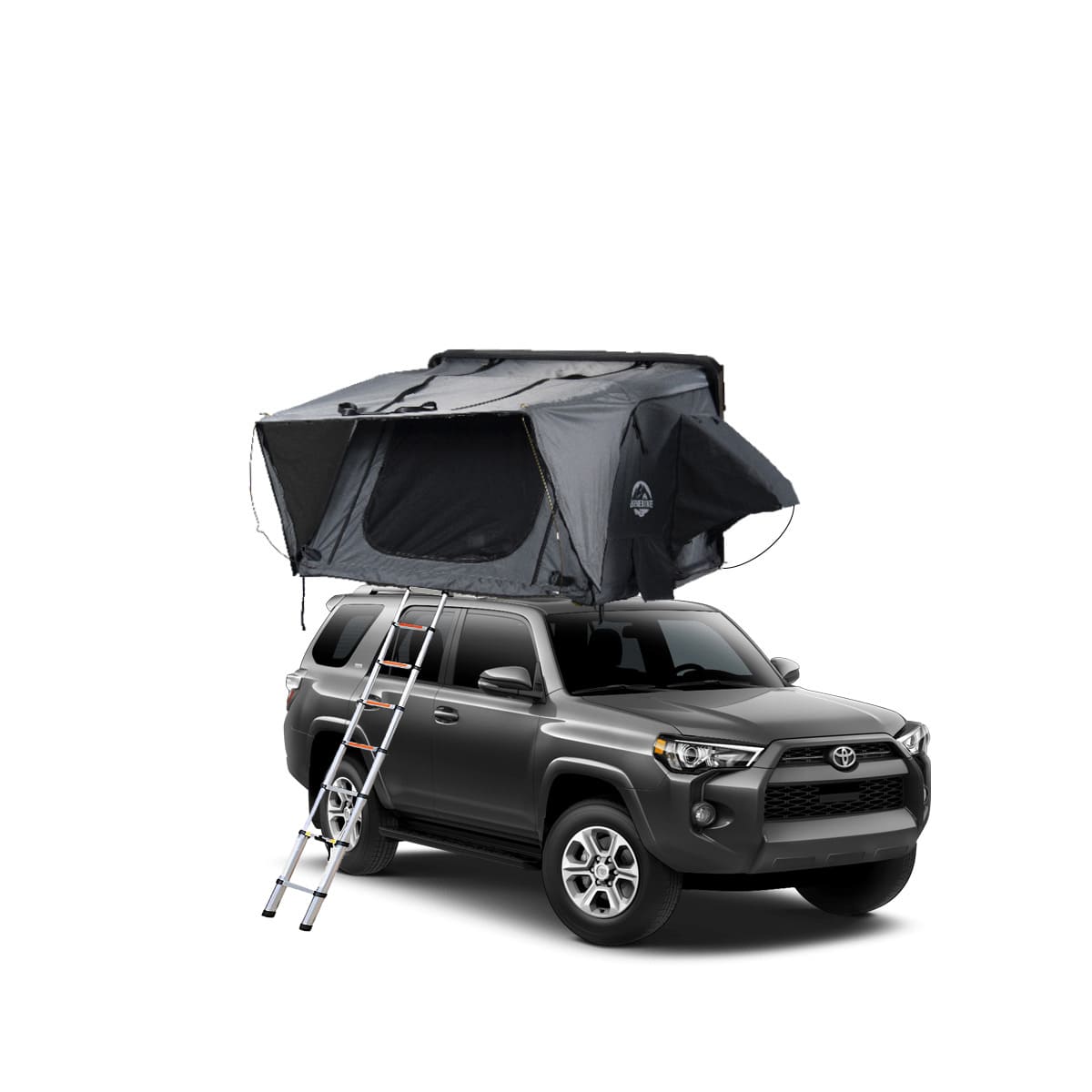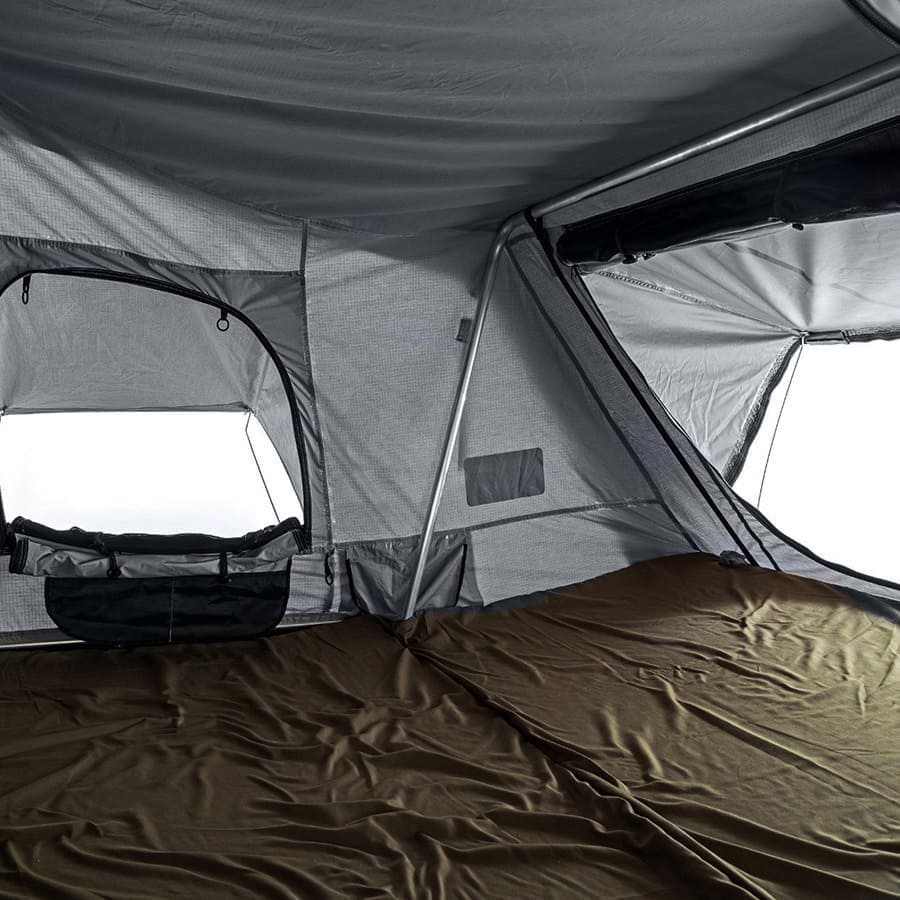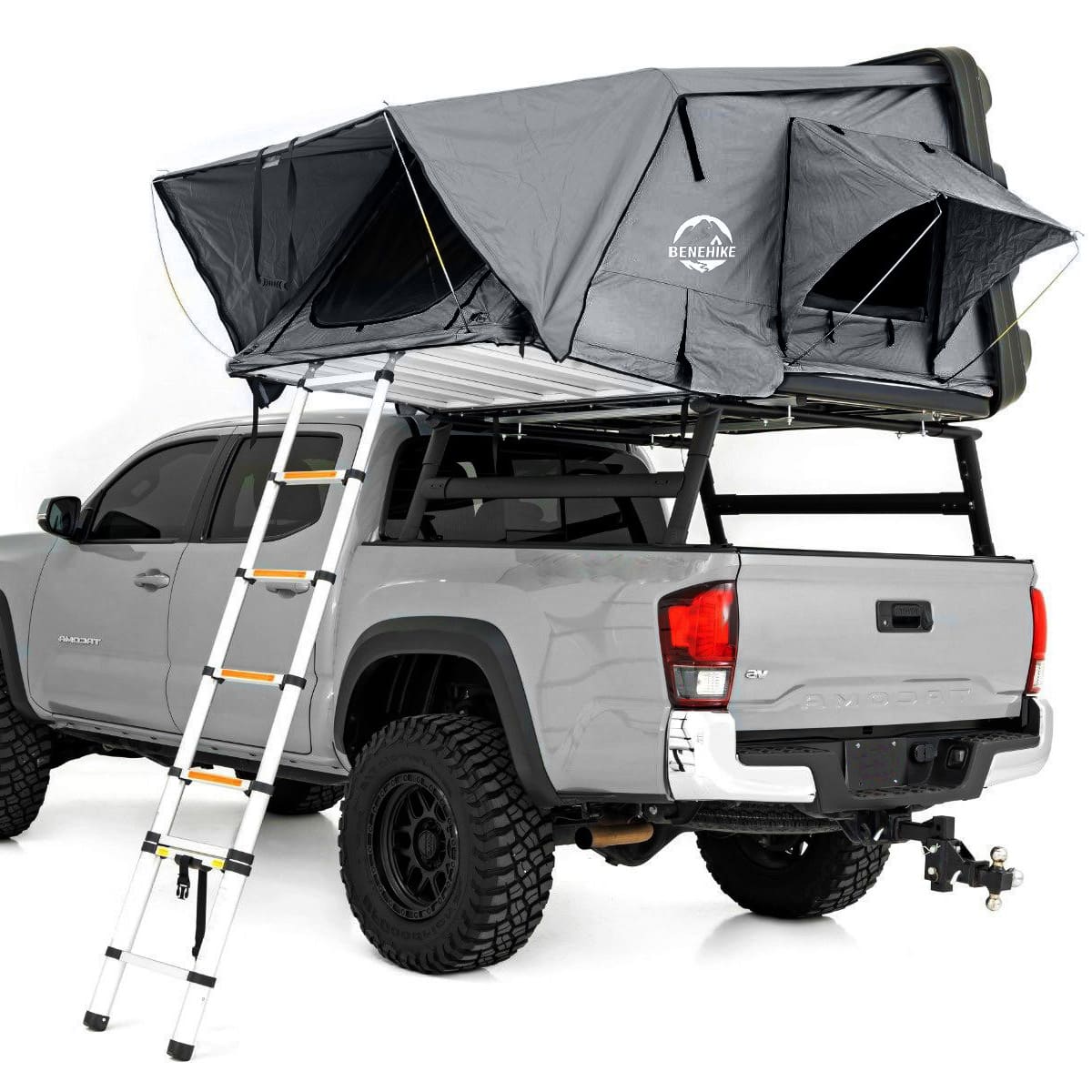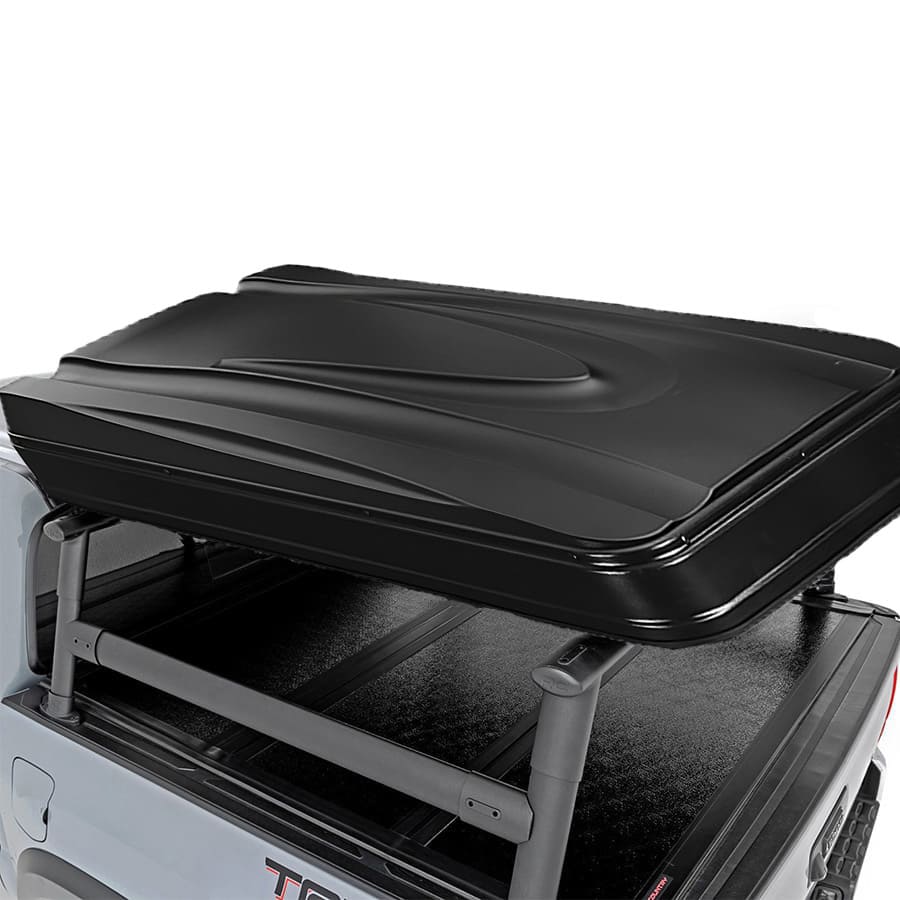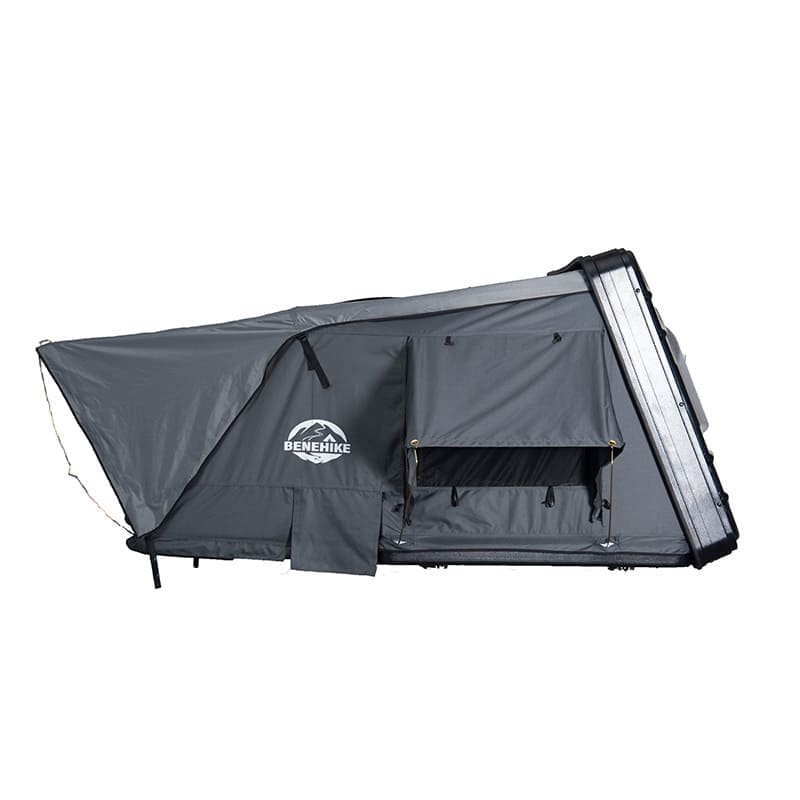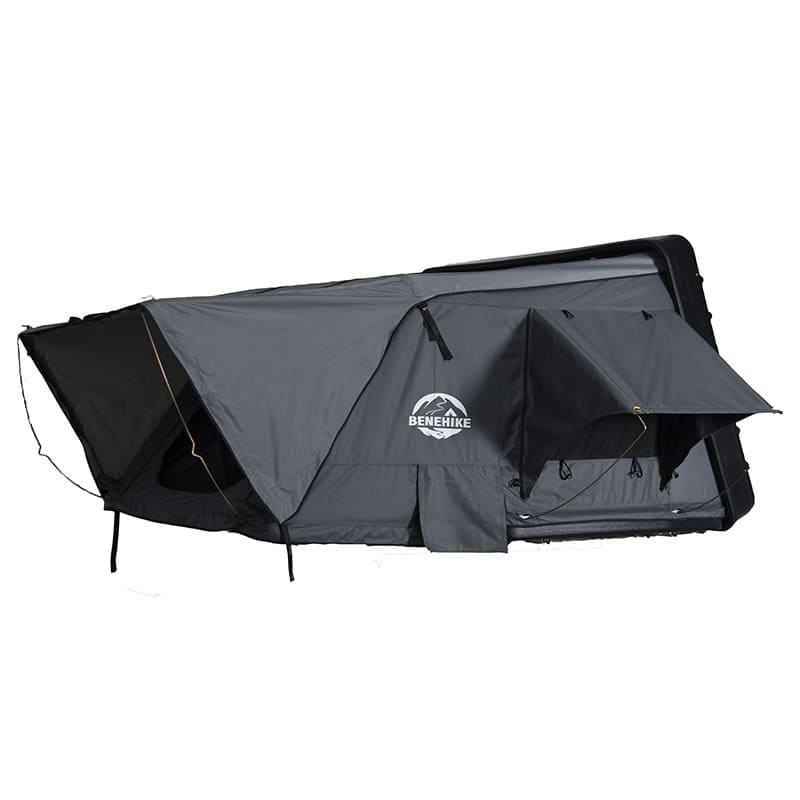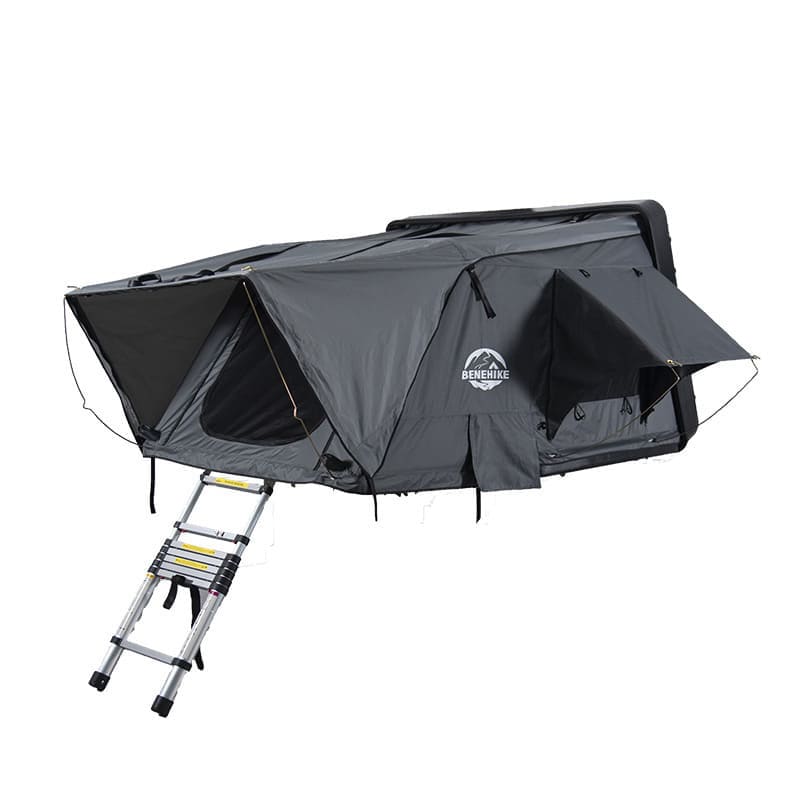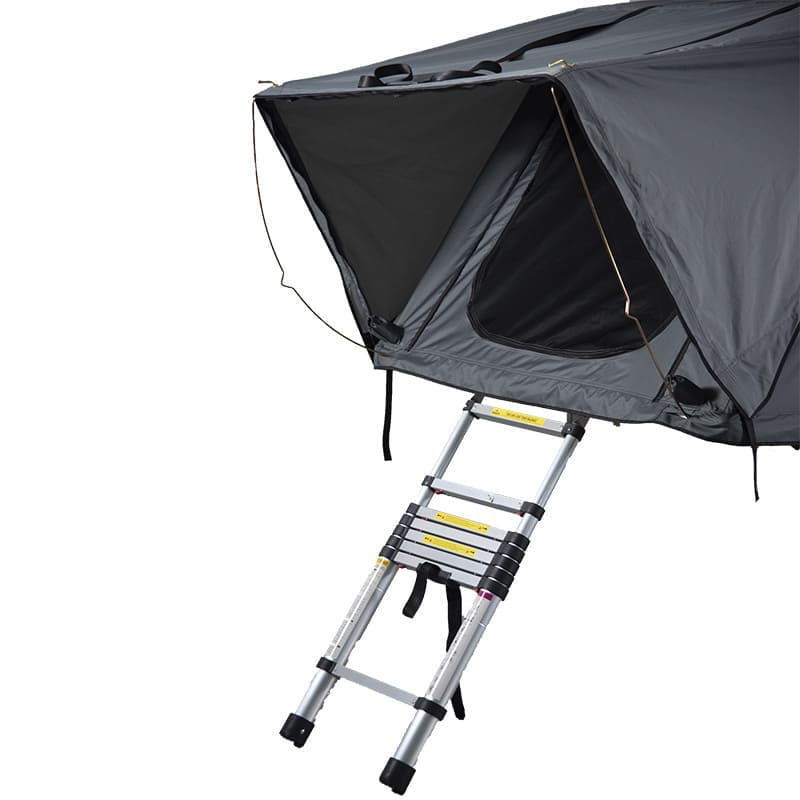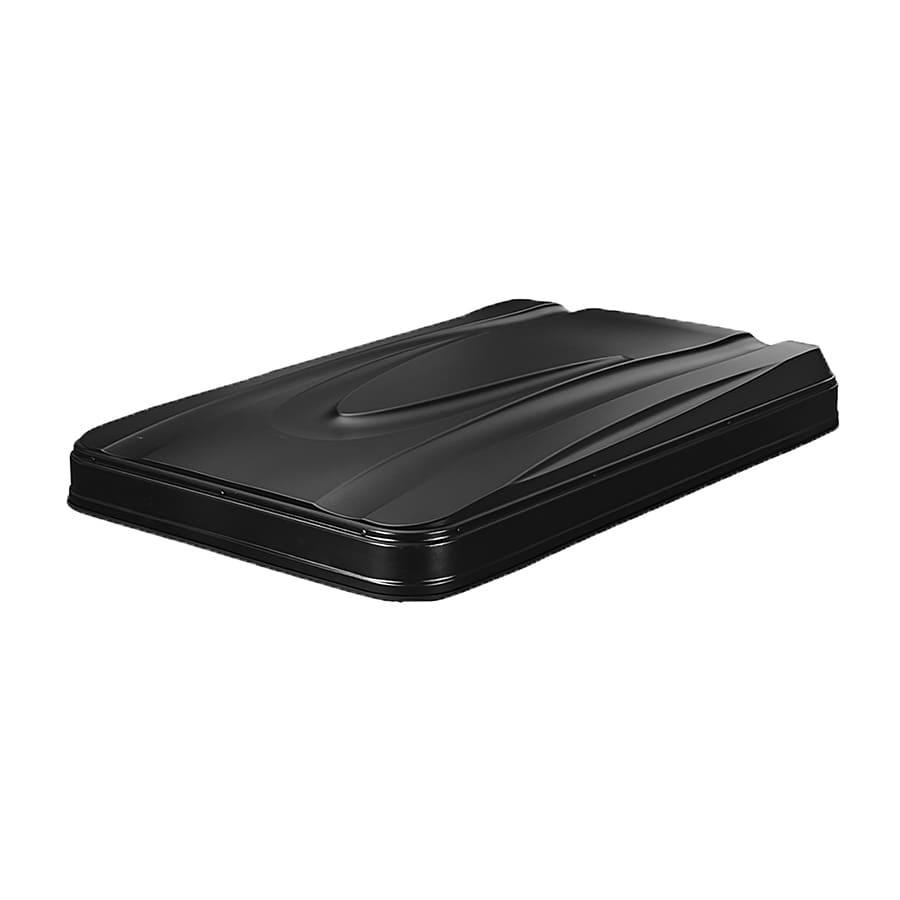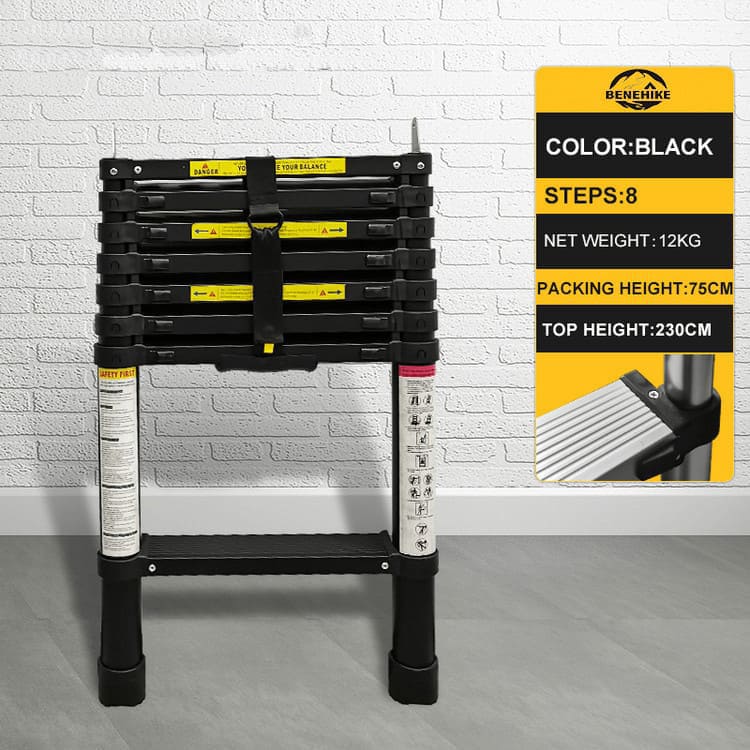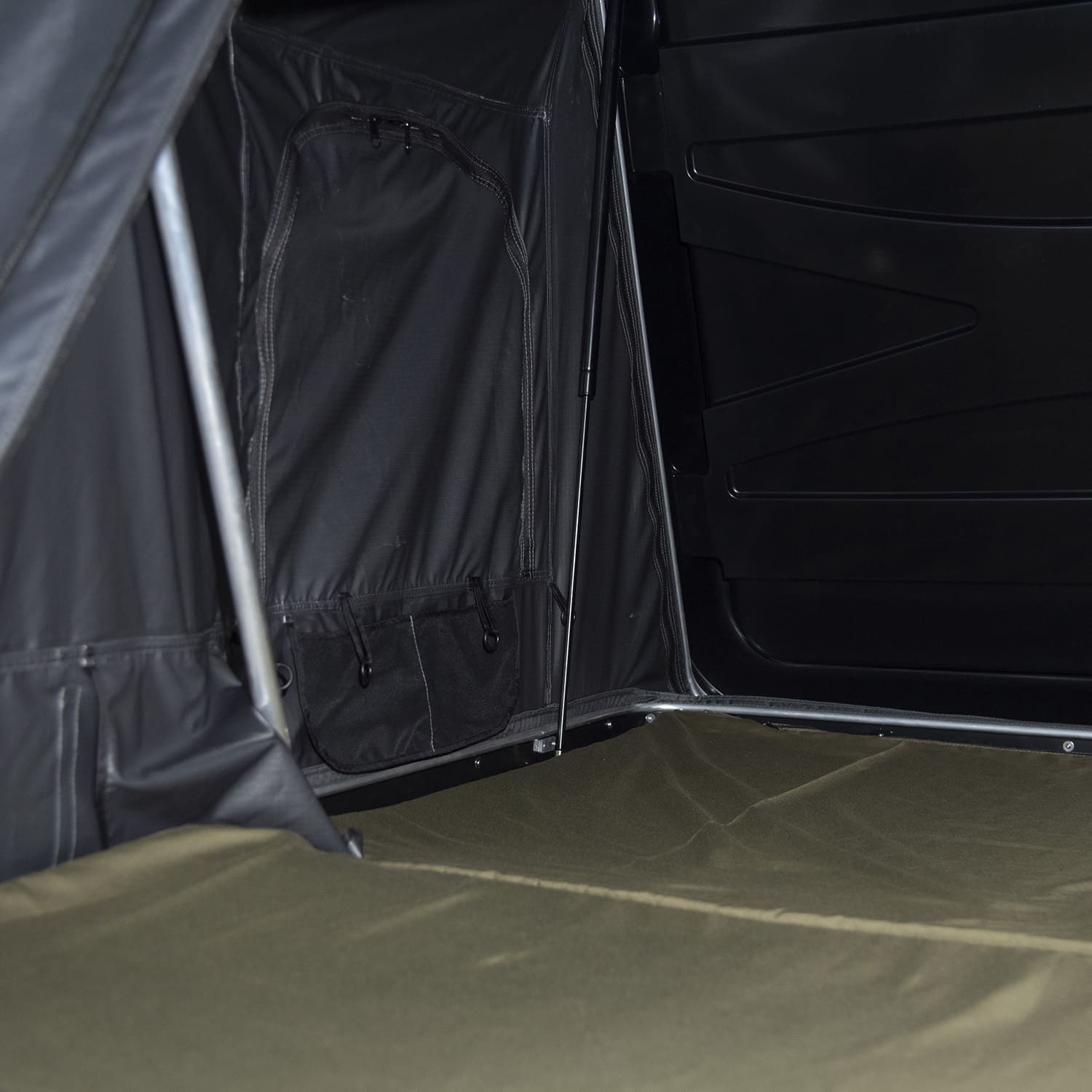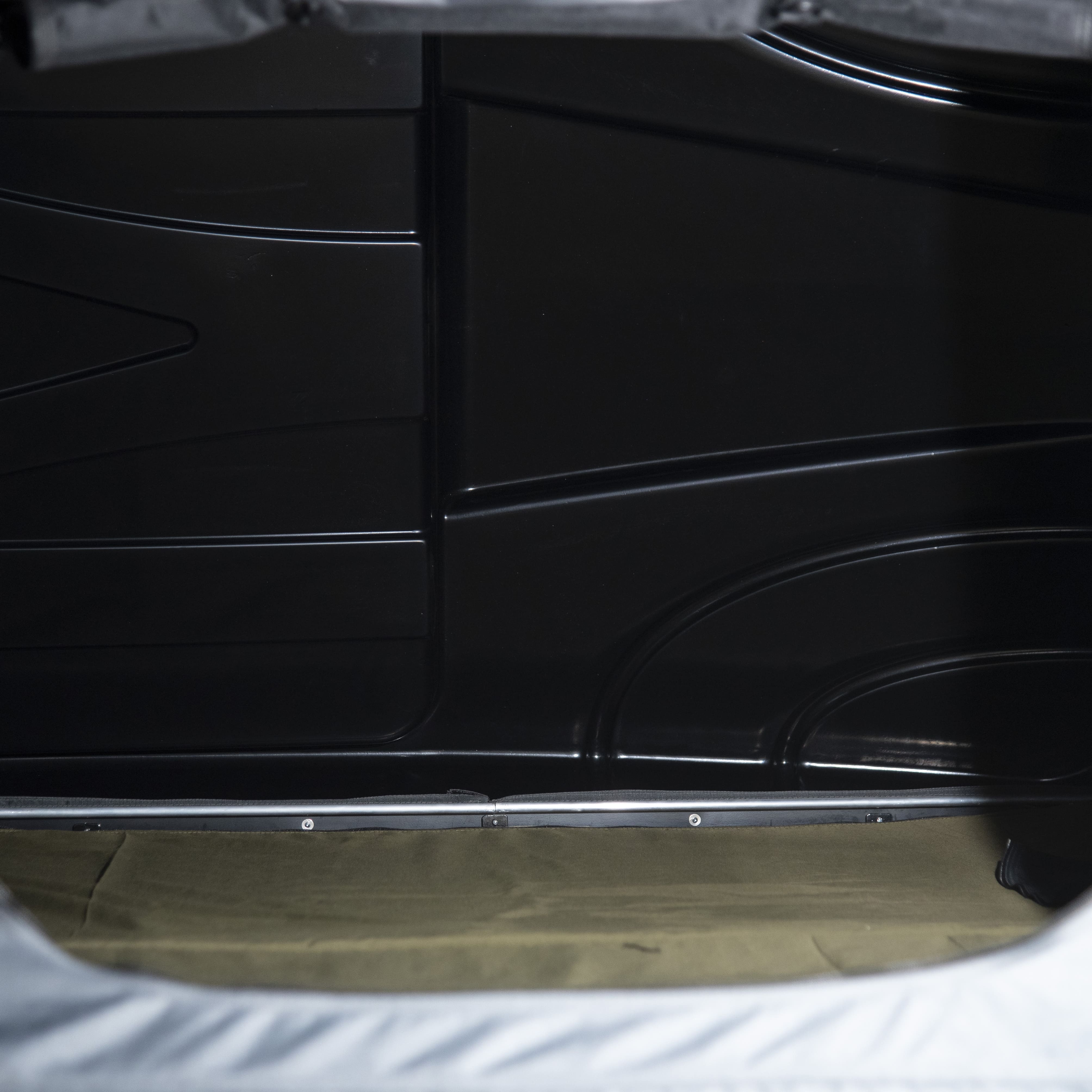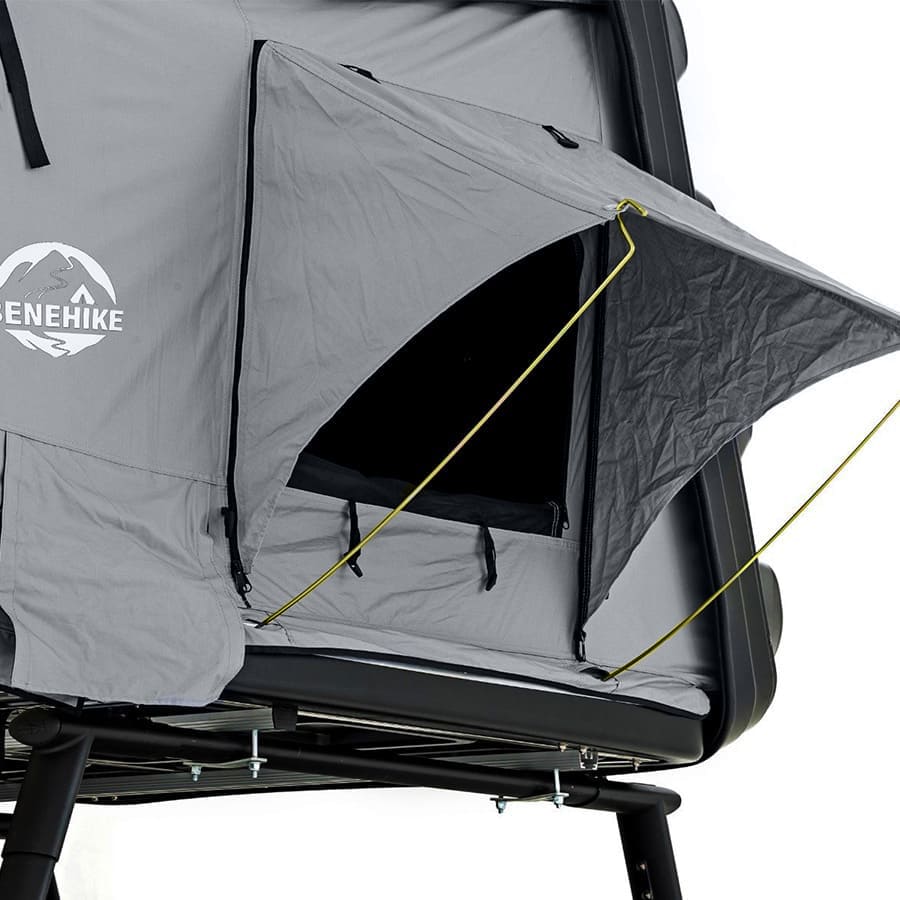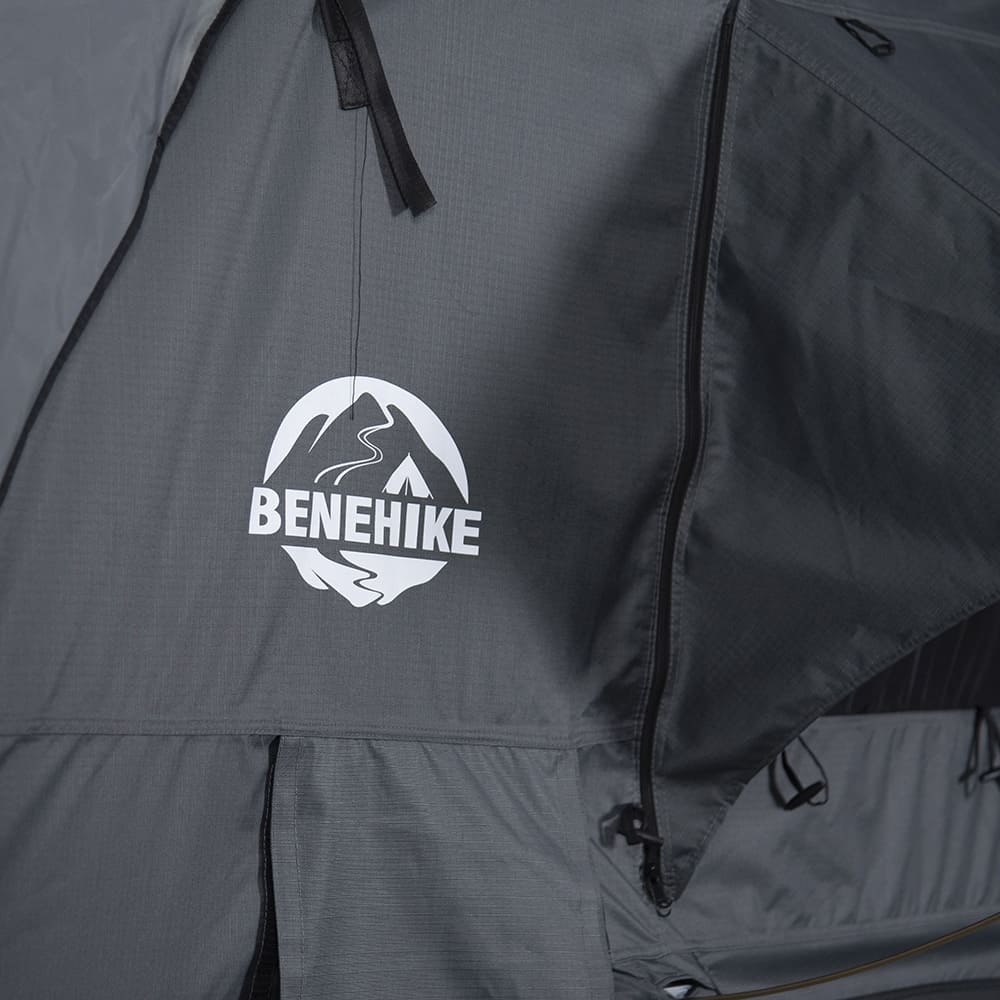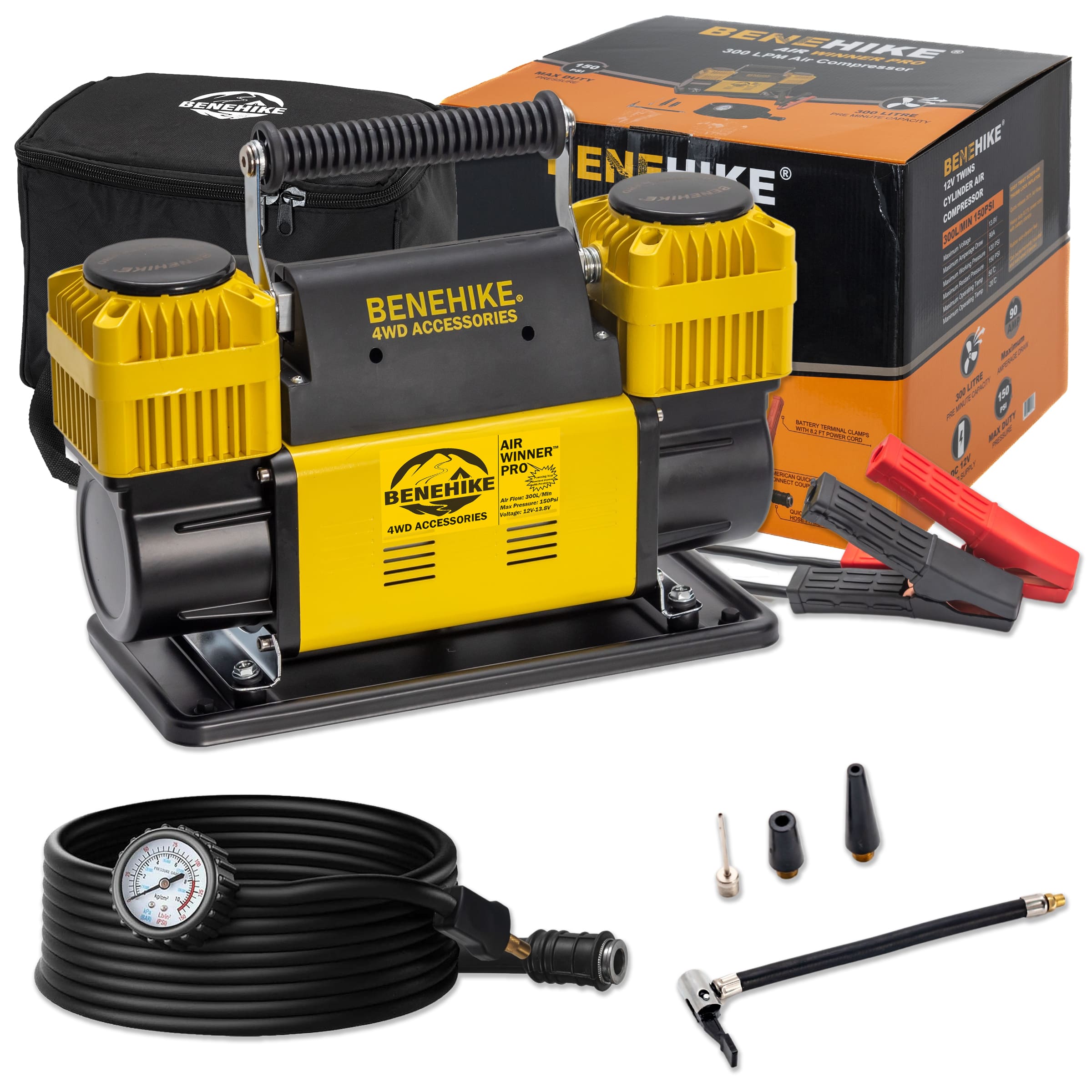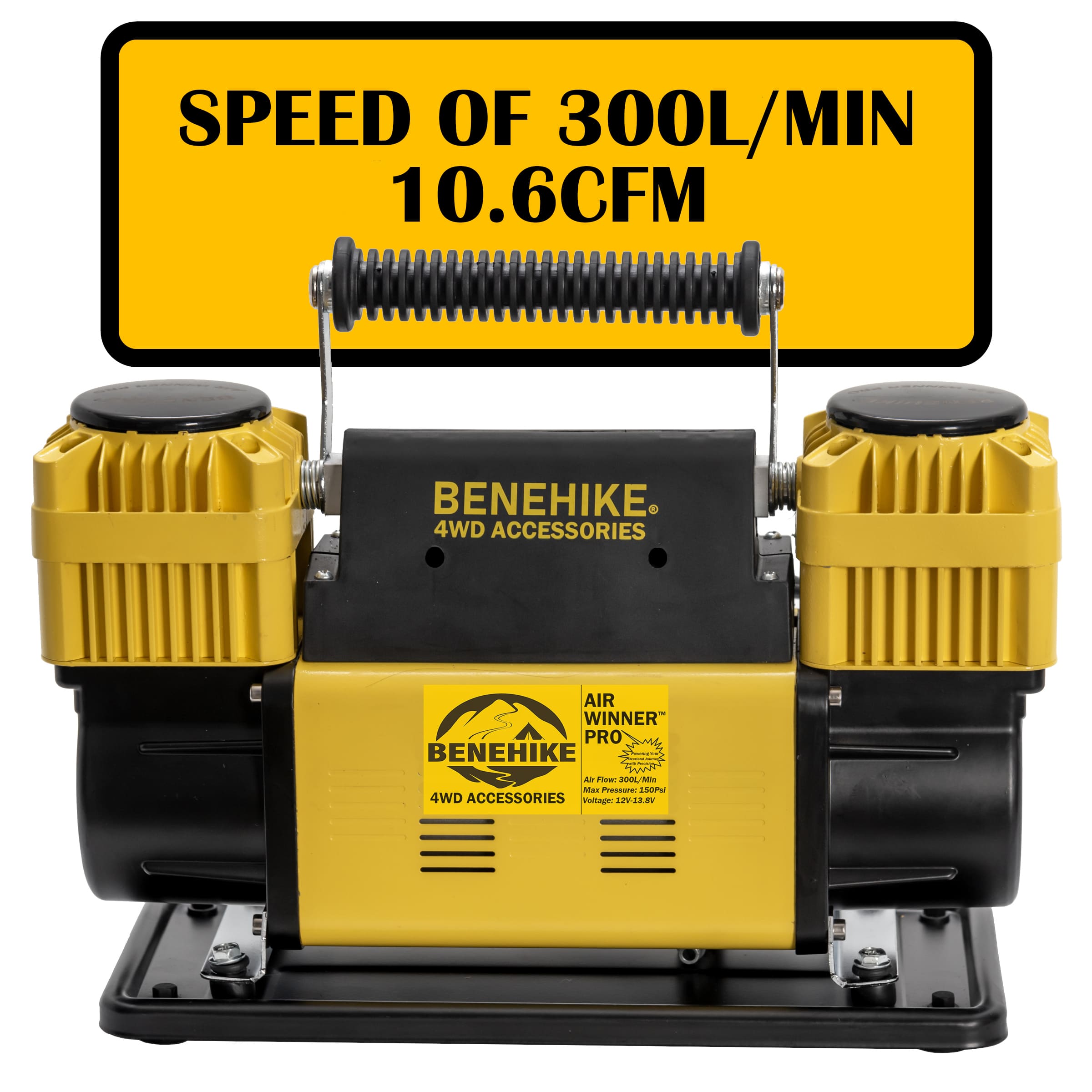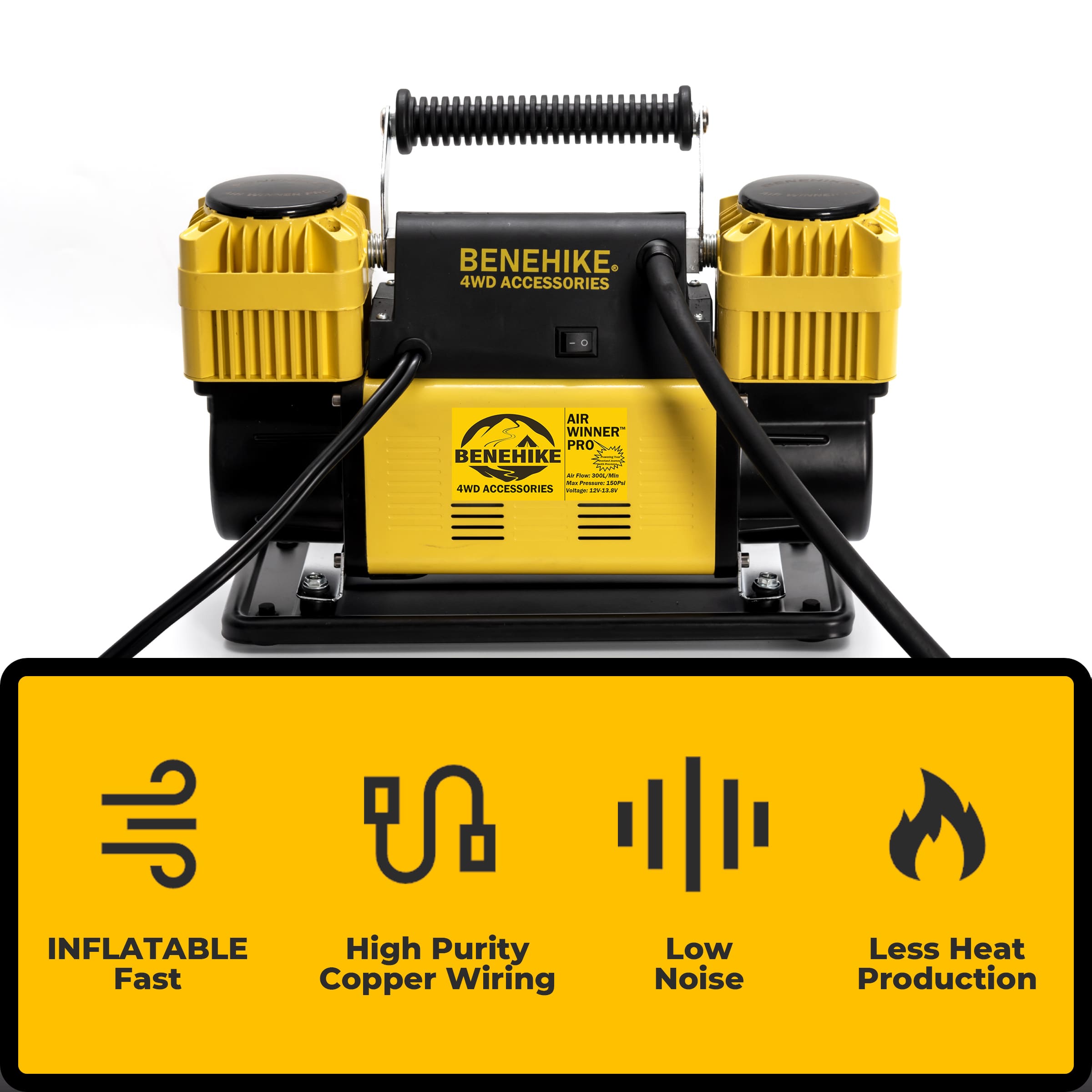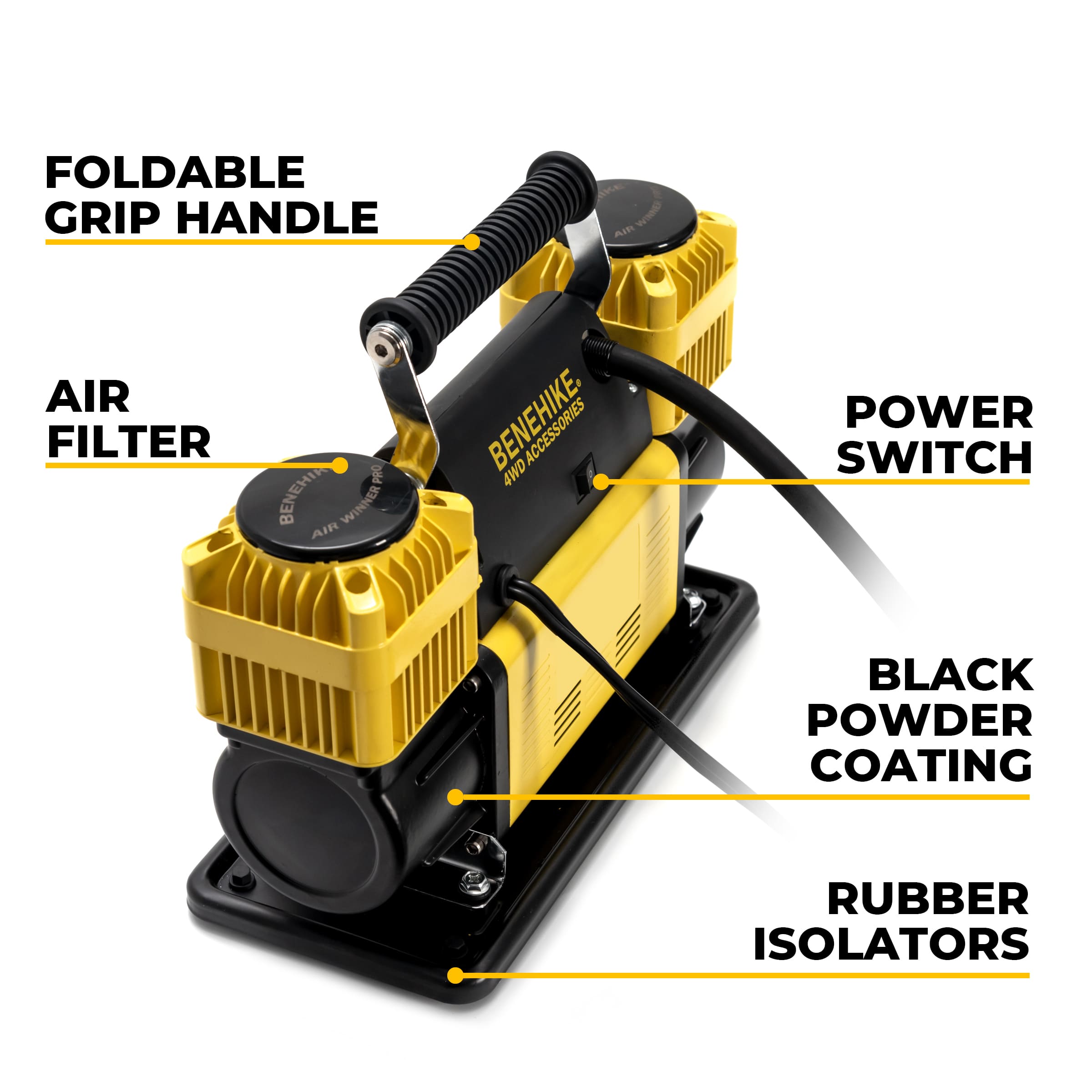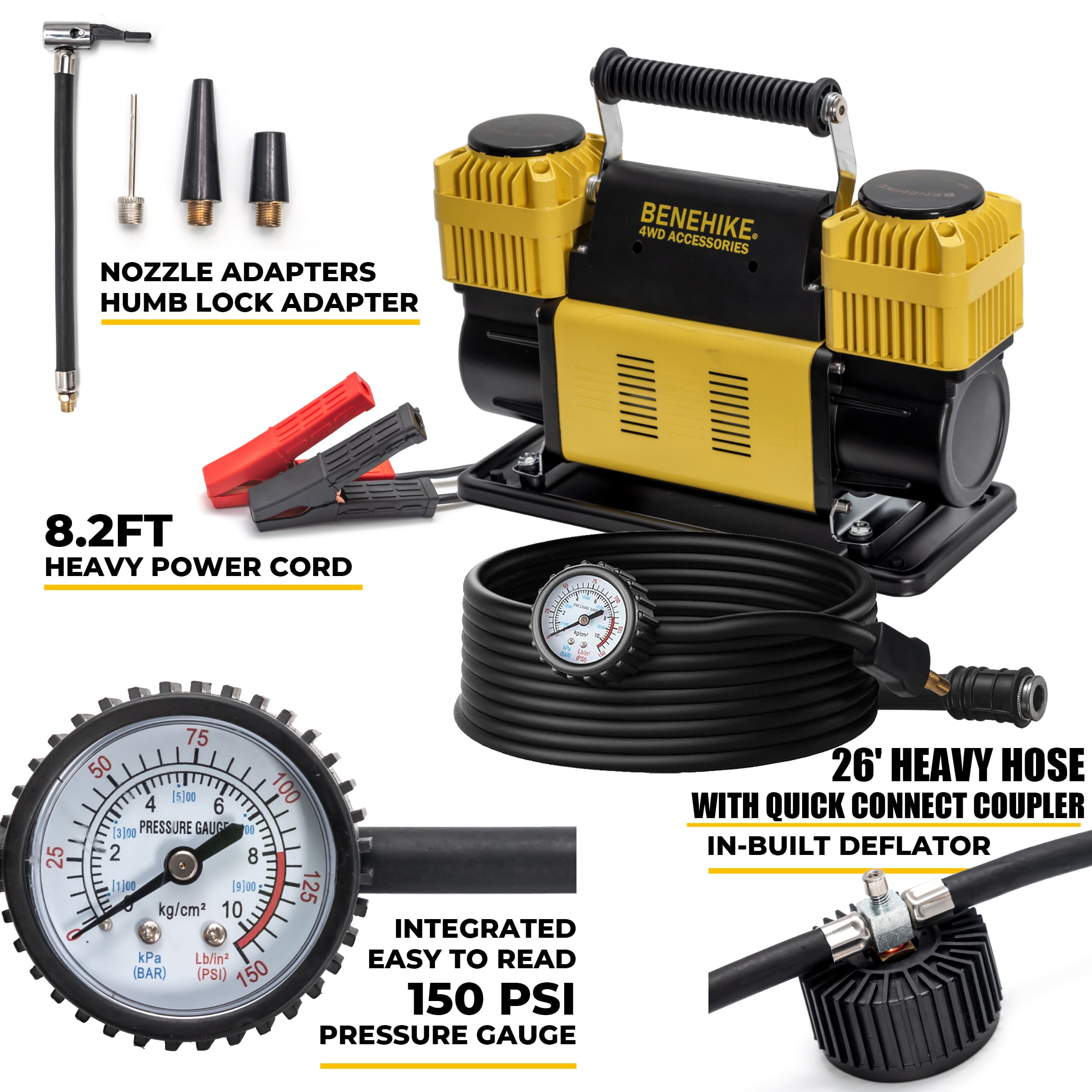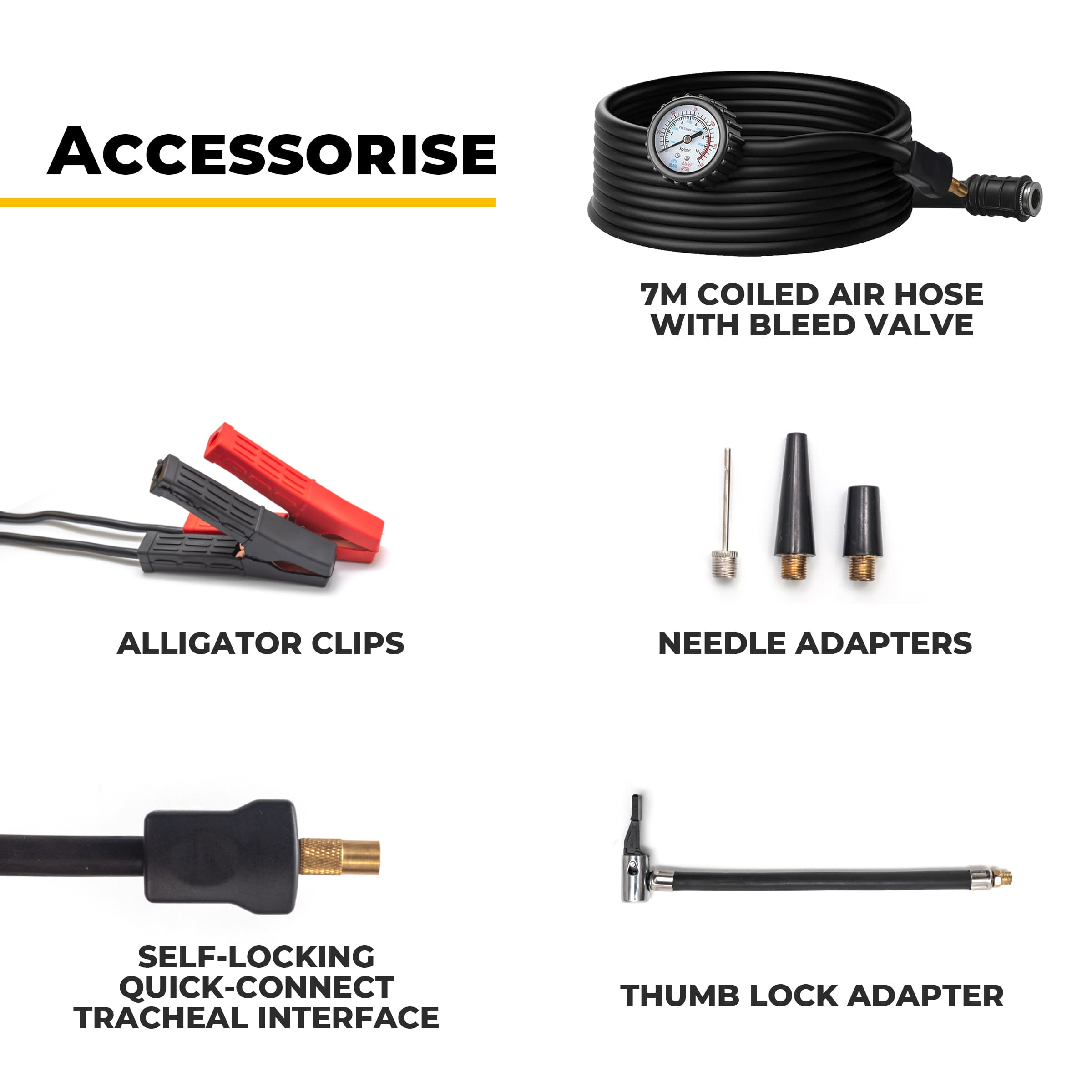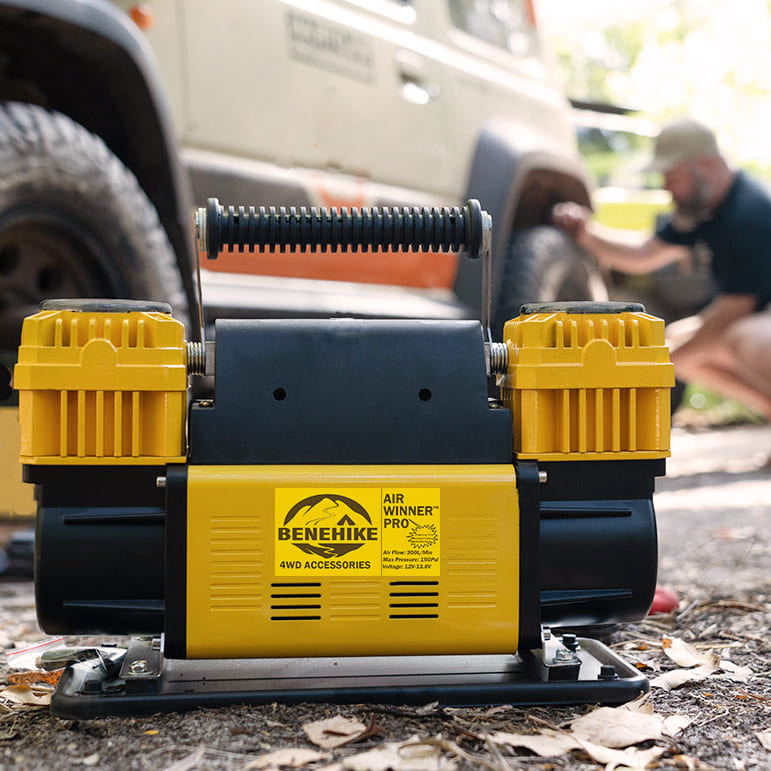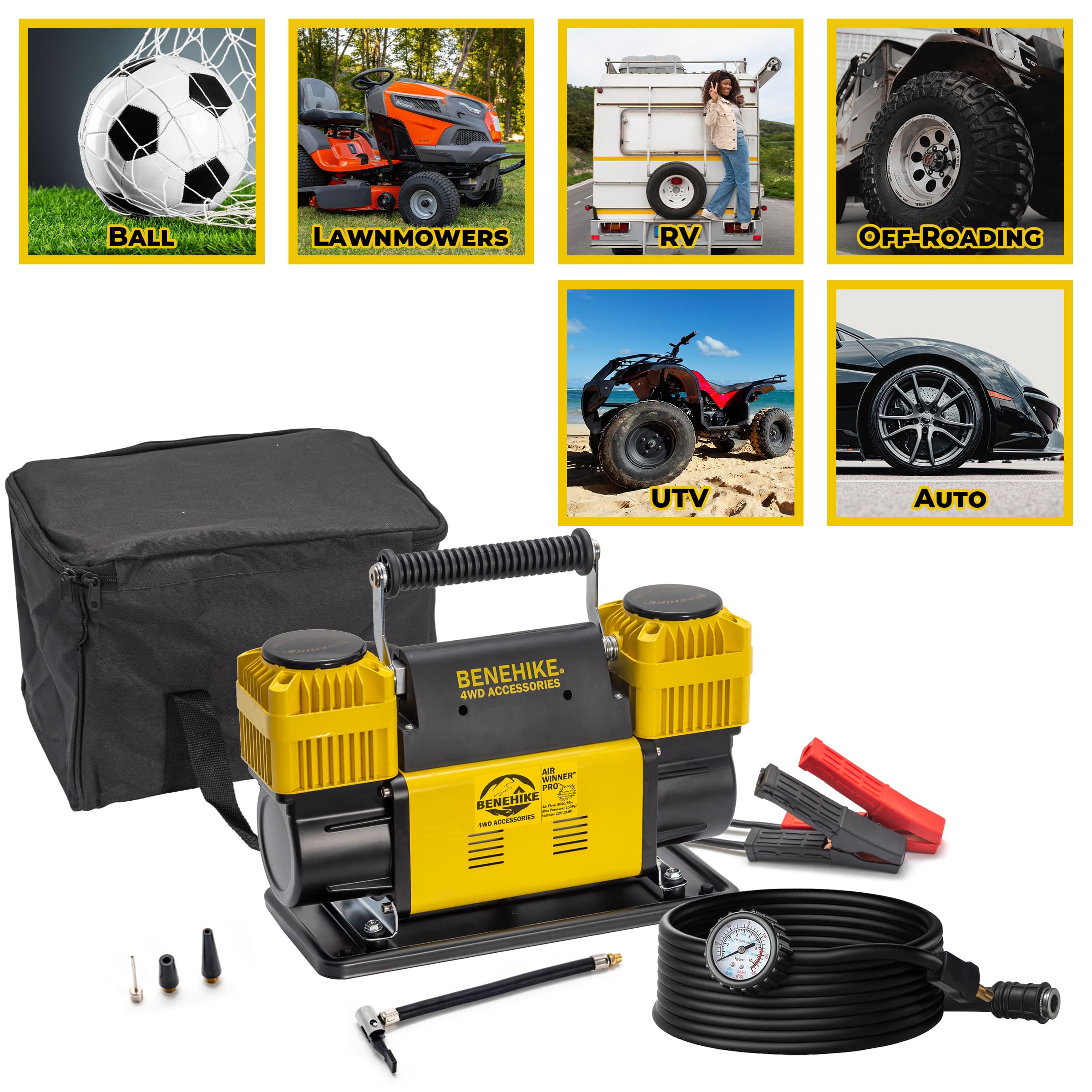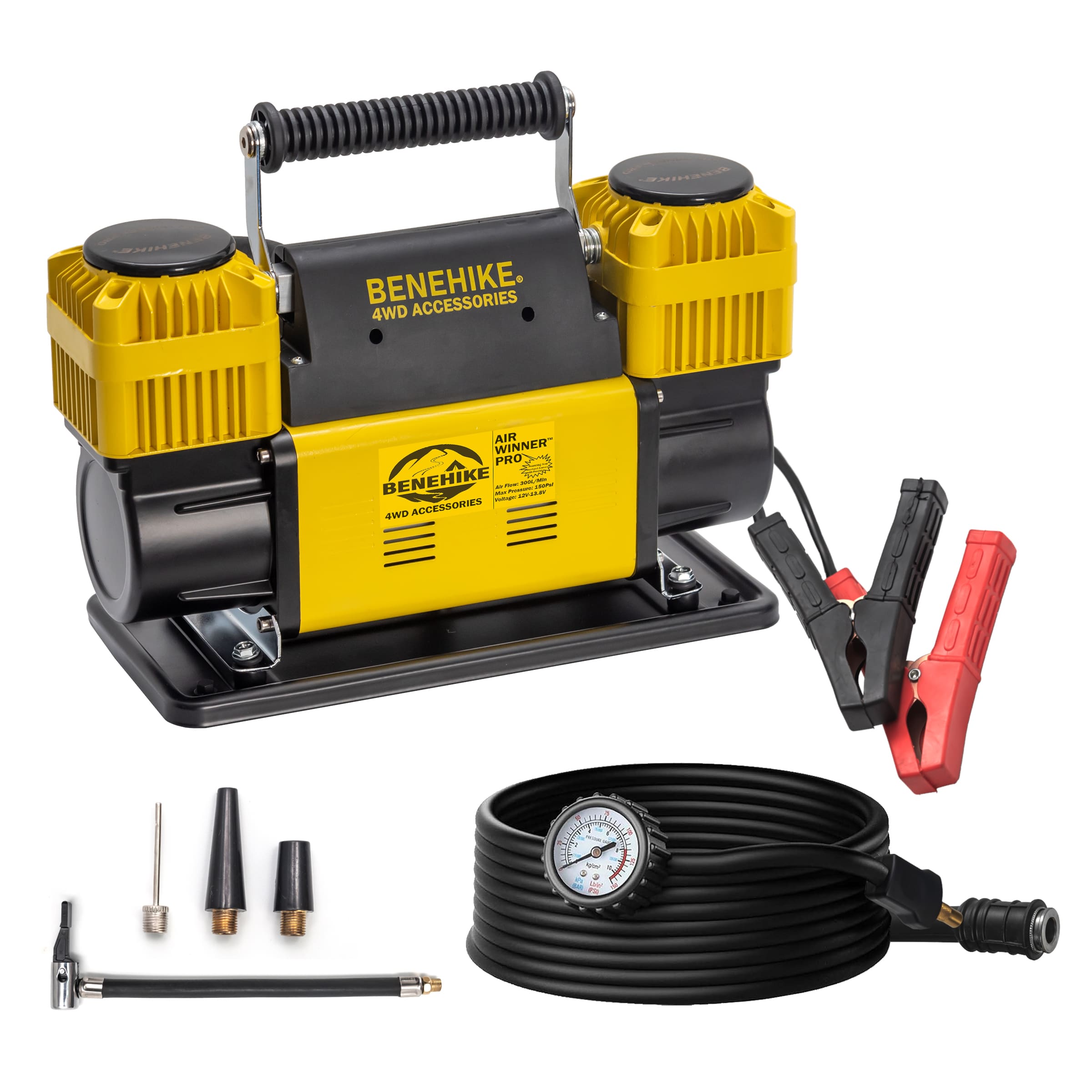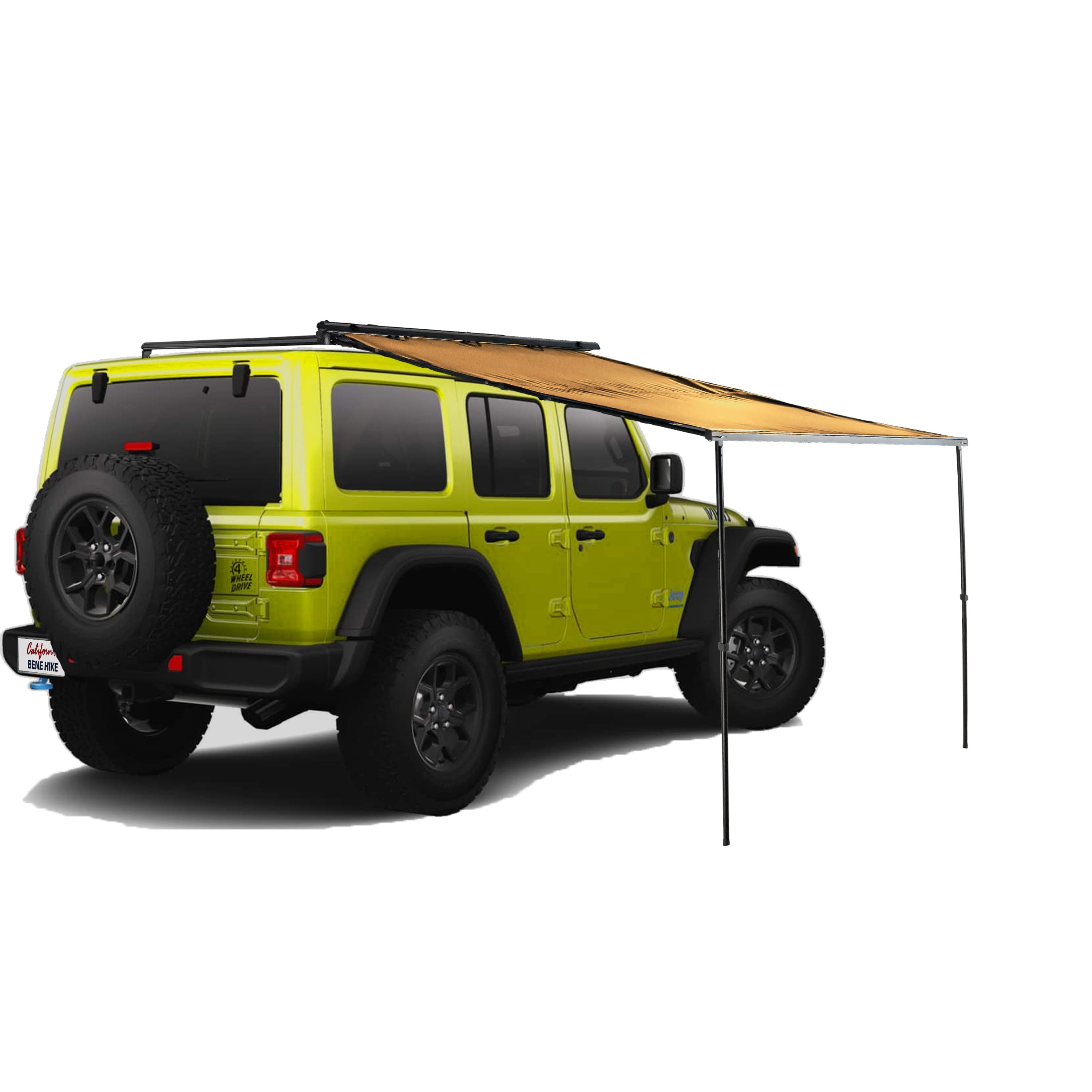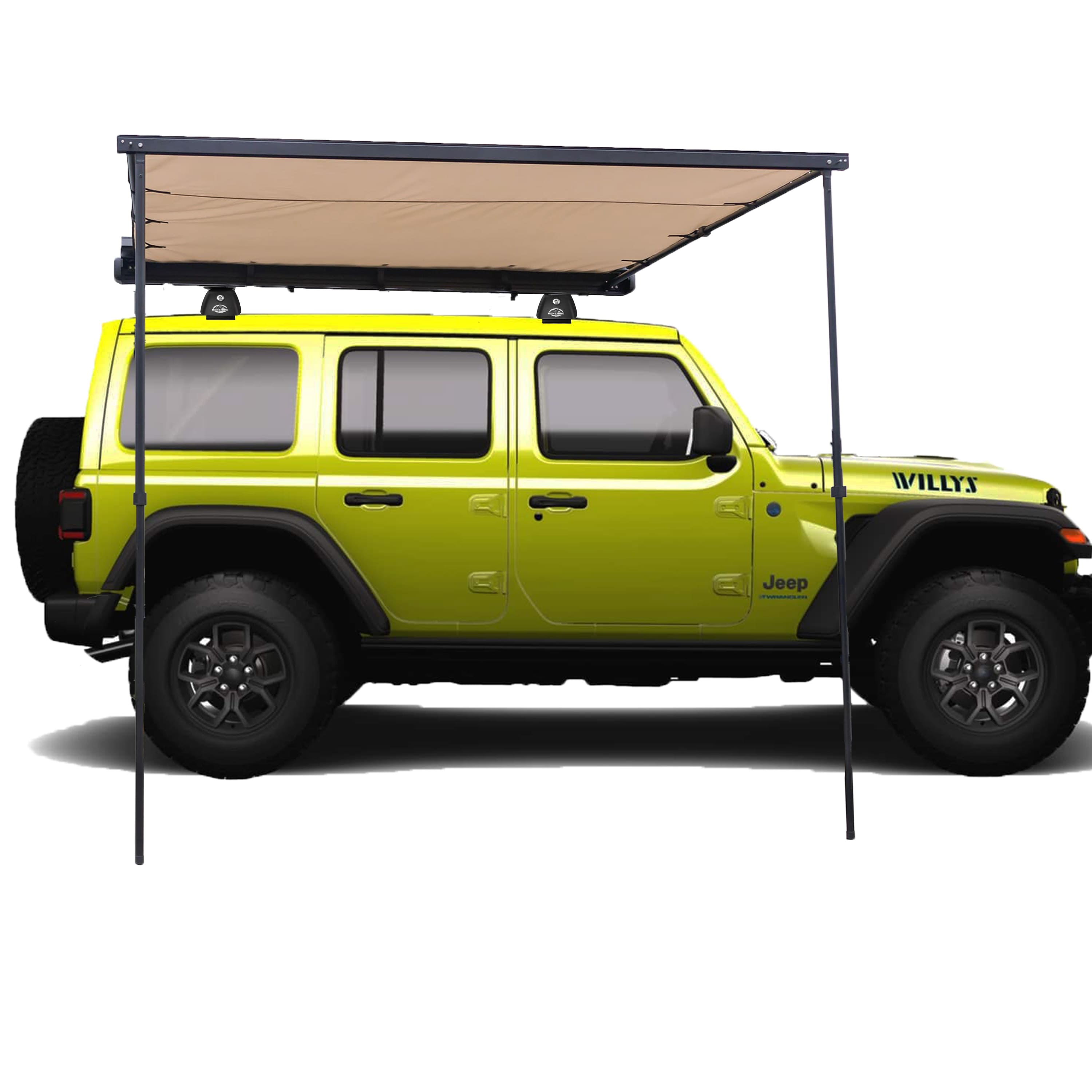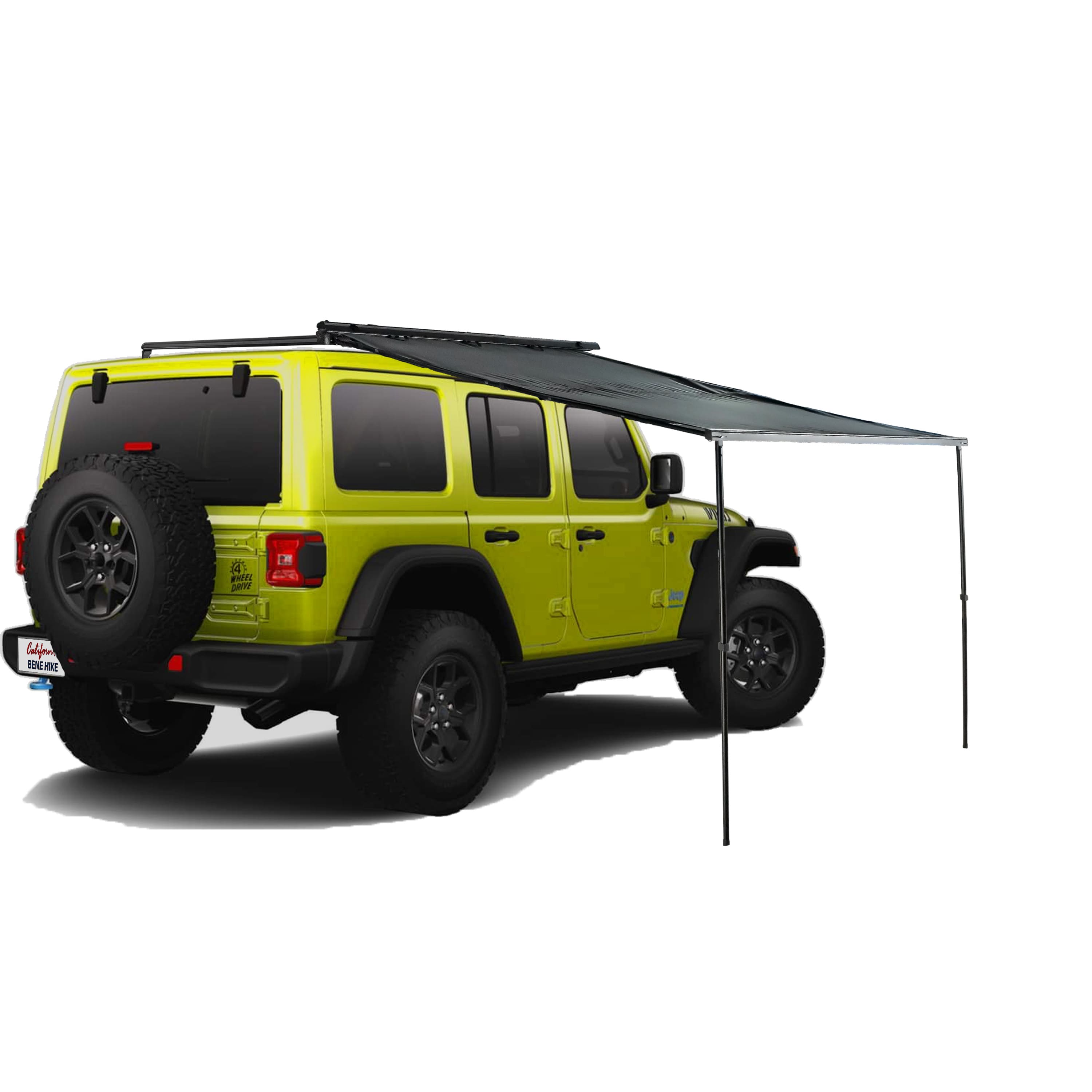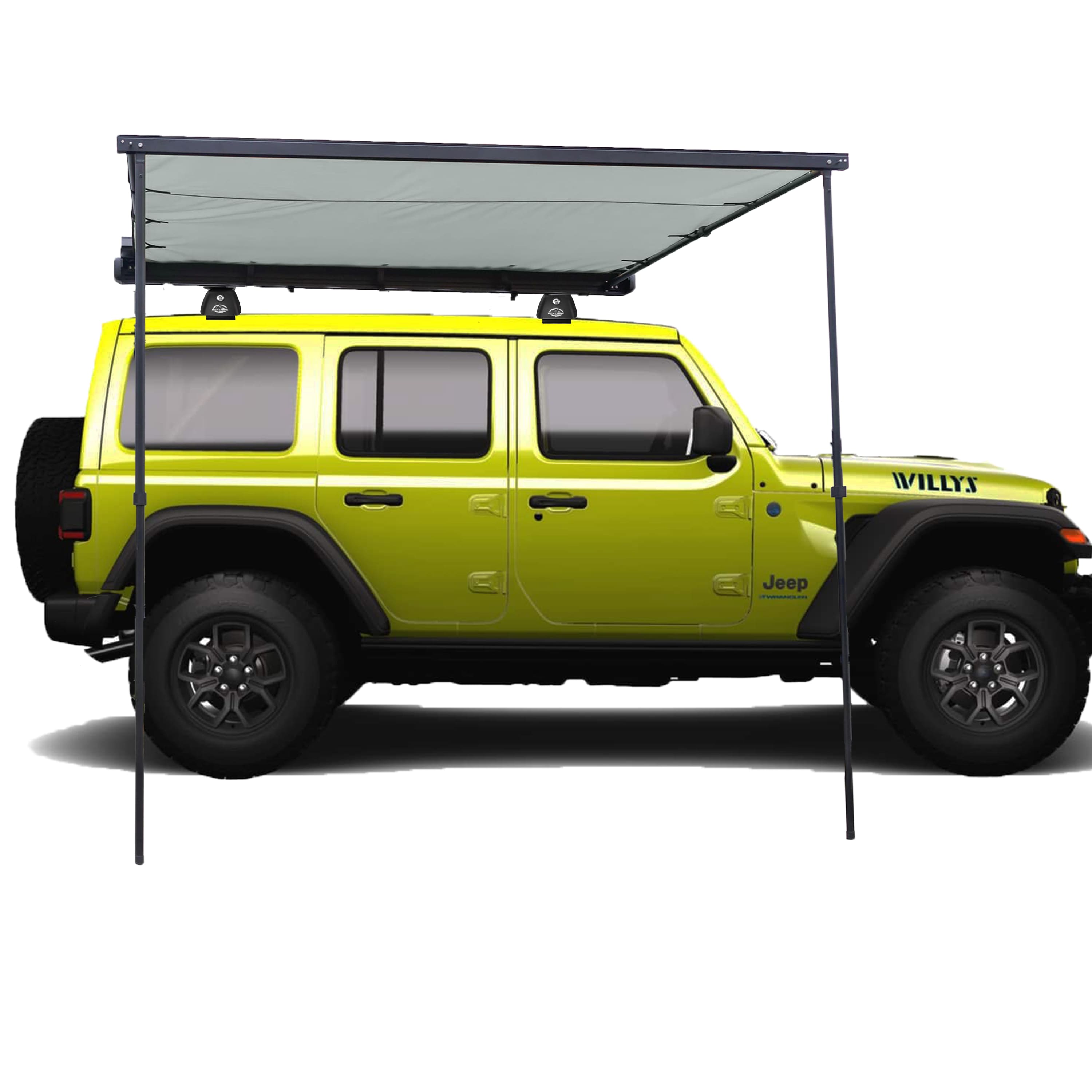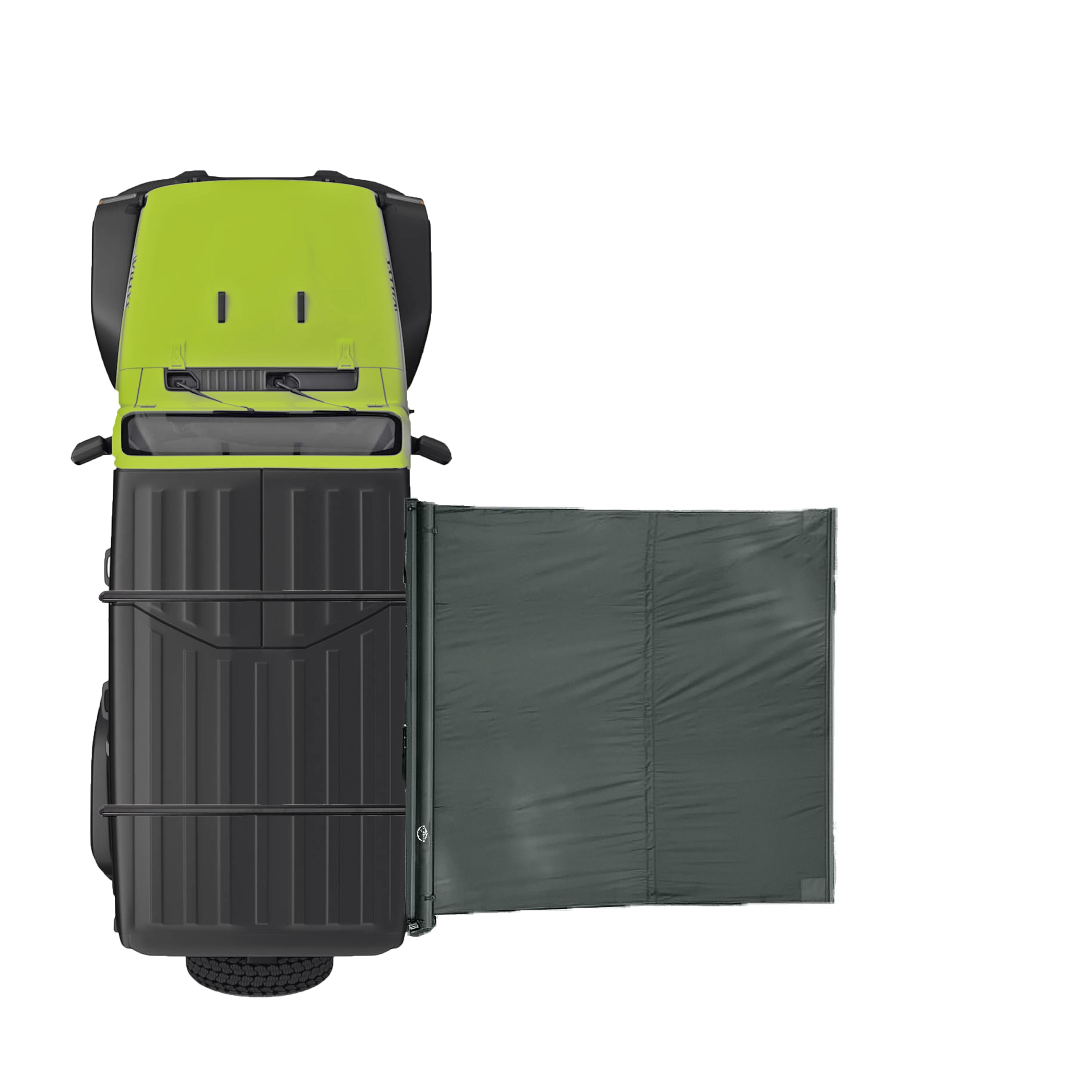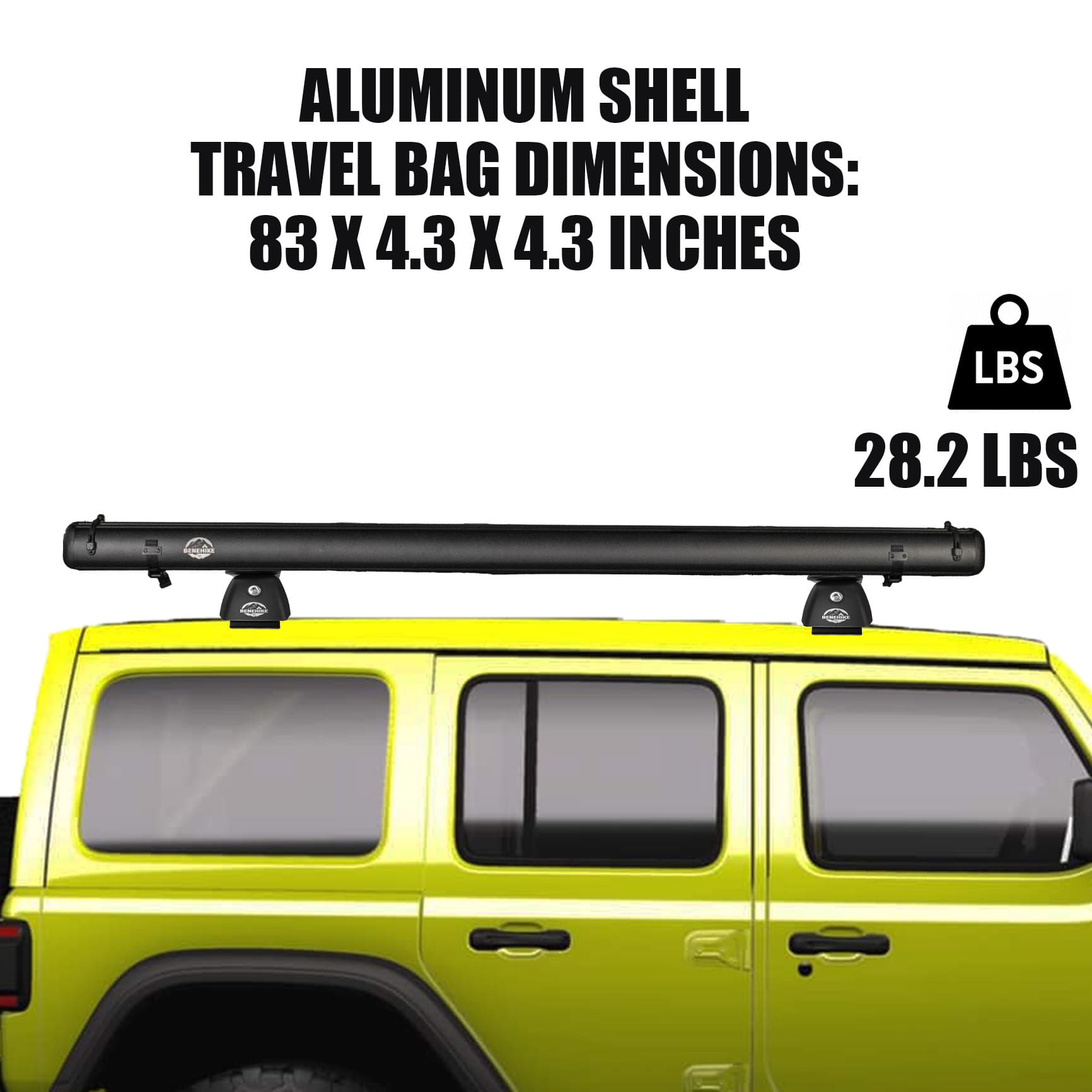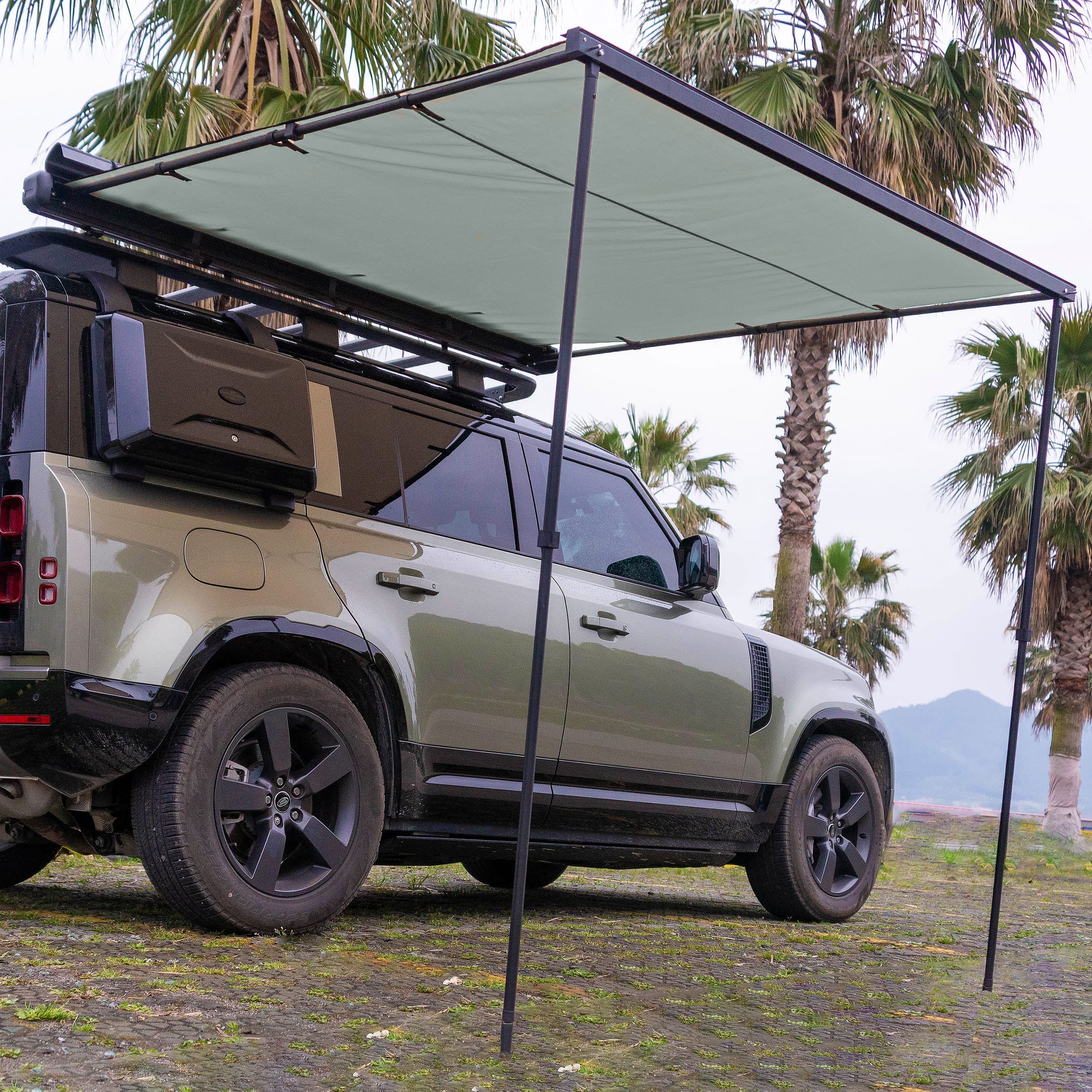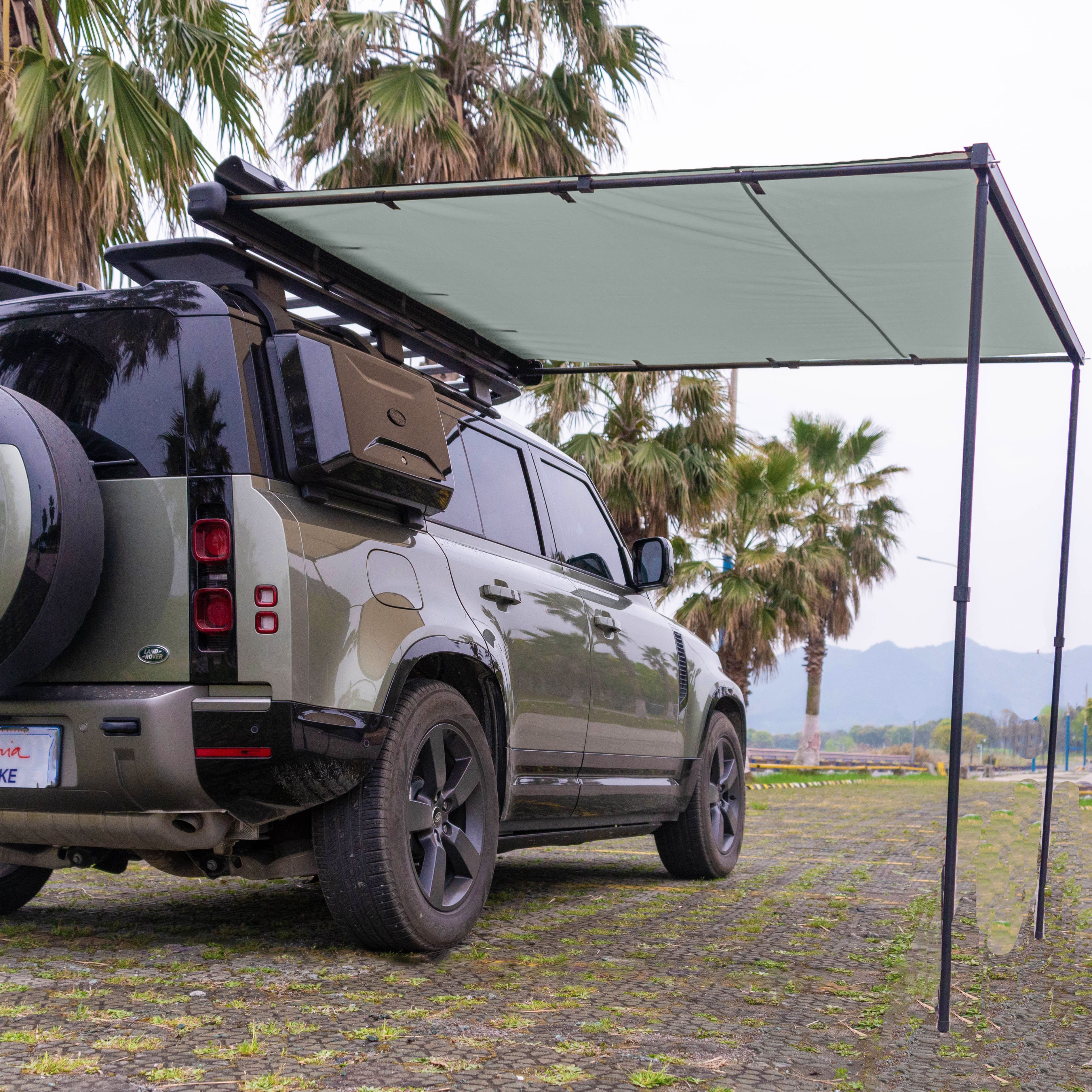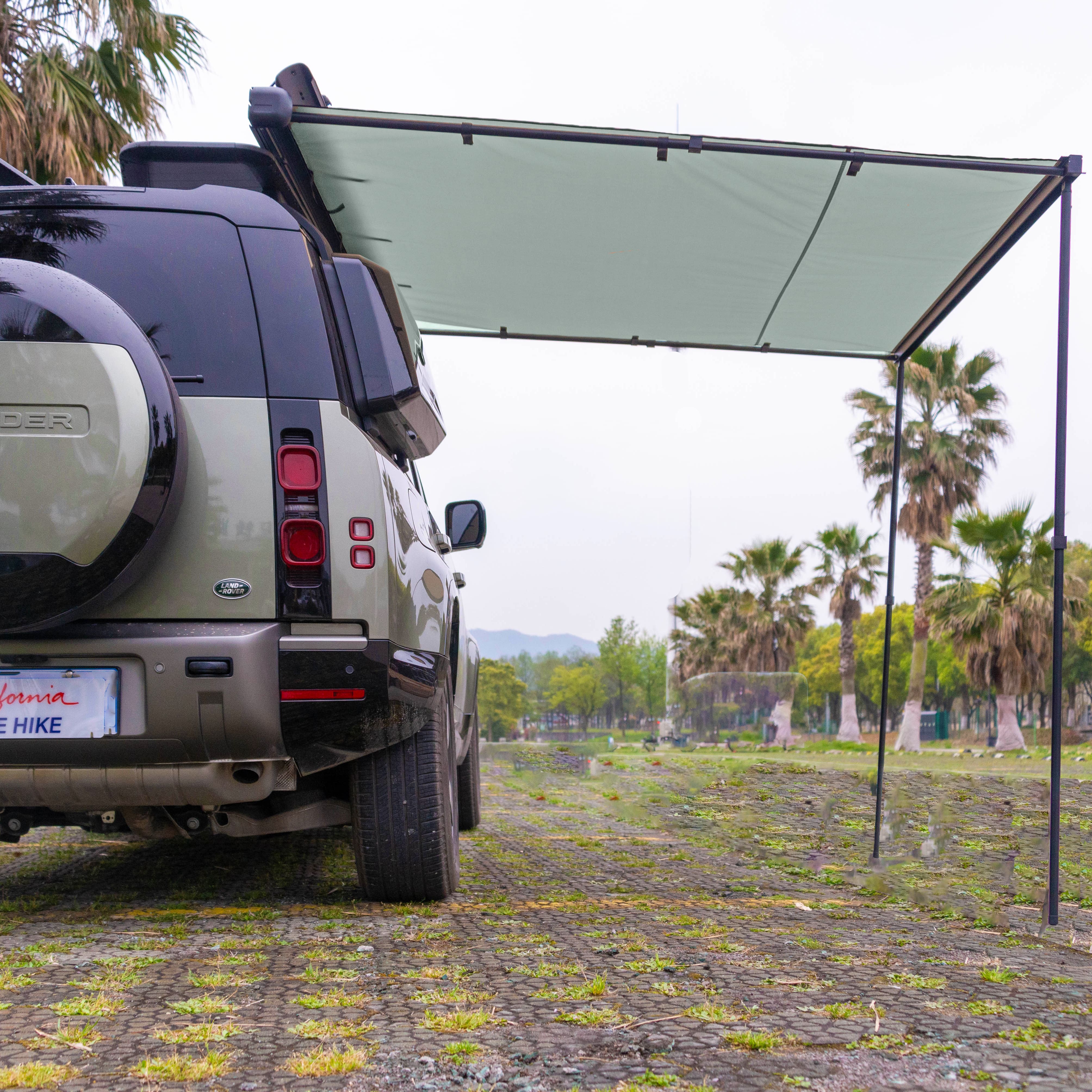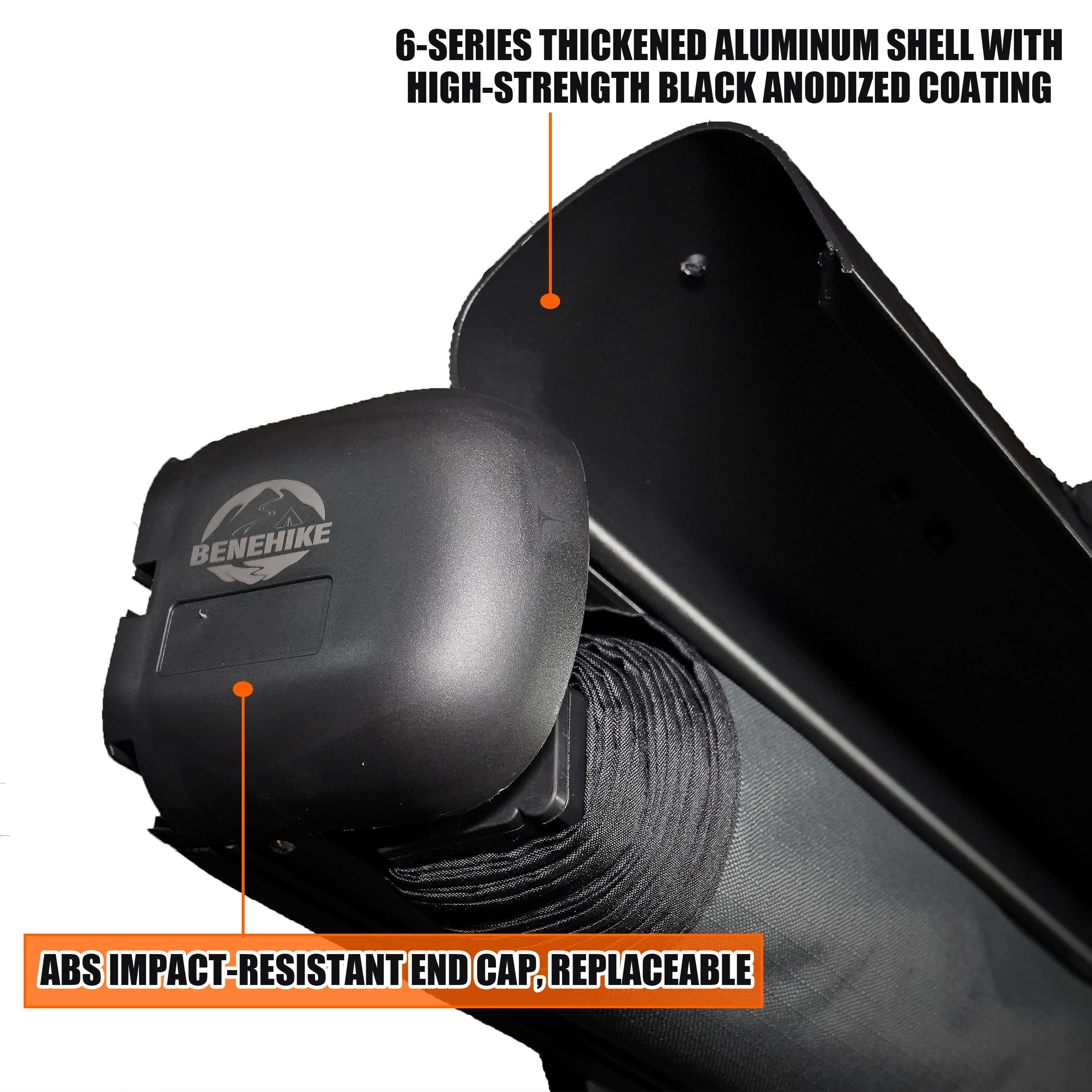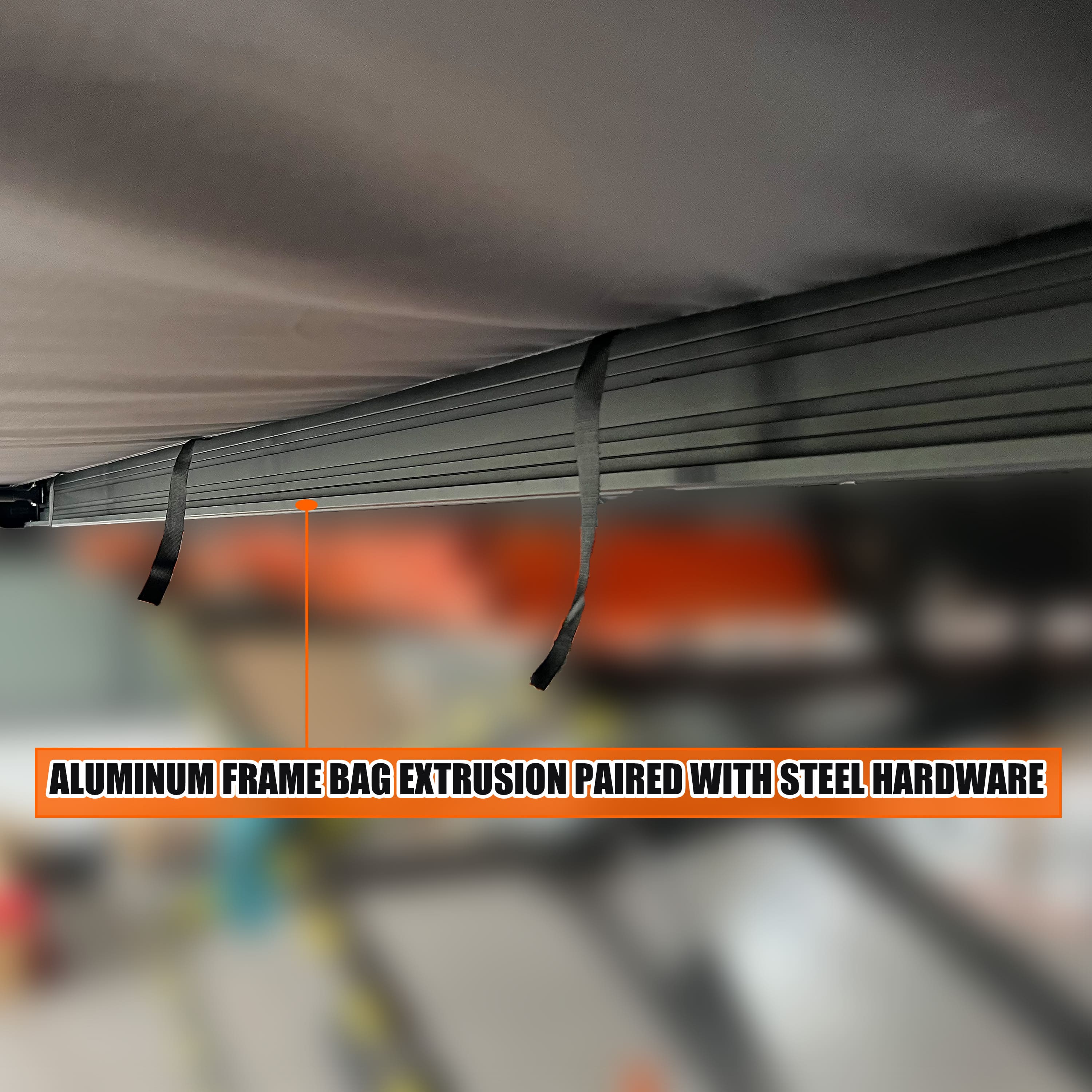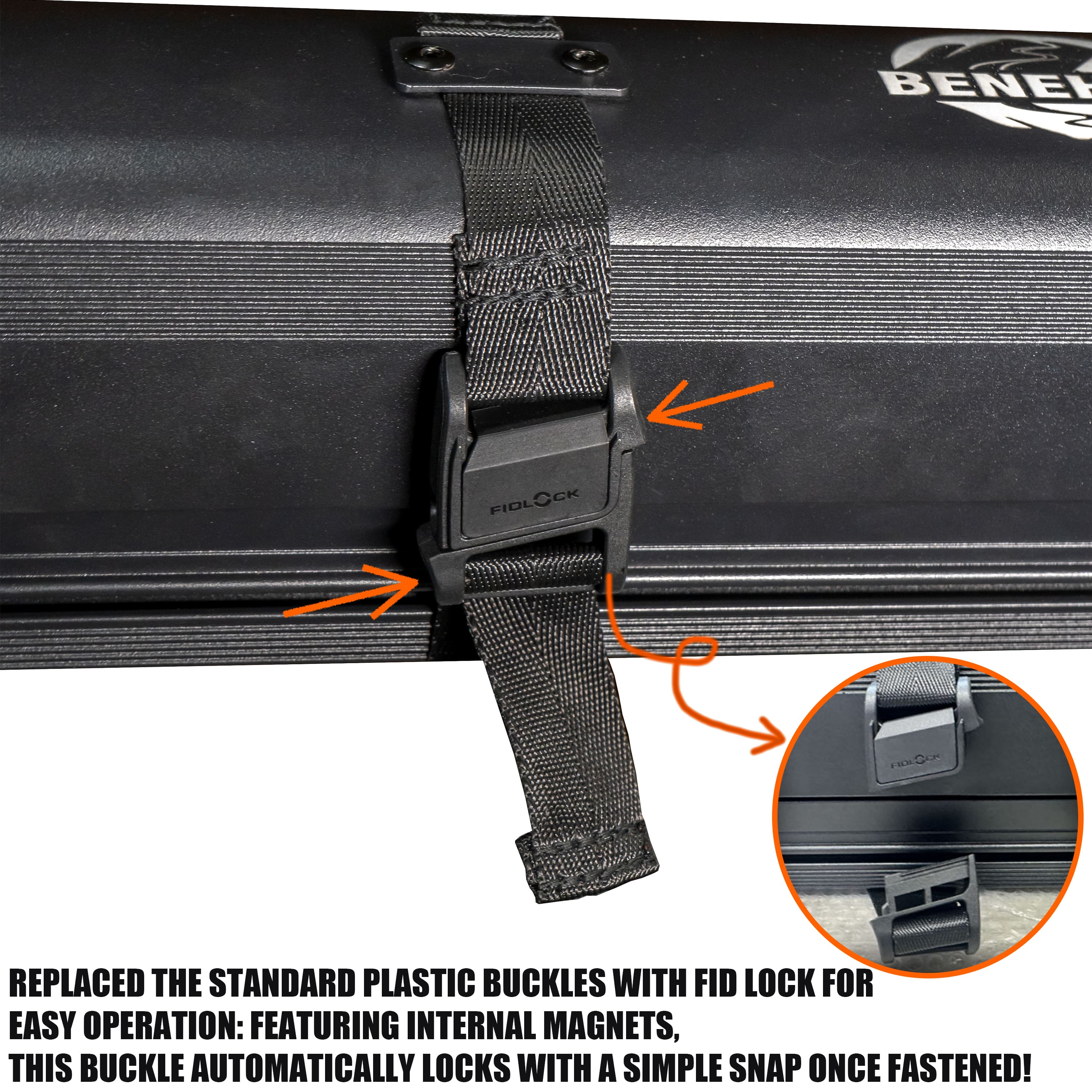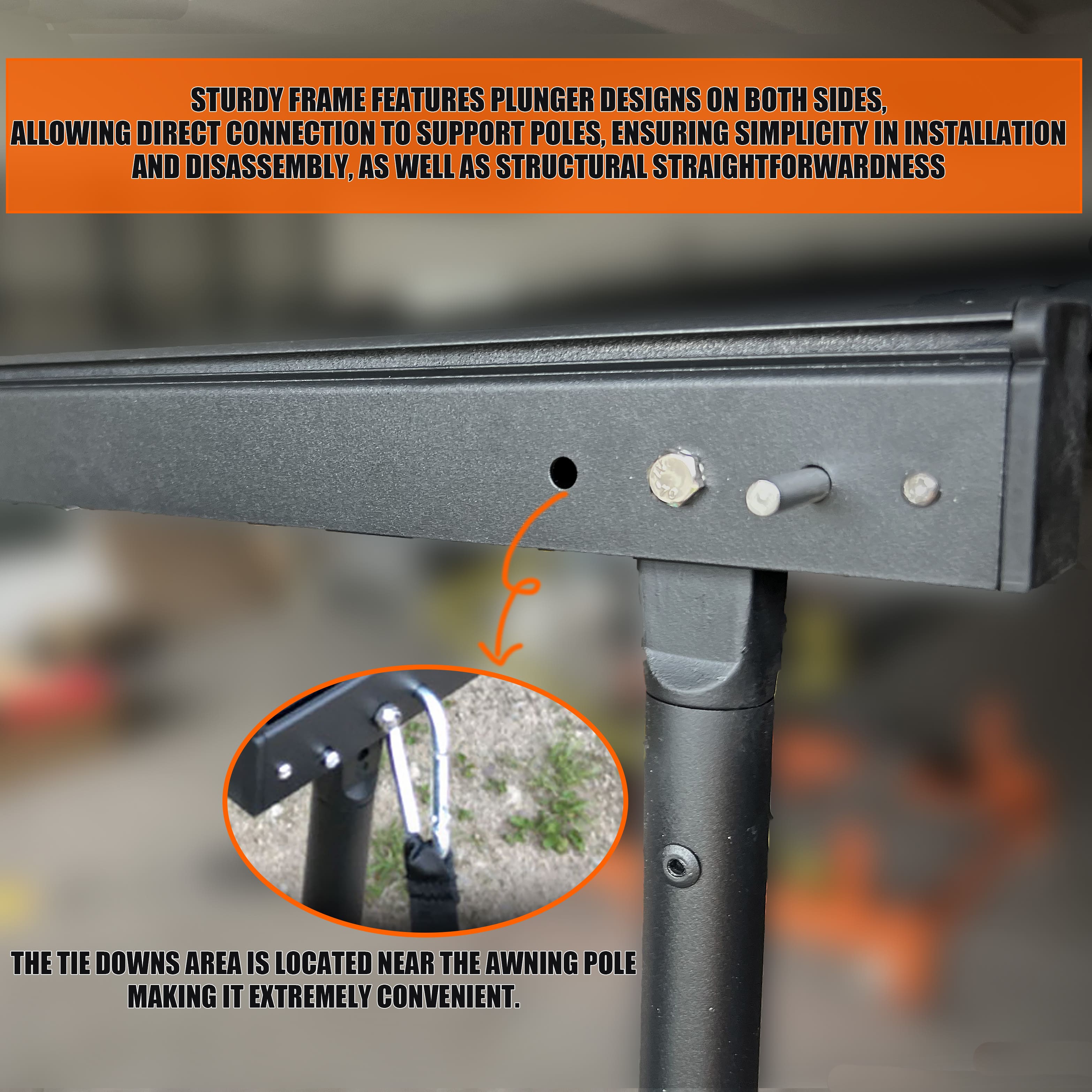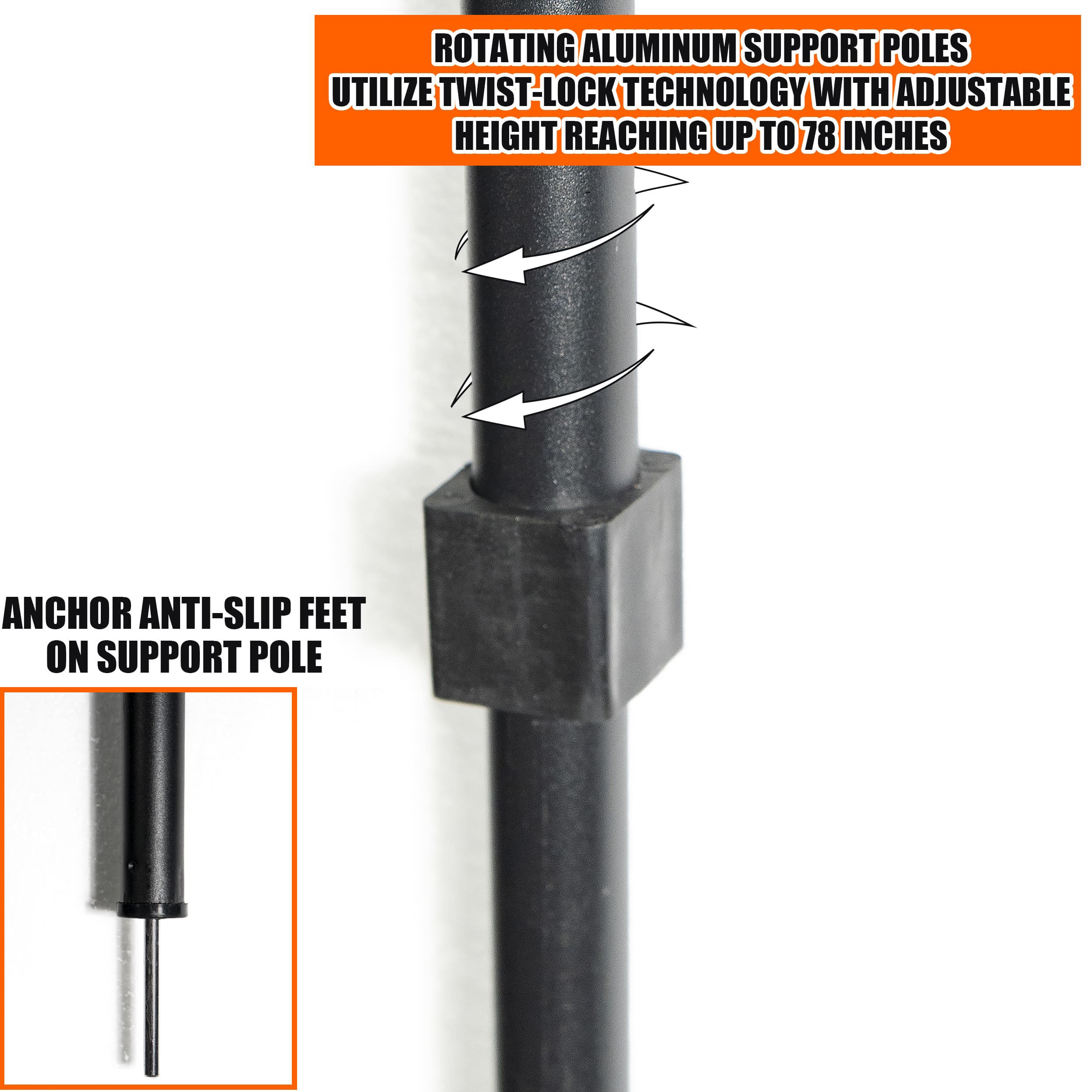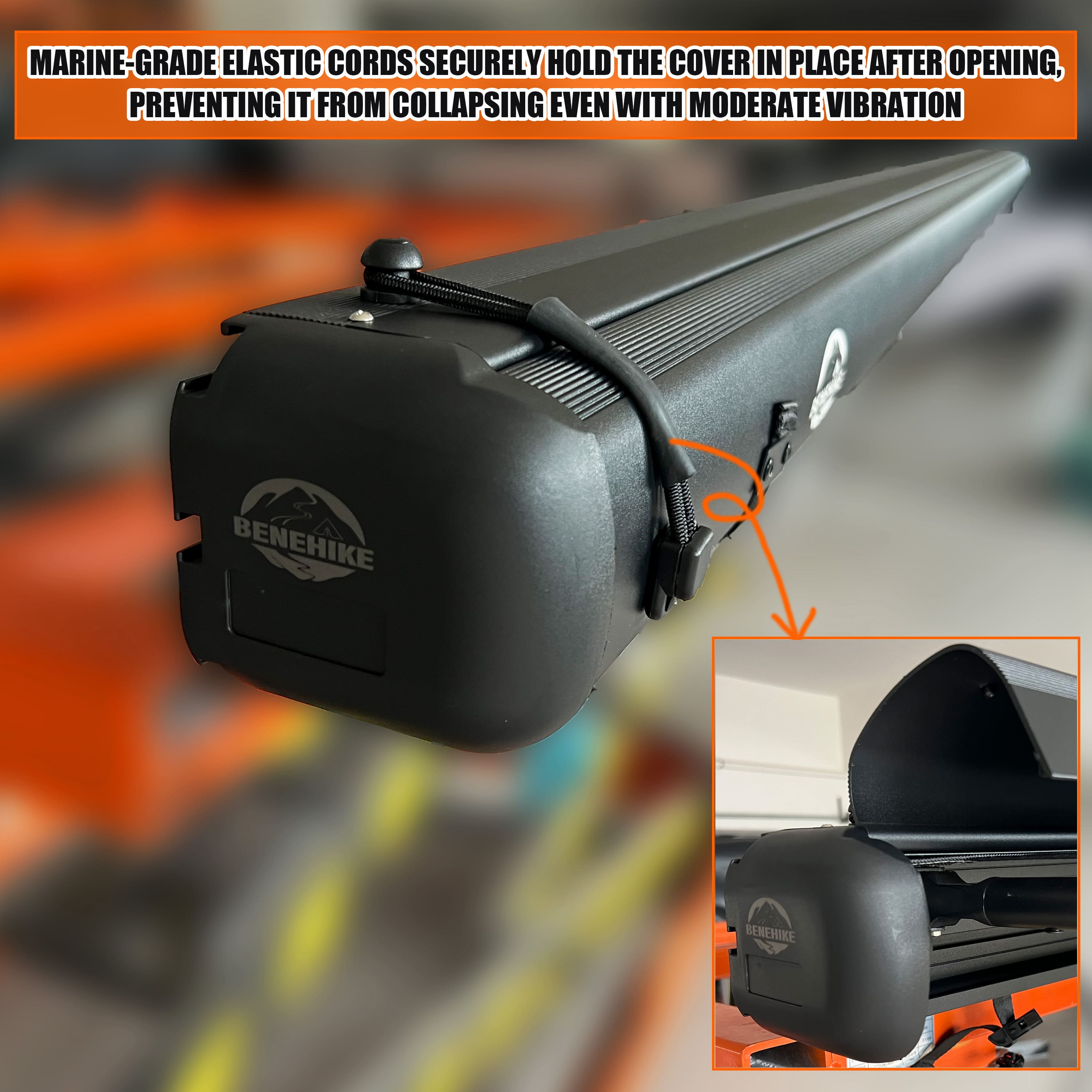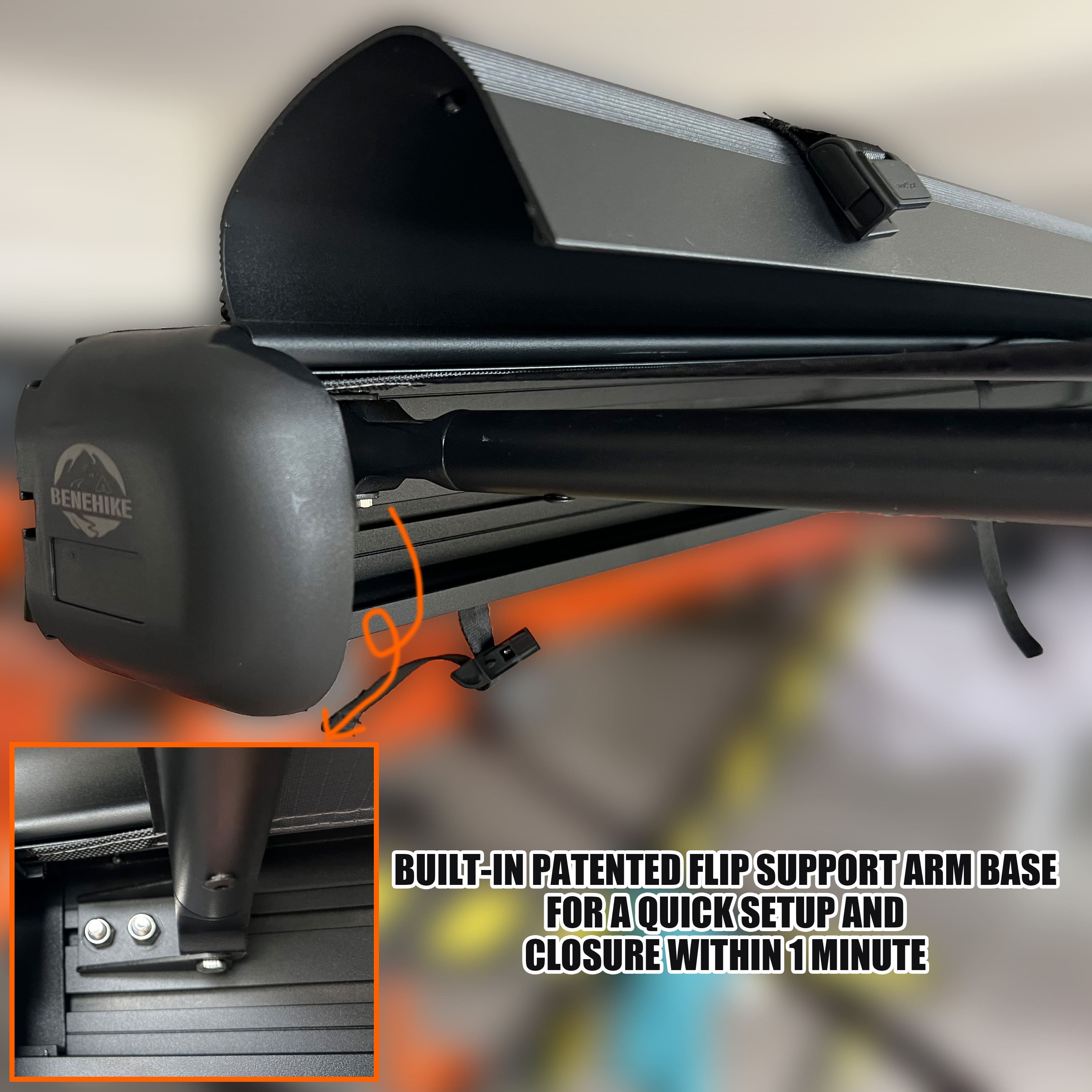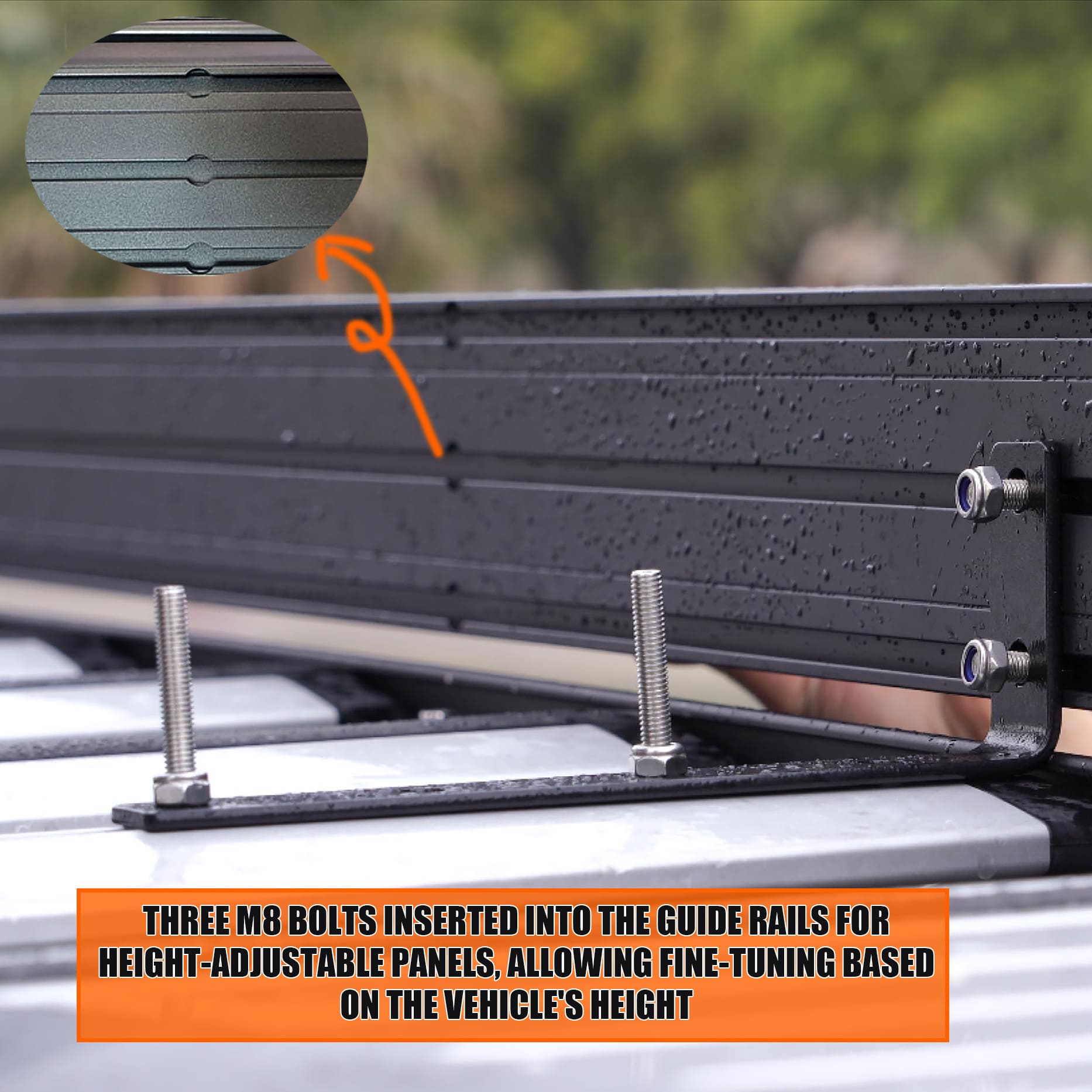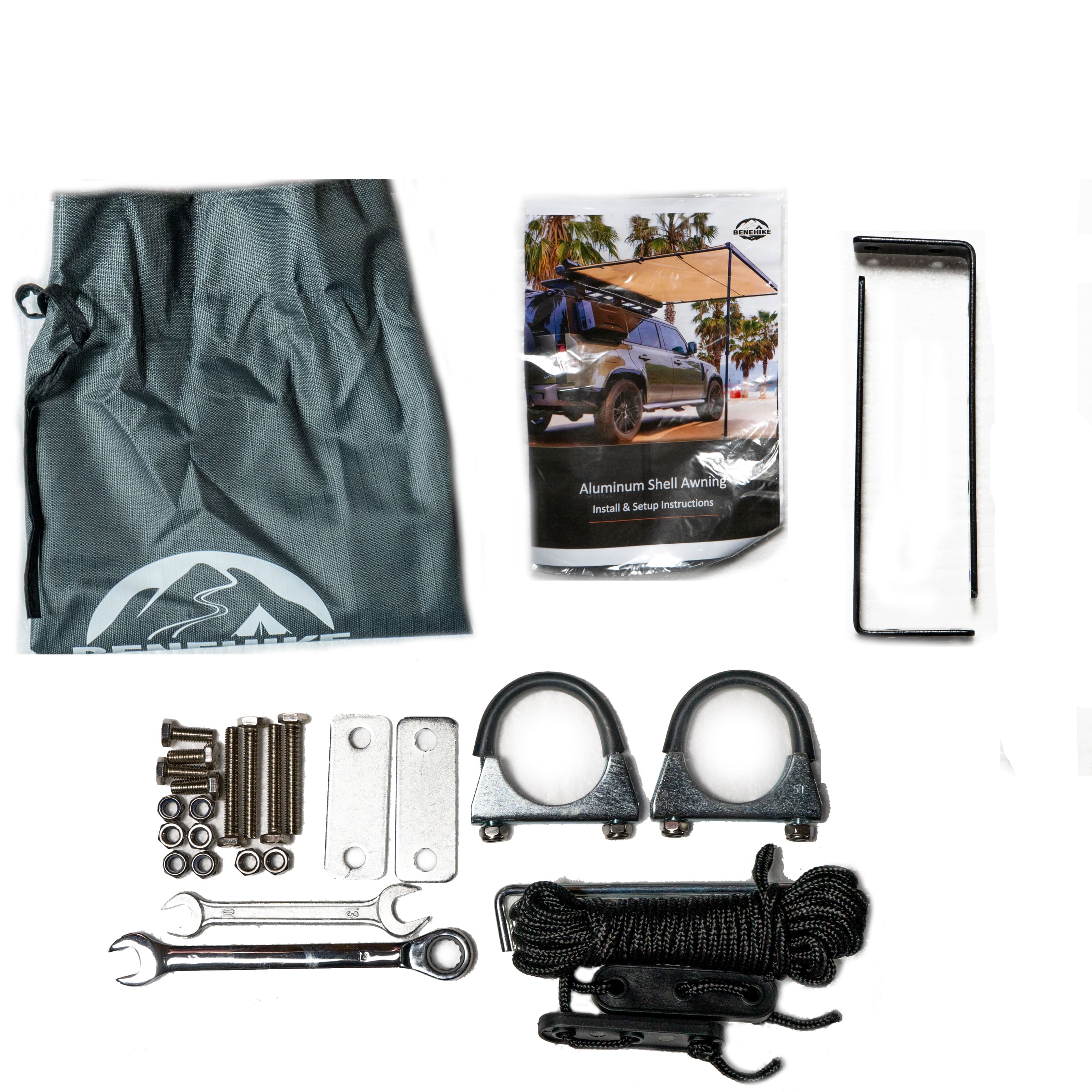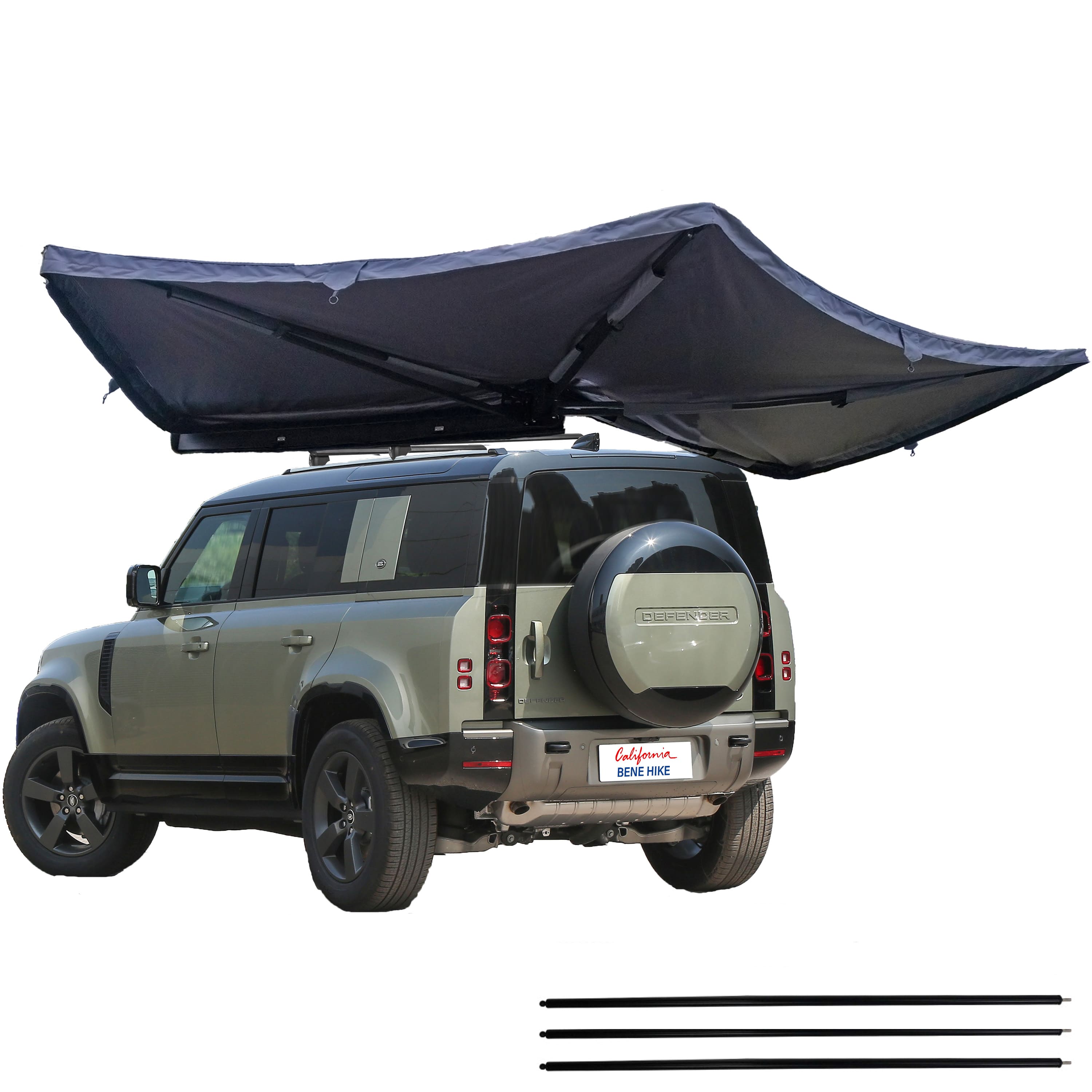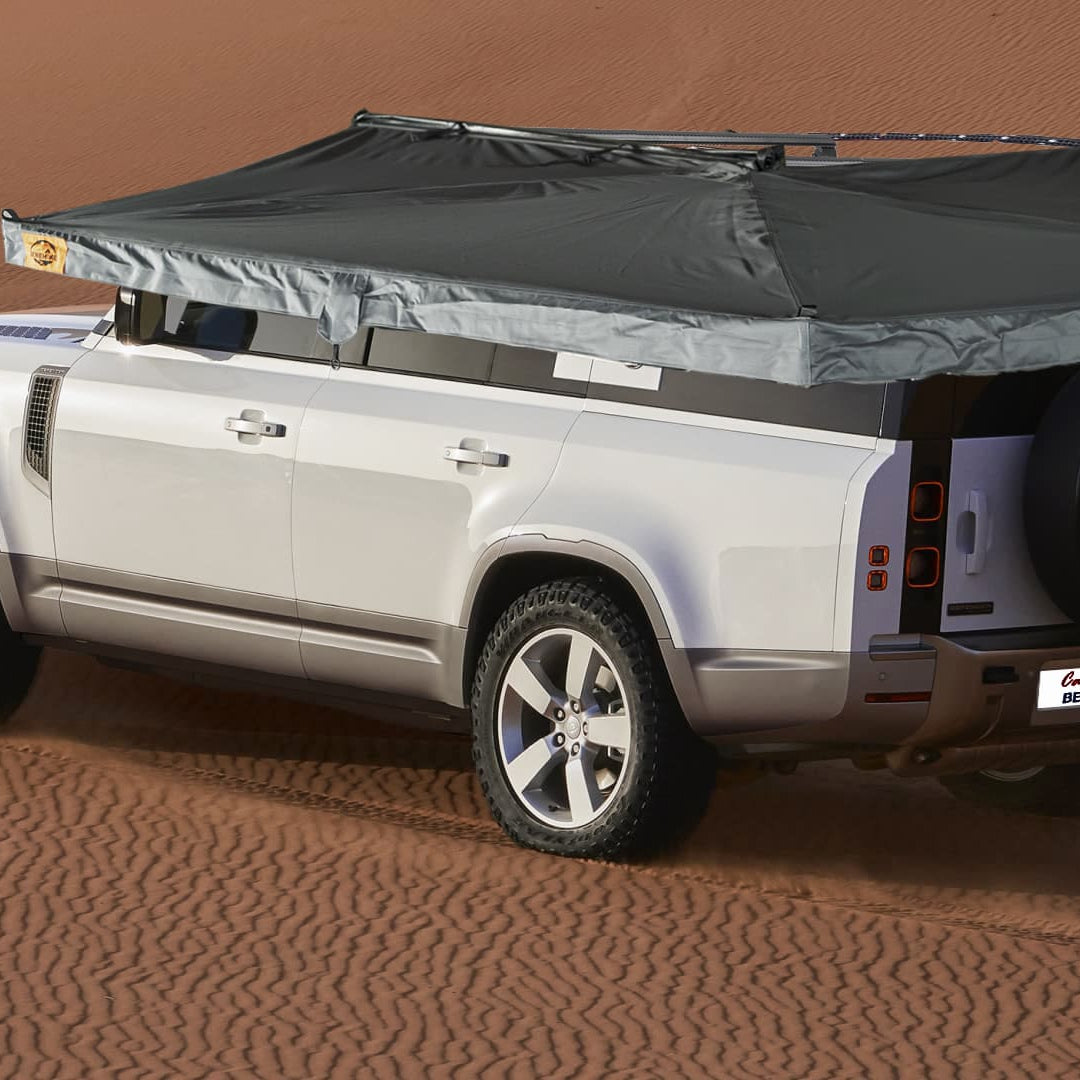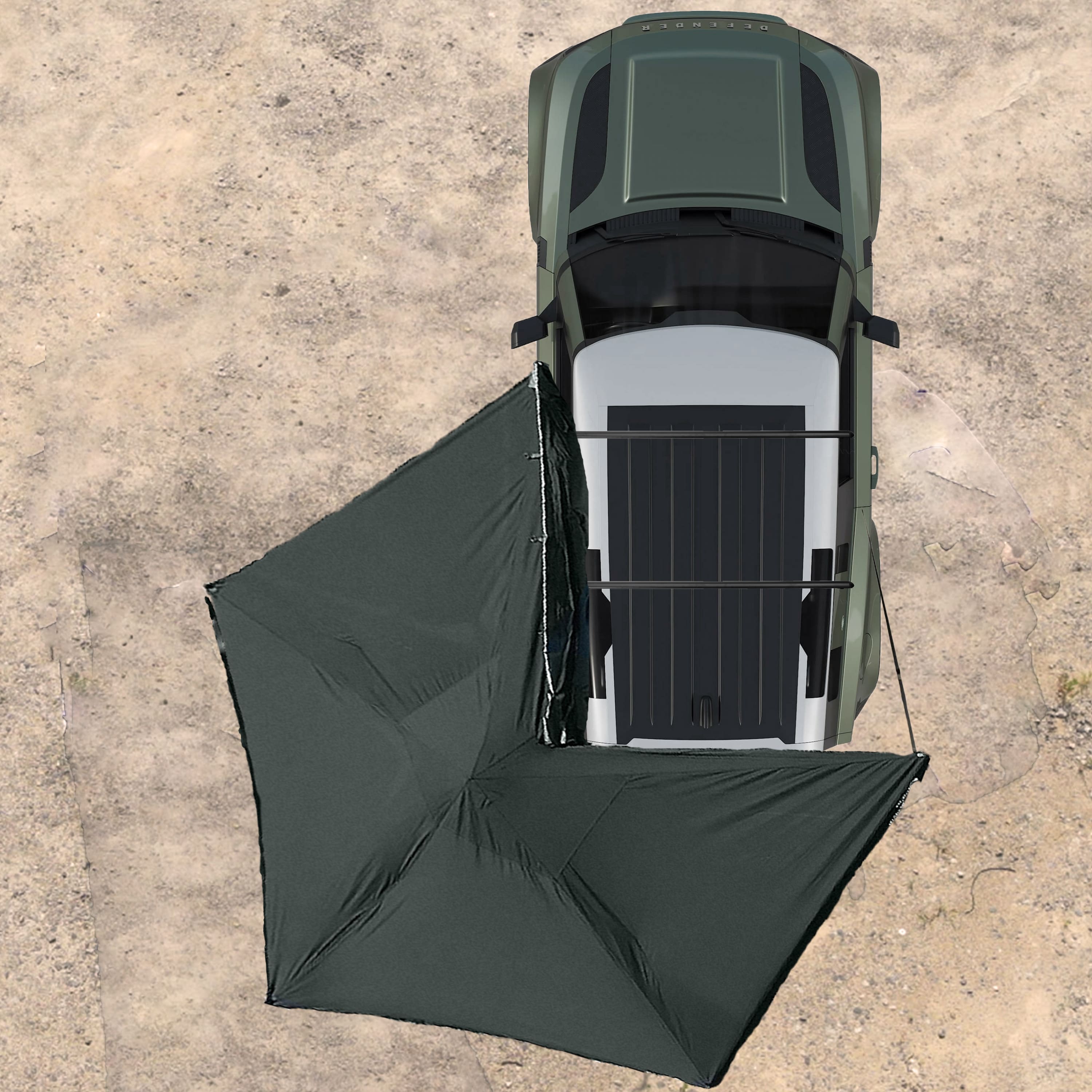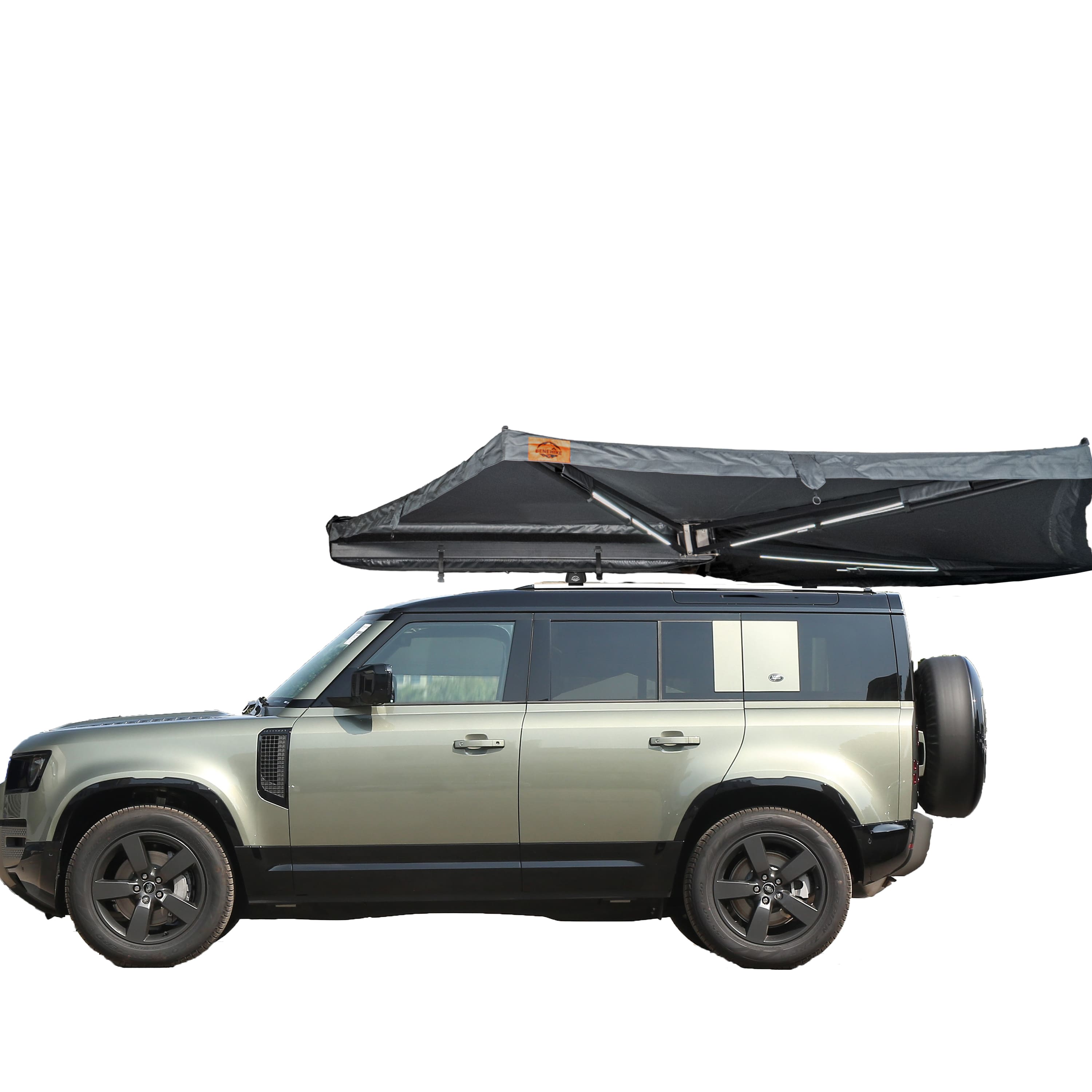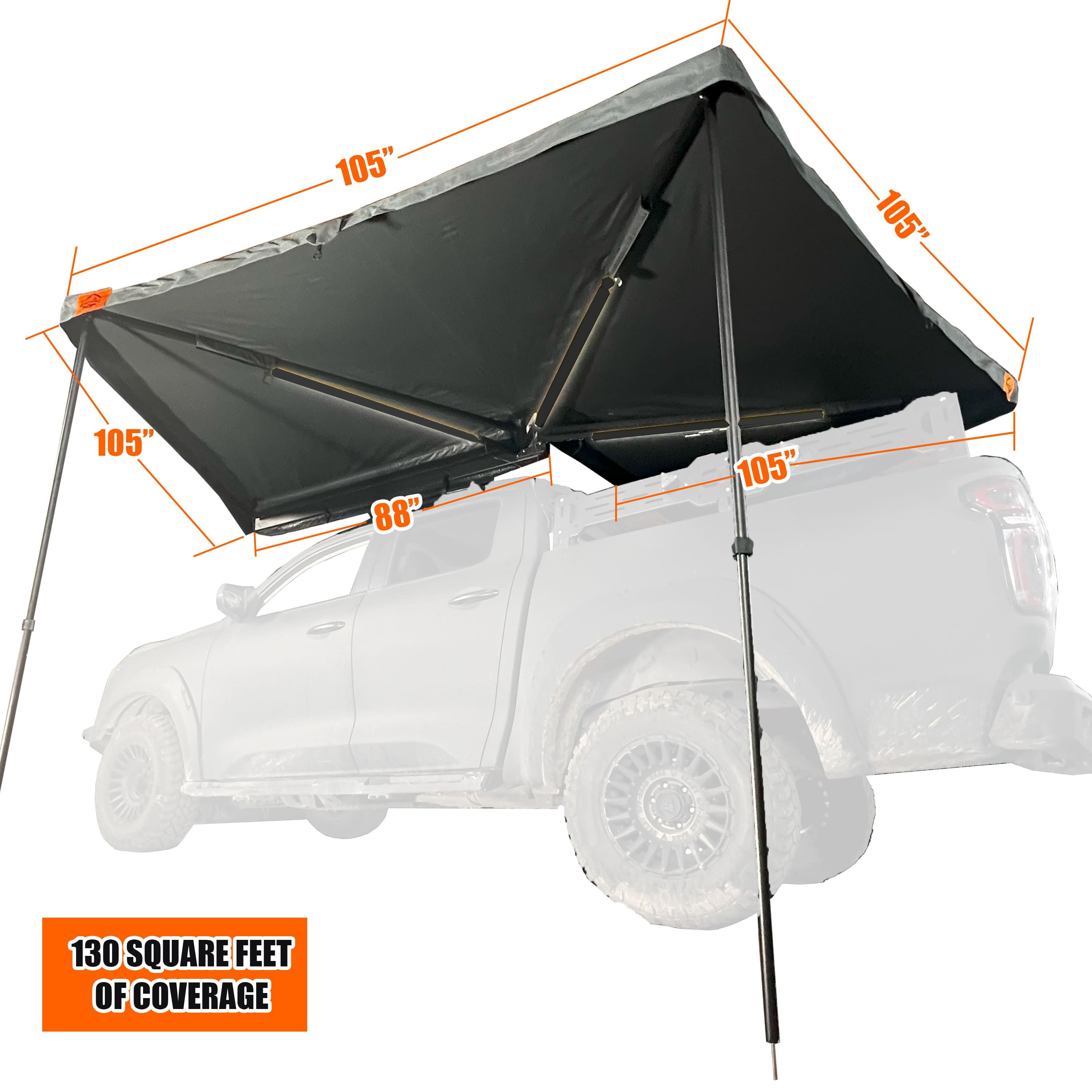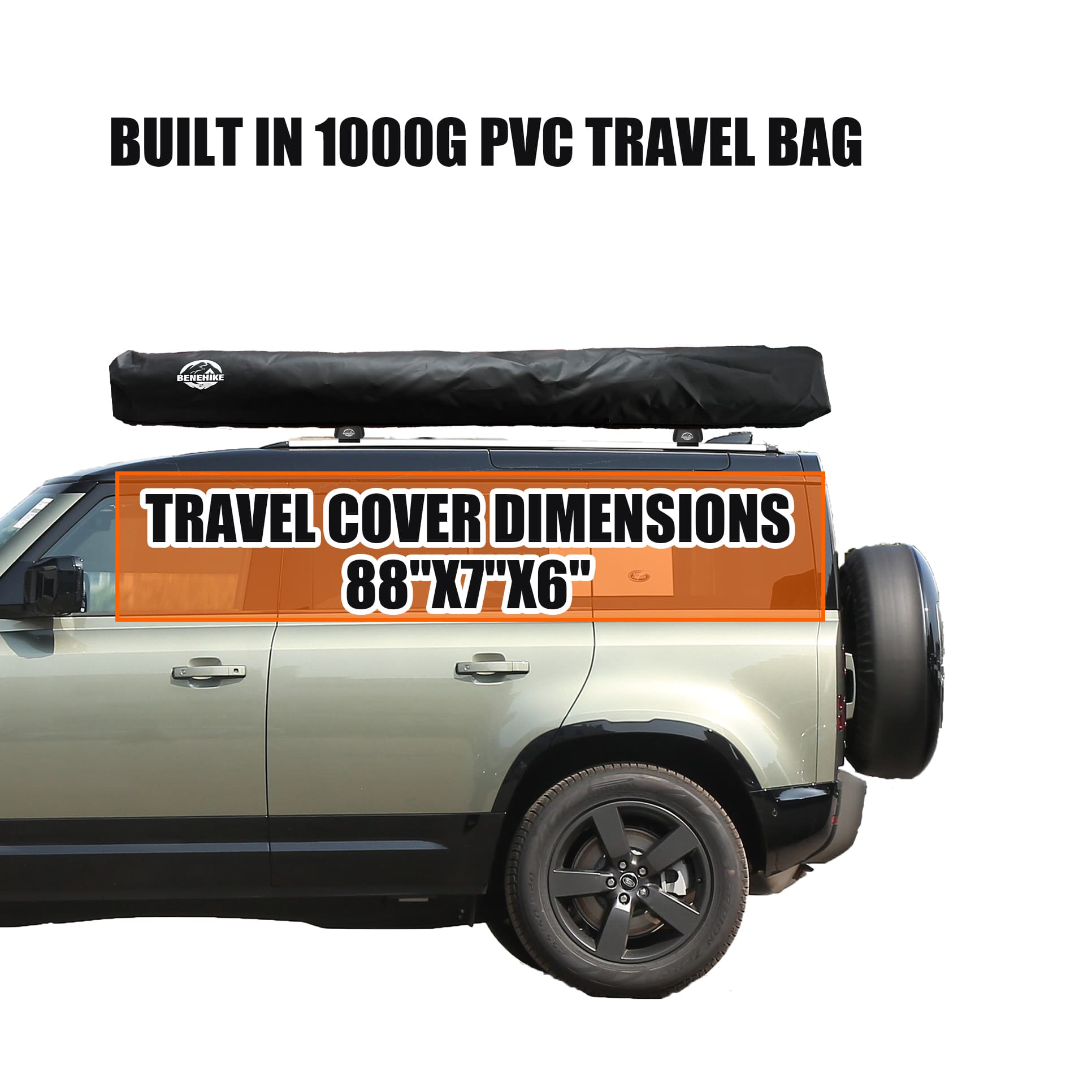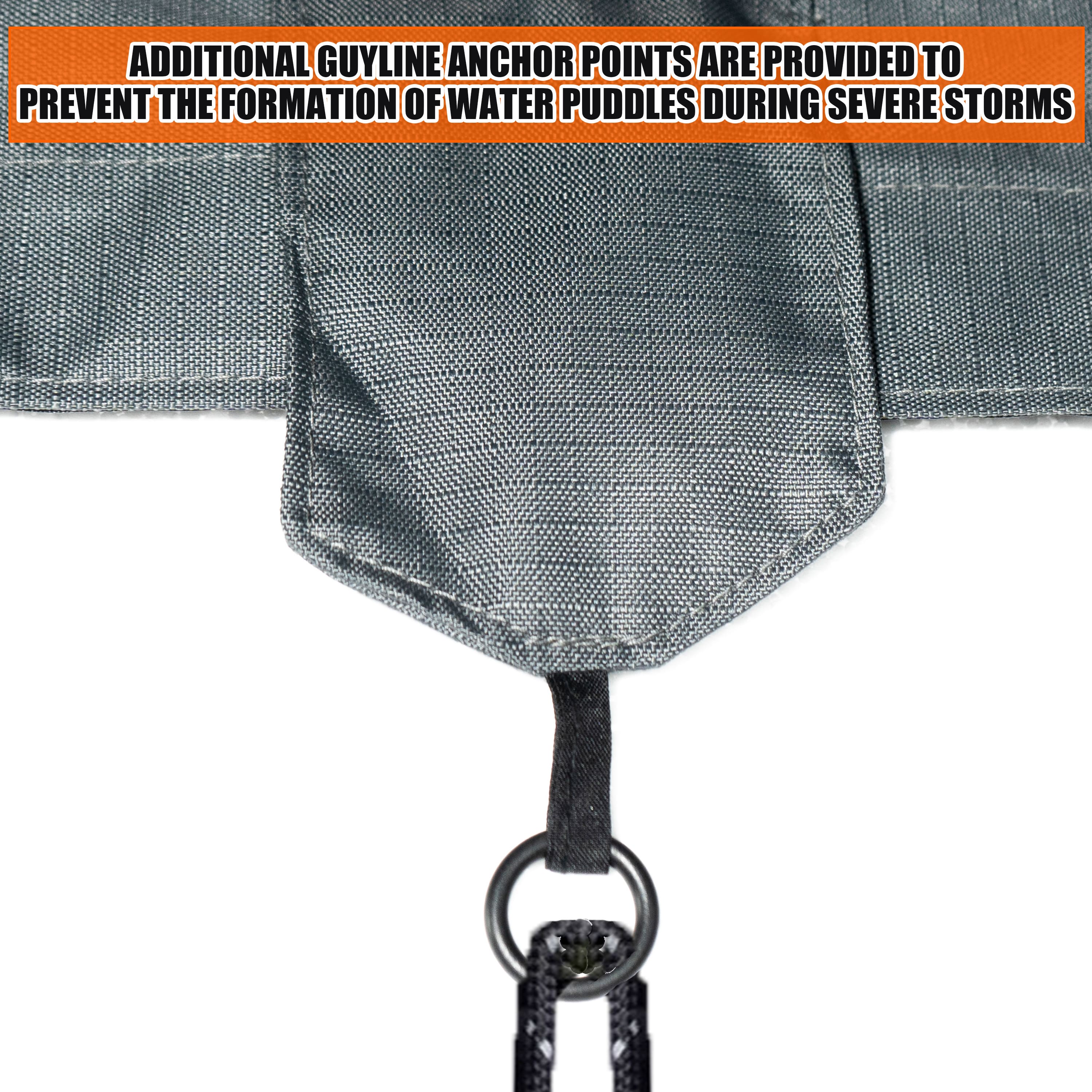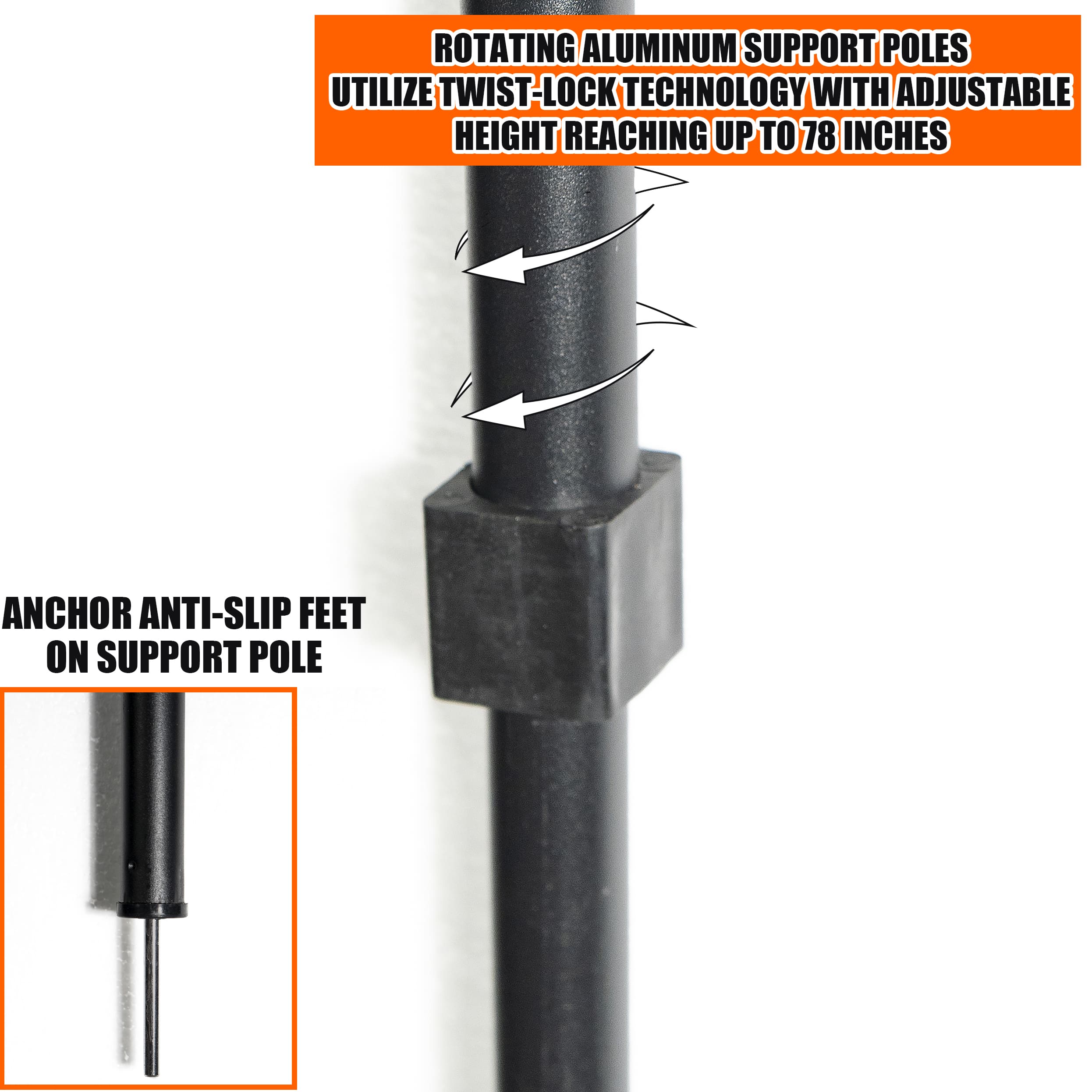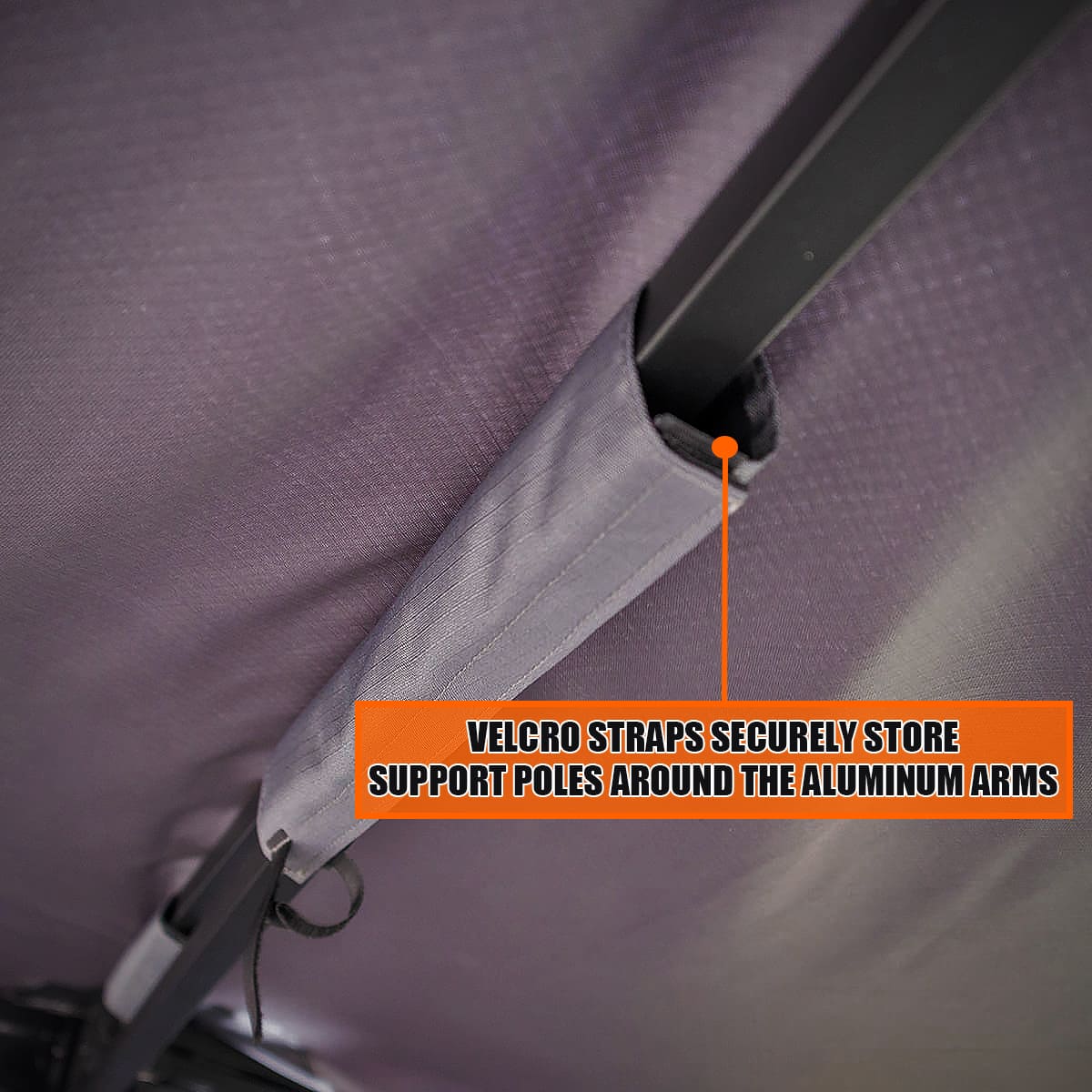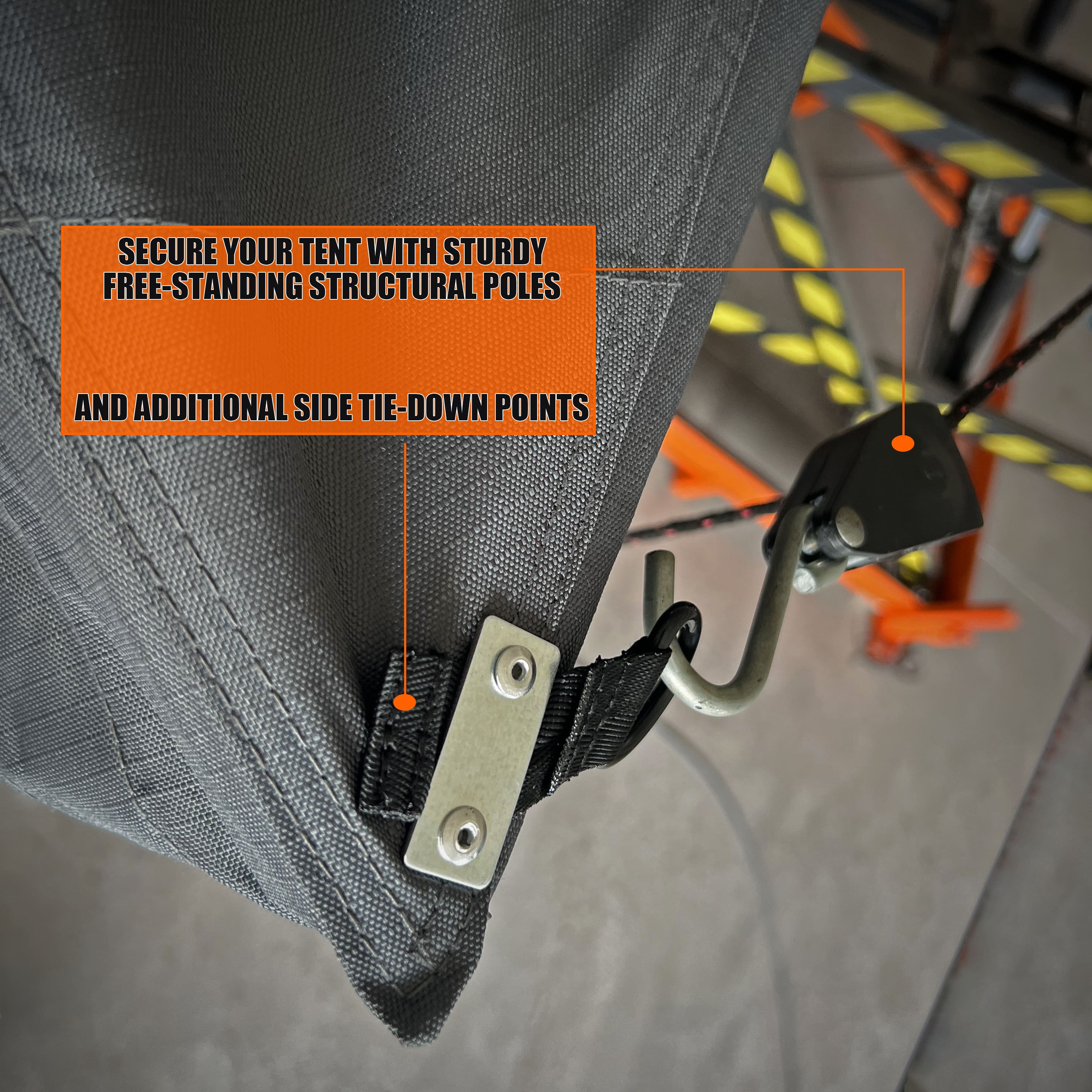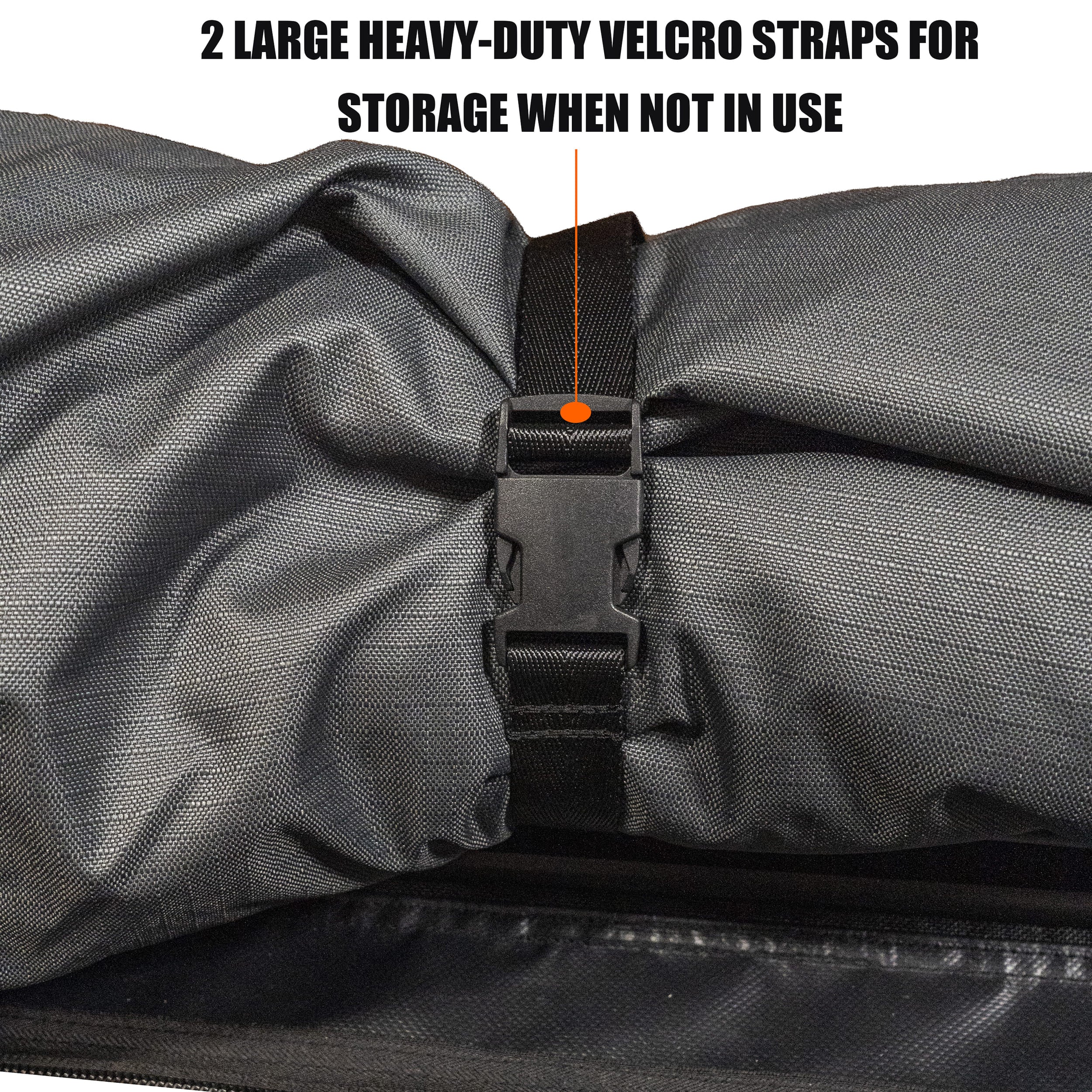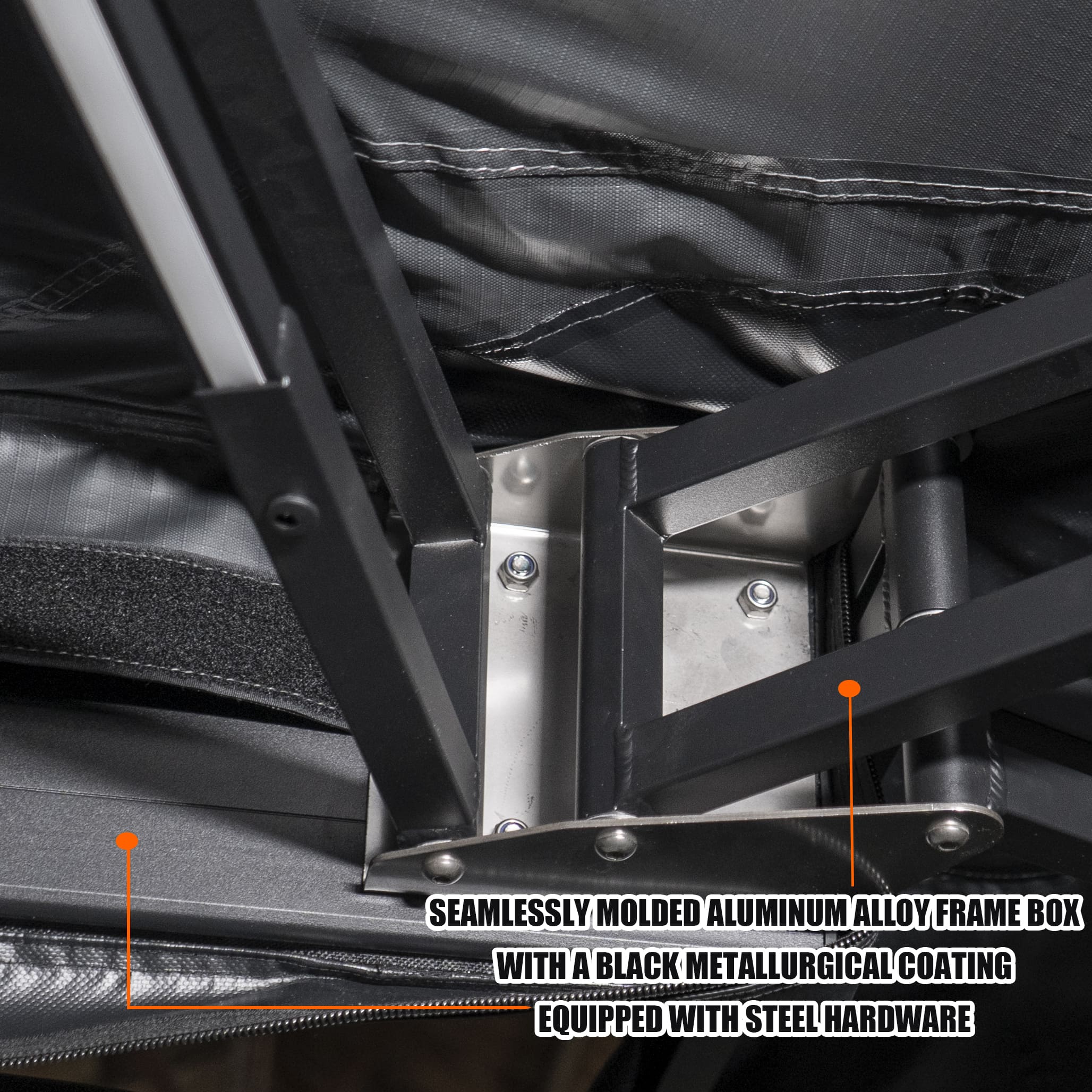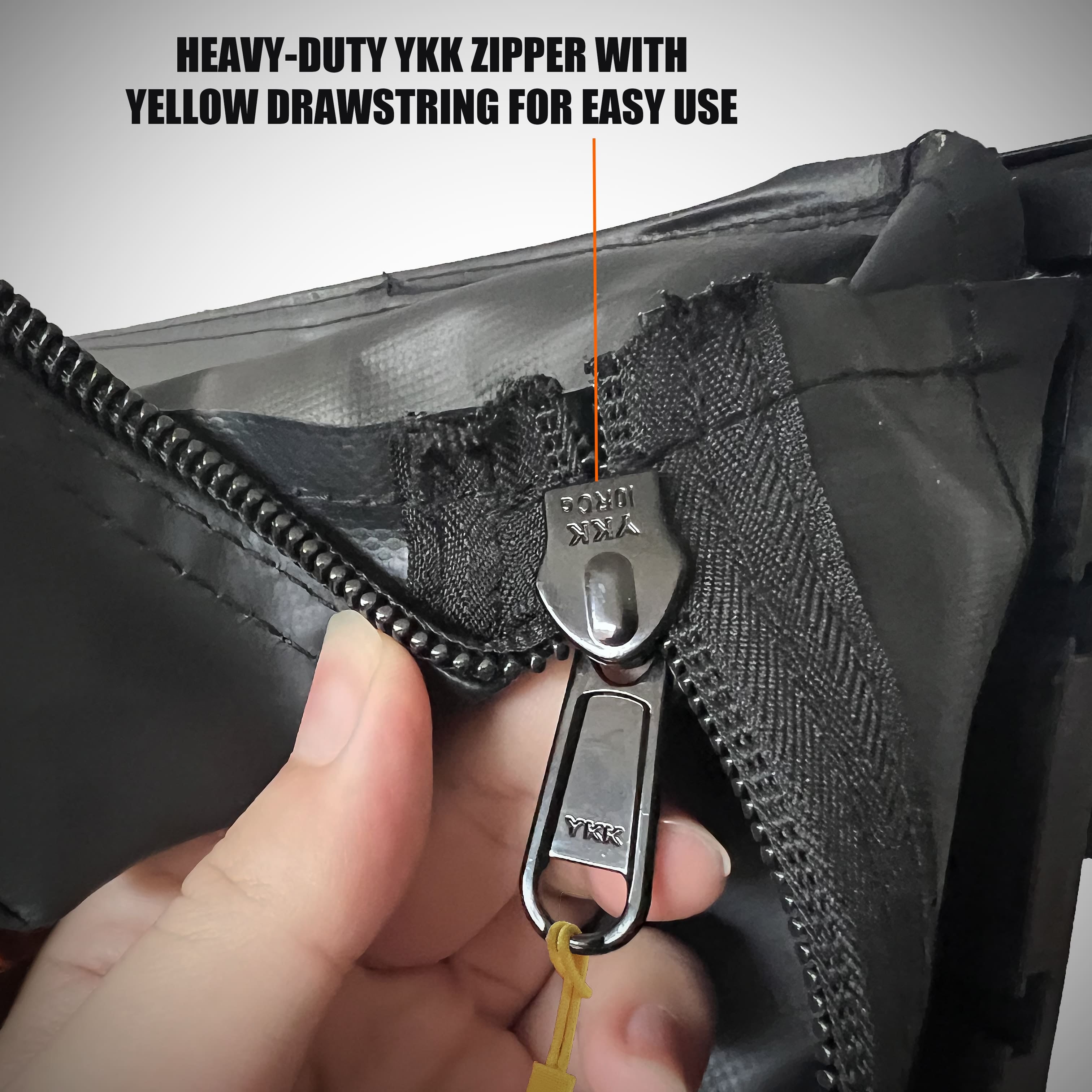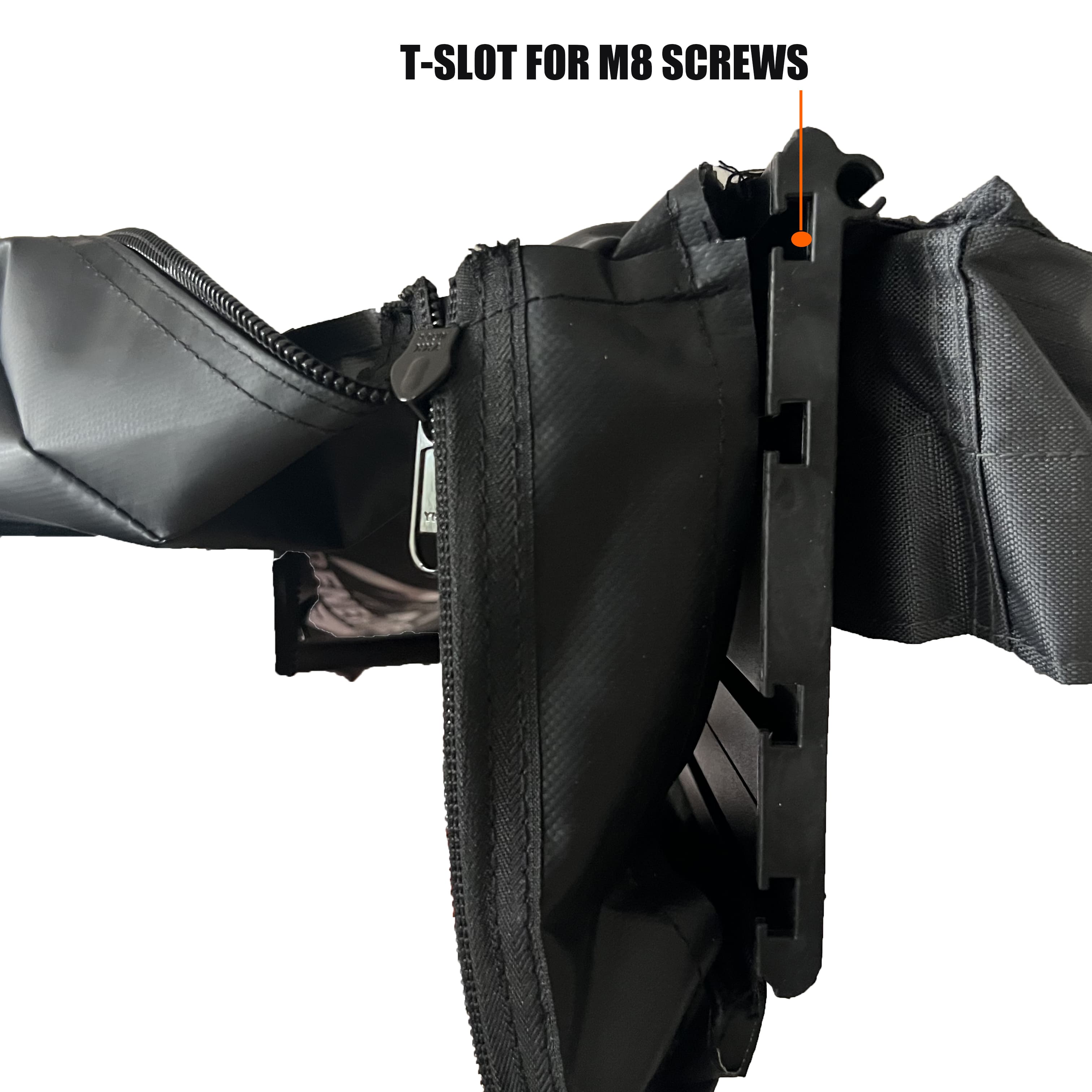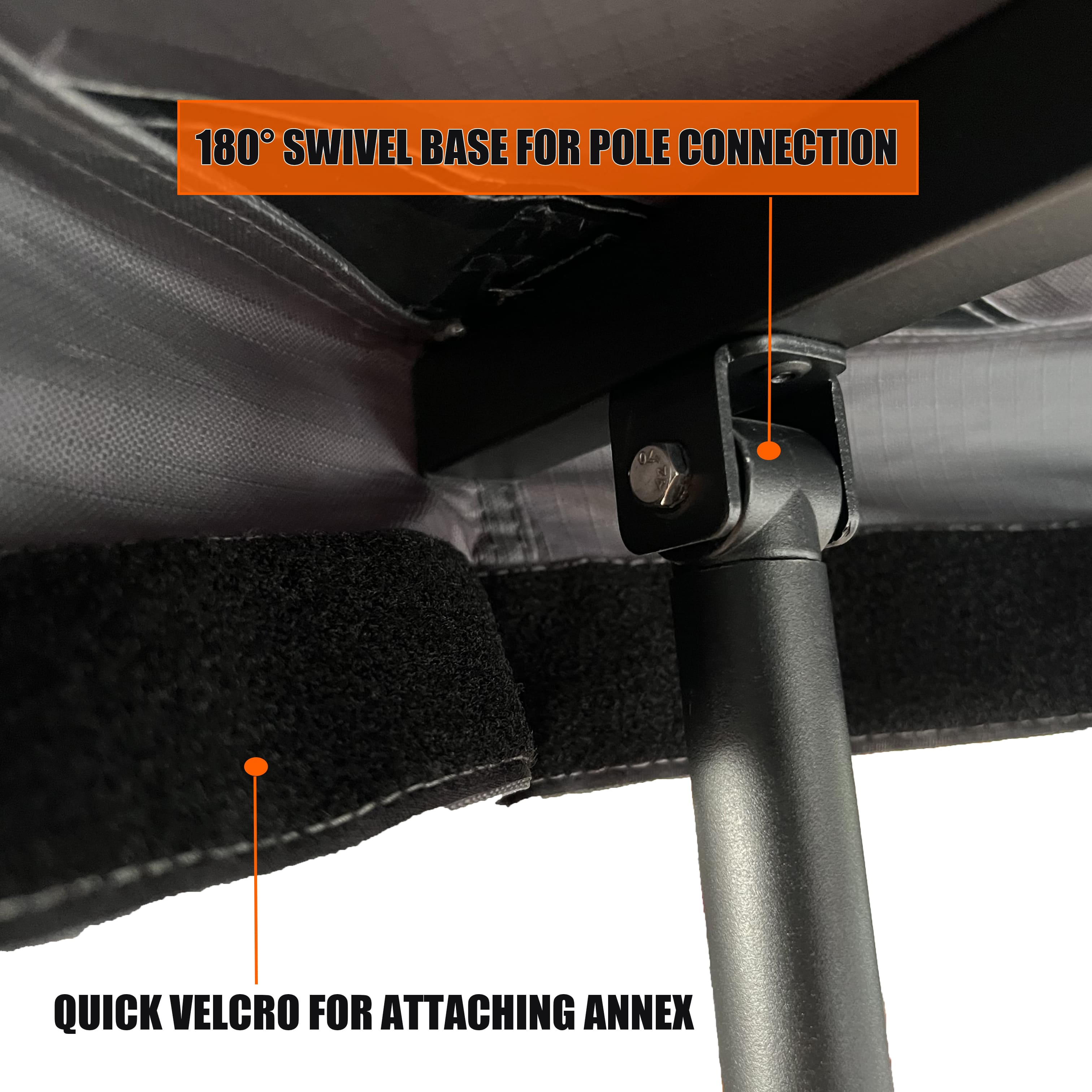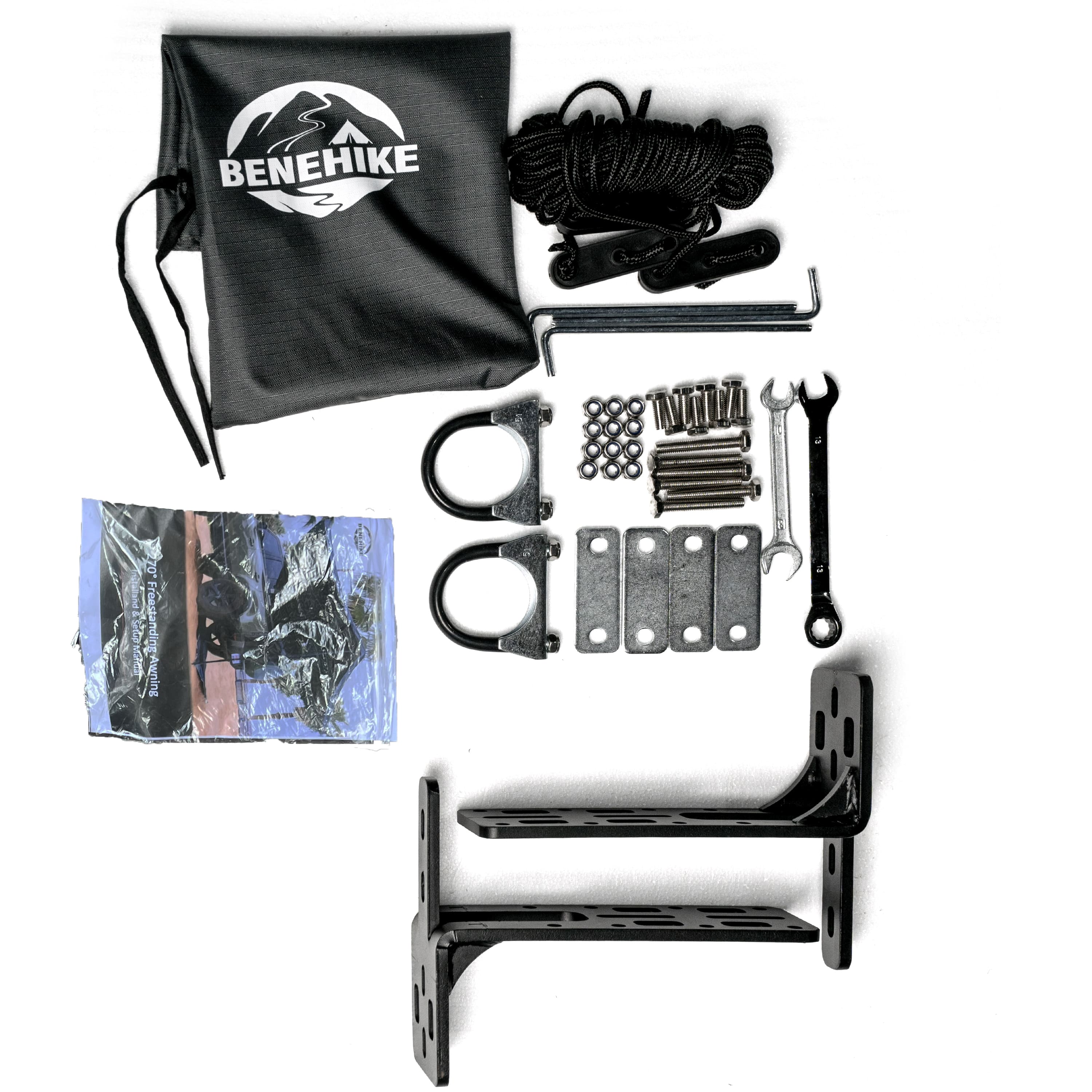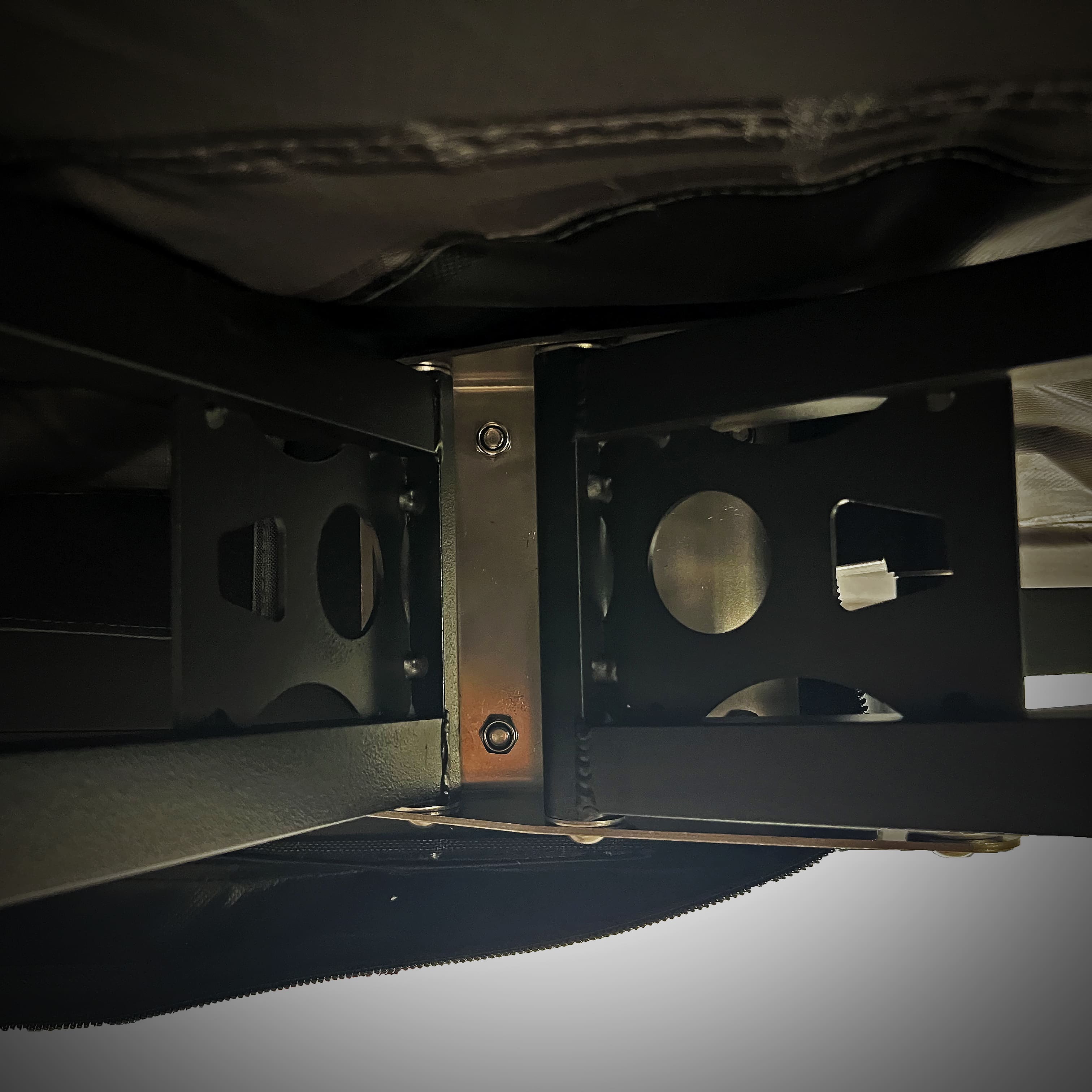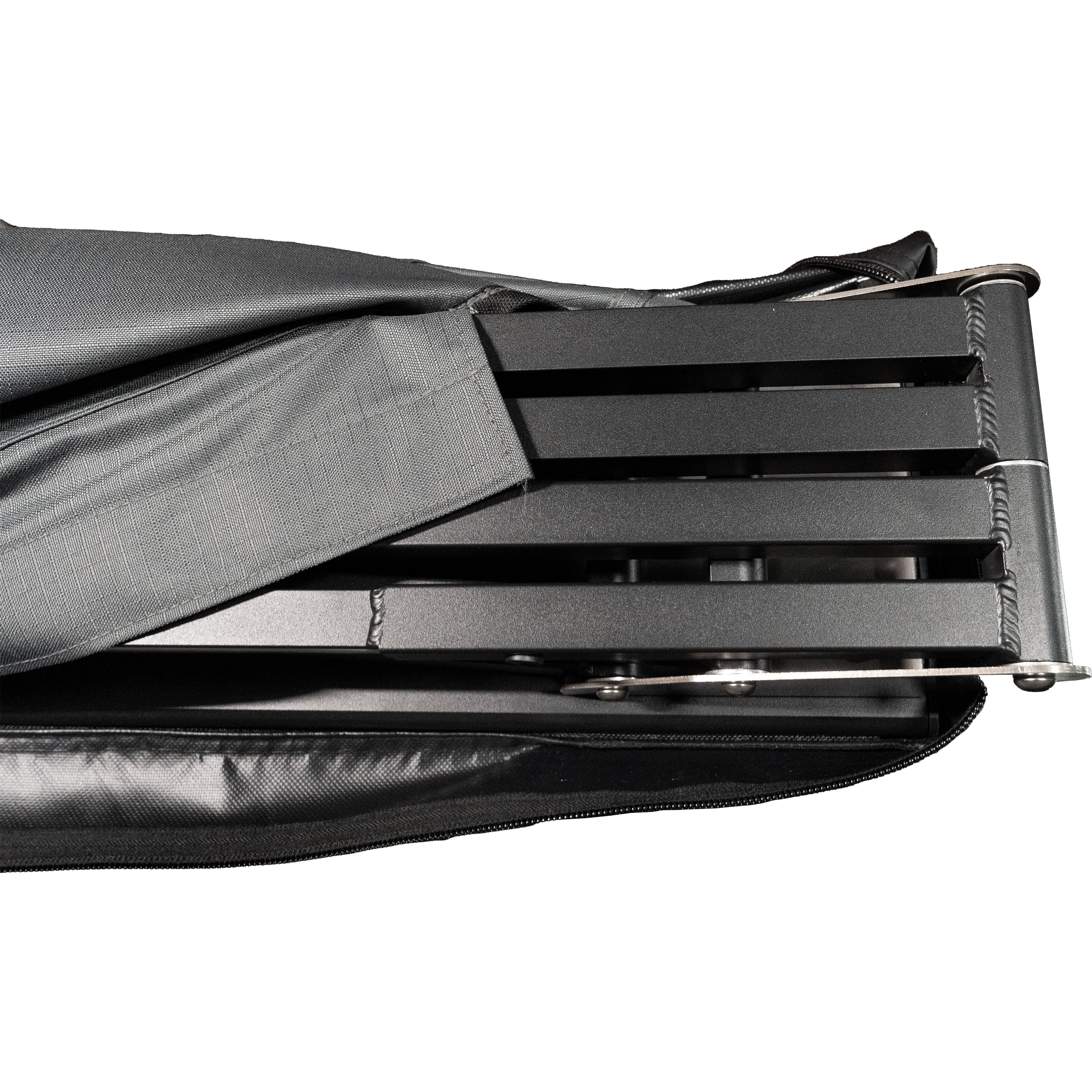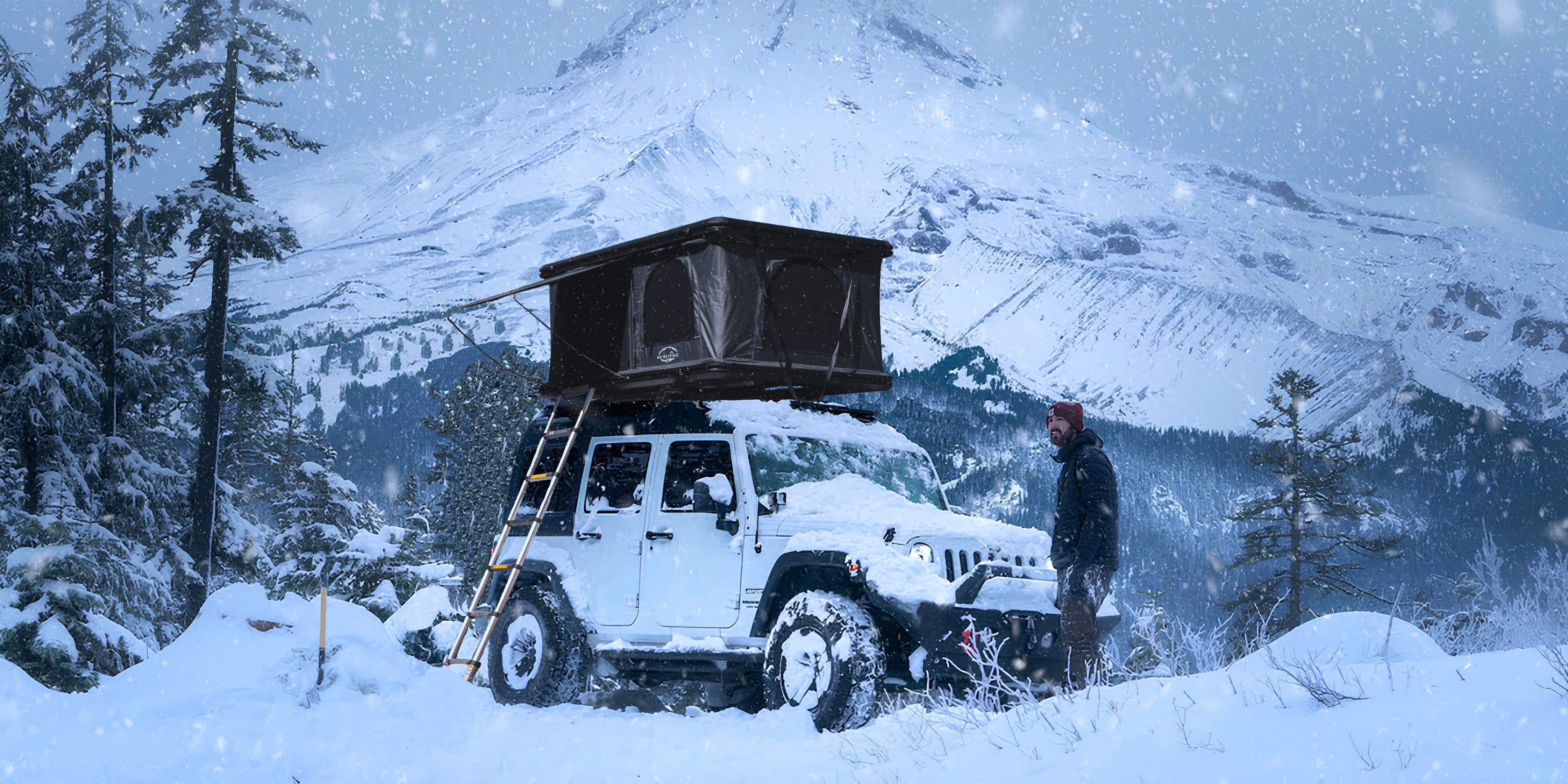Navigation
- Introduction
- Why You Should Use a Rooftop Tent with Solar Power
- The Basics of Setting Up Your Solar Kit for Your Rooftop Tent
- Top Tips for Saving Energy While Camping with a Rooftop Tent
- Conclusion
Introduction
Off-the-grid camping in a rooftop tent powered by solar energy can be an adventure. Escape the confines of typical RV parks and campgrounds, go where few have ventured before, and experience true independence and self-sufficiency.
With a rooftop tent, you can sleep under canvas yet still have the comforts of home. Combine it with a solar power system, and you'll have access to electricity regardless of the availability of utility hookups. Charge electronics run lights, fans and Small appliances, power essential gadgets-and do it all without fossil fuels.
Why You Should Use a Rooftop Tent with Solar Power
Combining a rooftop tent and solar power is just plain brilliance. It opens up many possibilities for adventure and living off the grid in style.
Solar panels charging batteries on your roof allow you to access electricity wherever the road takes you. No more hunting for campsites with power hookups available or worrying about how far you can go on a fuel tank. Point your vehicle south and go! No utility poles are needed.
Solar system helps you set up camp like a king without sacrificing comfort or connectivity. Lights, chargers, mini-fridges, fans - keep everything running that brings you joy. And if there's an outage, don't worry; your solar setup acts as a backup power station, so you stay online.

The Basics of Setting Up Your Solar Kit for Your Rooftop Tent
Choose the right solar panels
Pick panels rated 50-200 watts depending on how many devices you want to power and for how long. Larger panels (100-200W) charge faster, but smaller panels (50-100W) have less weight and strain on the roof. Polycrystalline or monocrystalline silicon panels are durable and long-lasting. Higher VOC ratings provide better performance in variable sunlight.
Install panels securely for stability
Frame mounts attach directly to roof rails, while truck bed mounts attach under the tent frame. Secure panels but do not overtighten to avoid dents or leaks. Ensure mounts cannot shift during travel.

Choose between lead-acid or lithium-ion batteries
Lithium provides more power for its size/weight and lifespan but has higher upfront costs. Aim for 100-300 amp-hours of capacity for multiple days of essential power.

Use a charge controller to regulate charging
30-50 amp controllers work for most setups but higher amperage charges larger arrays faster. It prevents overcharging the batteries.
An inverter converts 12V DC power to 120V AC
Choose "modified sine wave" or "pure sine wave" based on your gear's sensitivity to power quality.
Deliver power with a durable wiring setup
Use properly rated gauge wire with fuses at the battery and inverter for protection. Weather-resistant components prevent corrosion and ensure safety.
Ground the system for protection
Grounding helps prevent dangerous short circuits. Weather seal all connections exposed to the elements.
Install the system yourself or hire a professional
An expert installation provides safe, reliable and long-lasting power for your adventures. They also ensure it meets electrical codes.
Top Tips for Saving Energy While Camping with a Rooftop Tent
-
Choose energy-efficient LED lights or mini-string lights. LEDs use up to 80% less power than incandescent bulbs and last much longer. Use them for any task or ambient lighting.

- Use a battery-powered fan instead of an AC fan. Battery fans are more efficient, cheaper to run and don't require an inverter. Place them for airflow when you sleep, or use a sleepy breeze.
- Unplug devices and chargers when not in use. Many draw power even when idle, so unplug them completely to avoid vampire power loss, which includes chargers, laptops, small appliances and more.
- Keep the refrigerator as full as possible. A full fridge stays cold more efficiently than an empty one. Use insulated cooler bags for additional storage if needed. Choose an absorption-style compressor fridge for the best temperature control and energy usage.
- Select a low-wattage tent ceiling light or lantern. Avoid high-wattage halogen lights, which convert most energy into heat rather than light. Low-watt LEDs, Cree LED lanterns or LED strip lights are great efficient options.
- Use a propane or butane mini portable heater instead of a high-wattage electric heater. These heaters are easier to power than electric space heaters and more efficient than running a generator continuously. Only turn them on when needed to maintain a comfortable temperature.
- Turn off electronics, lights and appliances when not present in the tent. Every bit of power usage adds up over longer camping trips or RV adventures. Develop an "off unless in use" mindset to maximize your solar/battery capacity.
- Consider using a motion sensor light. A motion sensor activates lights automatically when motion is detected for added convenience. It ensures lights do not stay on accidentally when the tent is empty. Look for models rated for outdoor/enclosed spaces.
- Run the generator sparingly or not at all if possible. Generators guzzle fuel and release emissions, so limiting their use has big environmental benefits and saving money on gas. Troubleshoot ways to minimize generator dependency for powering essentials.
Conclusion
Pairing solar panels and a rooftop tent, you unlock a thrilling new level of freedom and self-sufficiency for your adventures. Escape the limits of campgrounds with hookups and utility access behind you. Go where few have ventured before, untethered by fuel constraints or reliance on the grid.
With a well-designed solar power system charging batteries on your roof, essential comforts and connectivity are within reach wherever you roam. Lights, chargers, mini-fridges, fans and more can keep you camping in style without sacrifice. You'll gain independence by reducing your environmental footprint and lifetime costs versus traditional means of powering vital off-road gear.
The world awaits you over the next solar-powered horizon. Adventure calls! Use this guide to set up your dream solar camper setup, gain the skills and confidence to hit the road and tackle mother nature's greatest playgrounds. Say goodbye to limitations and hello to a life lived without bounds. The future of overlanding is bright, and solar makes it possible.
Read More
- Hard Shell vs. Soft Shell Roof Top Tents: Which is Best for Your Car?
- Why You Should Invest In A Roof Top Tent: The Benefits Of Camping On Your Car
- Perfect Pop-up Tent: How to Choose the Best One for Your Car Roof
- Find Your Perfect Rooftop Tent: A Comprehensive Guide to Shopping Online
- 5 Top Features to Look For Your Rooftop Tent

